|
|
Original text:
Cernebam tetrum lustrans per saecula monstrum
Visibus horrendum, nec dictu effabile quodam,
Pignora purpureo maculat quod sanguine terrae.
In varia caedes mortalia pectora cogens,
5 Dira fremens saevo passim cum murmure Martis
Ignea inferni animabus Tartara complet.
Terrigenasque tamen demulcet mente dolosa,
Auri materiem et fulvo splendore metalla
Sumant ut pretium, trucidato fratre gemello,
10 Aut gnatus auro bibat, genitore perempto.
Insane sapiunt homines, quia belua maligna est,
Tot tantosque viros multis cum matribus una
Tetrica crudelis trudens ad limina Ditis.
Haud secus alloquitur mortales ore superbo
15 Bestia pinnipotens: “dominans sum finibus orbis,
Horrendam dicunt me omnes, sed famine ficto,
Carior at multis conprobor lumine vitae.
Ast ego infesta crudelior hostibus omnes
Invisos habeo, et cum strofa sternere nitor.
20 Non quisquam in terris numerus aut calculus aequat,
Milia quot passim strofosa morte peremi.
Reges et proceres docui temerare premendo
Foedera atque pares pariter propriosque propinquos.
Haud secus ut populi perdant sua iura minores.
25 Pontifices multos temptans per devia duxi,
Candida ut meritis non scandant atria caeli,
Presbiterosque simul vastans per lucra peremi,
Ordinibus sacris degentes sterno phalanges,
cum semel adgrediens comitabor fraude monachos.
30 Cetera feminei sexus seu turma virorum
Si mihi consentit mortalia grana serenti,
Perpetuae perdet mercedis lucra perennis,
Horrida pestiferis cumulat tormenta maniplis.
Divitis et cuius propria dominabor in aula,
35 Sollicitus pauper fit rebus semper egenus,
Nequicquam dapibus saecli saturatur opimis,
Et mentis longa merendo pace carebit,
Omnes magnanime spernit virtutis amicos.
Iustitiaeque fidem et pacem depello serenam,
40 Et Christi humilitas longe disperditur a me.
Sanctorum mansit numquam patientia mecum,
Misericordia non umquam mea tecta videbat,
Semper me horrescens fugiet dilectio sancta.
Natas priscorum clamant has carmina vatum
45 Regis caelorum summa qui regnat in arce,
Quas ego invisas damnando semper habebam.
Qui me bachantem sua subter tecta recondit,
Concito caede furens, irarum maxima mater,
Alter ut alterius fratres sua viscera rumpant.
50 Conditor excelsus, dudum qui saecla creavit,
Non me formavit pariter sub lege creandi,
Sed priscus dudum in paradiso viscere natrix
Edidit invisam superis sub fraude maligna.
Inlicio plures stolidos me amare ferocem,
55 Dulcius ut mulsum quaerant quam nectaris haustum.
Quique tenet strictim strofosis actibus unam,
Amplius in sceptris mundi invitatur habere.
Non quod cernit habet caecatis mentibus errans,
Nec suus est proprius, sed sic mihi servus habetur.
60 Athletis Orci dicor “dulcissima virgo,”
Caelicolae econtra vocitant me “pessima belua,”
Quod plures populos mordens sub Tartara trusi.
Audivi quendam procerum dixisse priorum,
Inlustrem factis, famoso nomine Paulum,
65 Cunctorum stirpem et causam me esse malorum.
Prendere hunc mihi si traderet arbiter orbis,
Mordendo trepidi tremerent sub dentibus artus.
Translation:
I saw a foul monster roaming throughout the world
terrible to the eye and completely unspeakable,
and who stains the children of the earth with deep red blood
forcing mortal hearts into various murders,
5 and, roaring fearfully with the cruel growl of Mars,
it fills fiery, Tartarian hell with souls.
Yet it seduces the earth-dwellers with its cunning intelligence
to accept things of gold and metals with a golden glow
as payment after they have killed their twin brother,
10 or so that a child drinks from gold, having murdered their father.
Humans fall into madness, because the monster is evil,
shoving so many and such great men, together with many mothers,
across the fierce boundary of cruel Dis.
In the same way, the strong-winged beast addresses mortals
15 with haughty speech: “I rule to the limits of the earth,
and everyone calls me terrible, but with their lies,
yet I prove dearer to many than the light of life.
But, troublesome and crueller than other enemies,
I hate everyone, and I strive to destroy them with trickery.
20 No number or calculation on earth is equal
to the thousand or more I have destroyed everywhere with deceitful death.
I have led kings and princes violently to dishonour
contracts, and their own kin and counterparts too.
In the same way, lower peoples may destroy their own laws.
25 I have tempted many bishops and led them into error,
so that they do not ascend to the bright halls of heaven.
Likewise, I have extinguished and annihilated priests through greed,
and I strike down legions of those who live in holy orders
whenever I meet monks and serve them deceitfully.
30 If the remaining group, both of women and men,
join with me, who sows deadly seeds,
they will squander the everlasting profit of an eternal reward,
and store up awful tortures in baleful bundles.
And the rich, in whose hall I will rule,
35 become a troubled pauper, always needy for things,
never satisfied by the rich feasts of the world,
and they will lack any long peace of mind, which they do not deserve,
and despise all their most virtuous friends.
I strike down faith in justice and serene peace,
40 and Christ’s humility is widely wasted by me.
The patience of the saints has never stayed with me,
mercy has never looked under my roof,
and holy charity always flees from me in fear.
The songs of ancient poets call out to these children
45 of the king of heaven, who rules in the highest castle;
I always hated and rejected them.
He who hides me, wild and furious, beneath their roof,
I encourage to commit murder, the greatest mother of wrath,
so that one brother tears open the stomach of the other.
50 The high creator, who once created the world,
did not make me under the same law of creation,
but rather, some time ago, the ancient serpent in paradise produced
me from its belly with evil deception, detested by those on earth.
I entice more idiots to love me, the wild one,
55 so that they seek a sweeter mead than the drink of nectar.
Anyone who briefly possesses this one, with twisted deeds,
is invited to live more richly in the worldly kingdom.
In error, he does not have that which he sees in his blinded mind,
nor does he belong to himself, but rather he is regarded as a slave to me.
60 I am called “sweetest virgin” by the champions of Orcus,
and, on the other hand, the angels call me “the evilest monster,”
because I have hurt many nations, pushing them down into Tartarus.
I have heard that a certain great ancient,
famous for his deeds, with the renowned name of Paul,
65 said that I was the root and cause of all evils.
If the judge of the world betrayed him to me,
his terrified limbs would tremble beneath biting teeth.
Note that this riddle appears as No. 3 (De vitiis) in Glorie’s edition and 13 in Orchard’s edition.
Line 57, vitatur > invitatur, following Andy Orchard (ed. & trans.). The Old English and Anglo-Latin Riddle Tradition. Dumbarton Oaks Medieval Library. Cambridge, Mass.: Harvard University Press, 2021. Page 208.
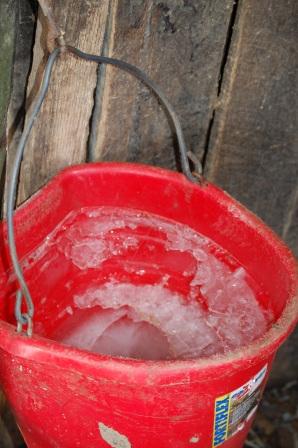
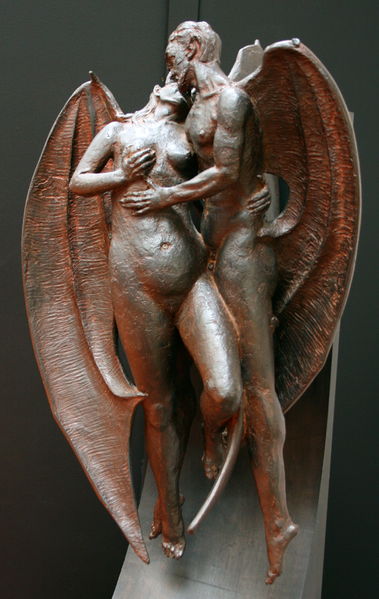
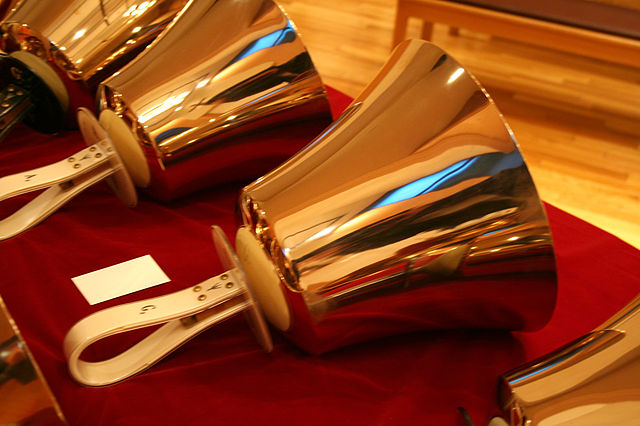


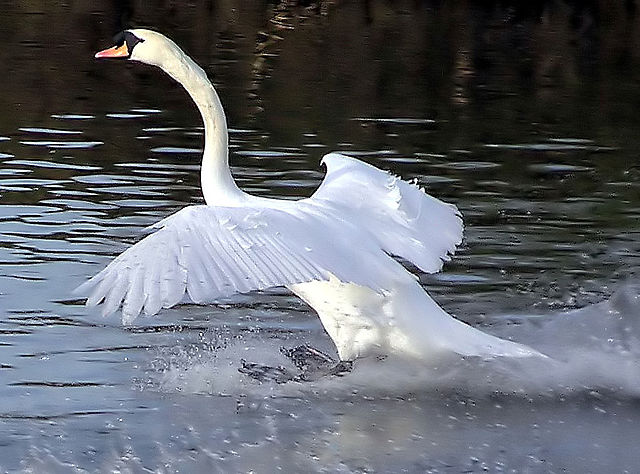



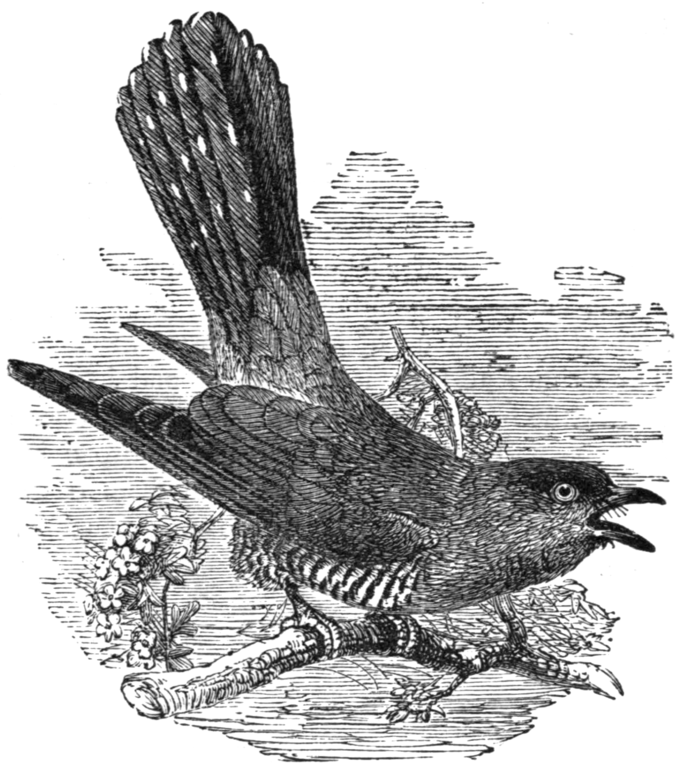

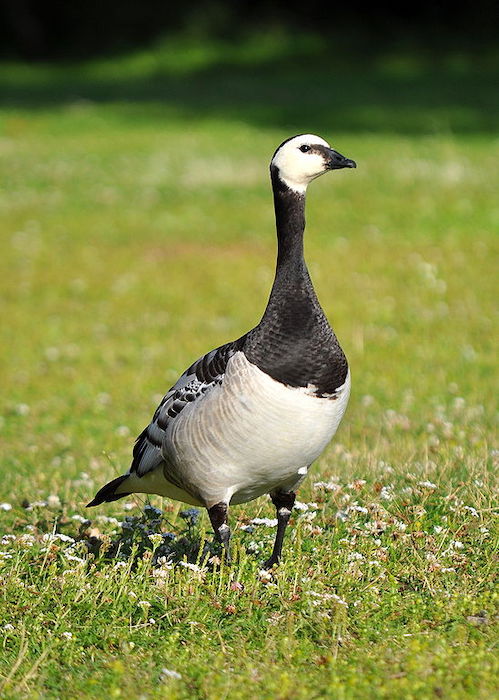
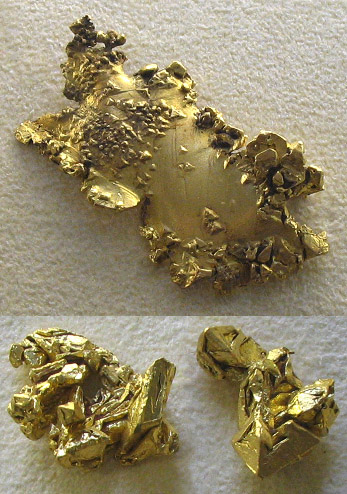
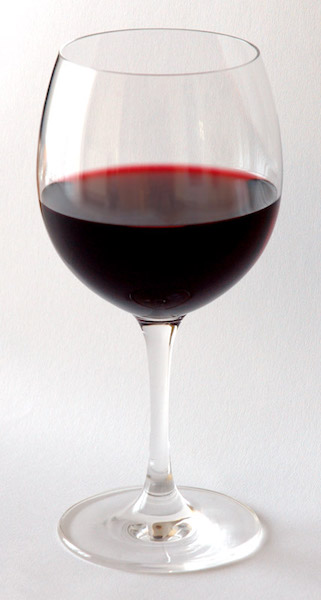
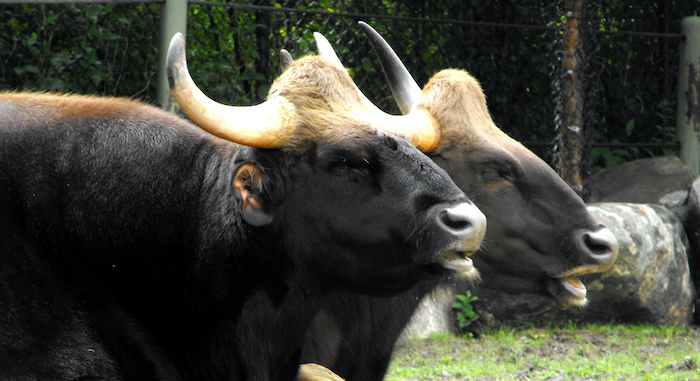
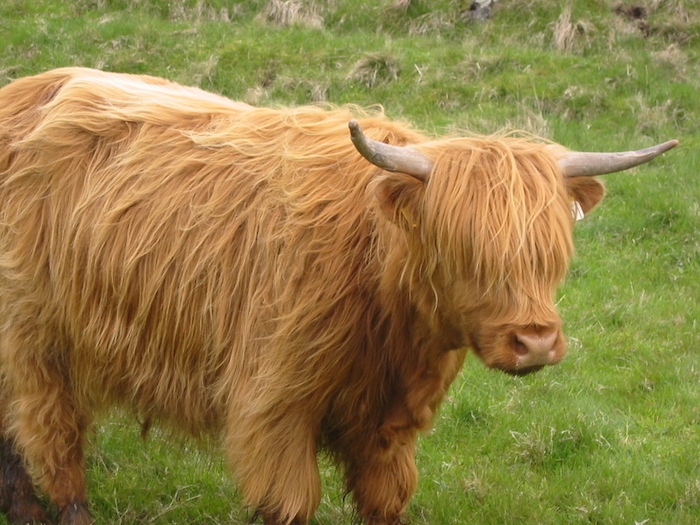
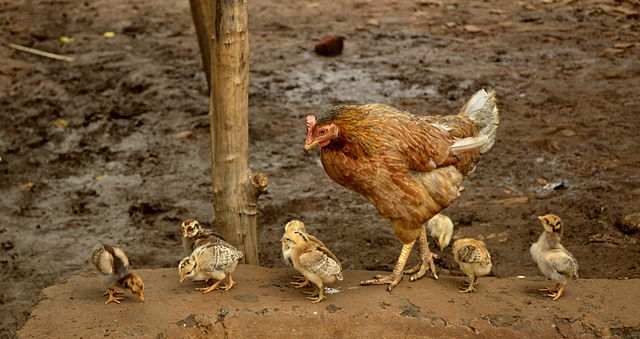
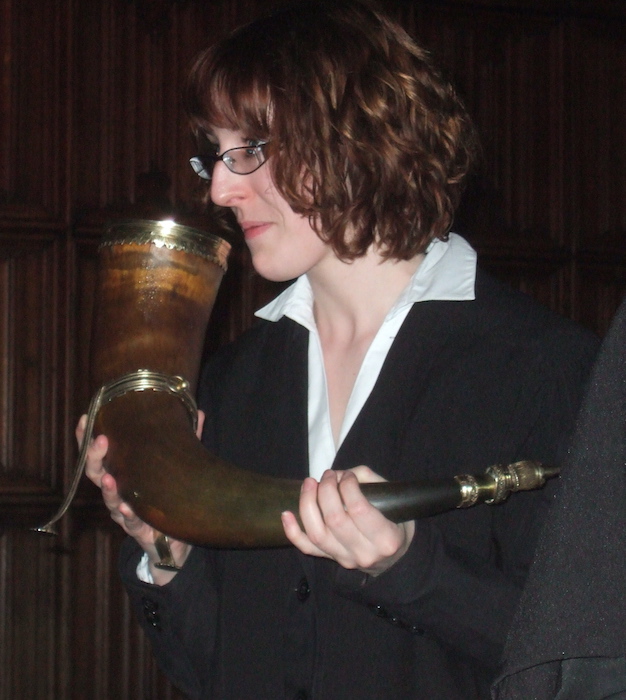
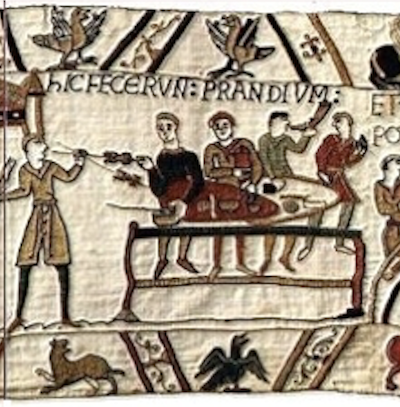
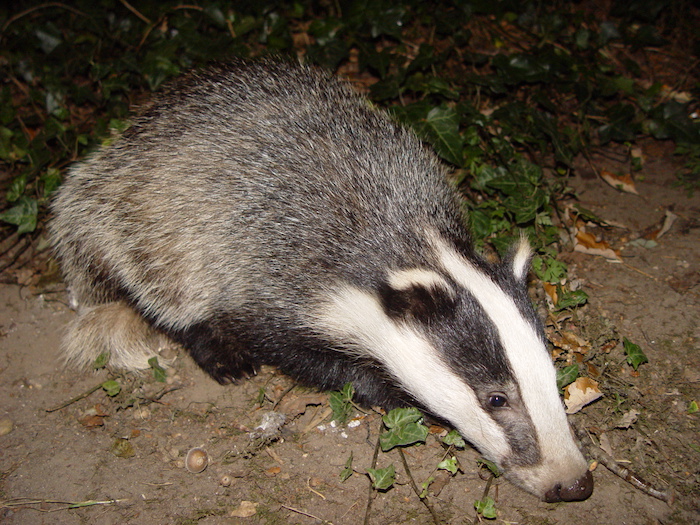


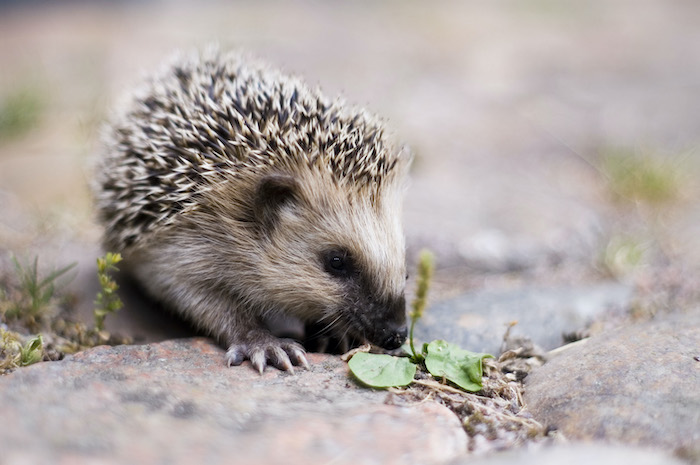
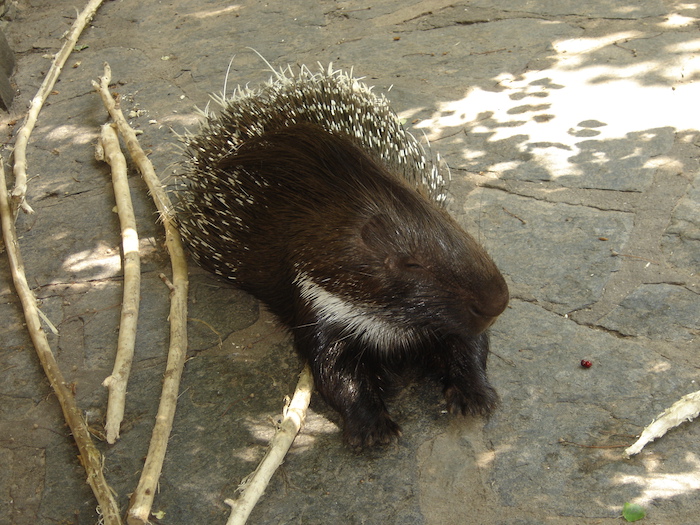
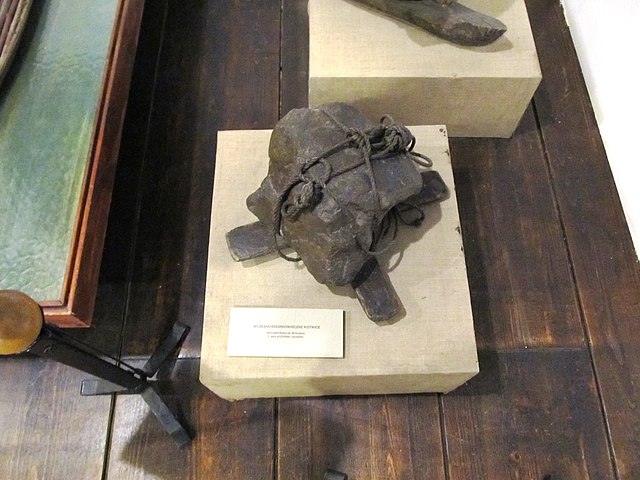
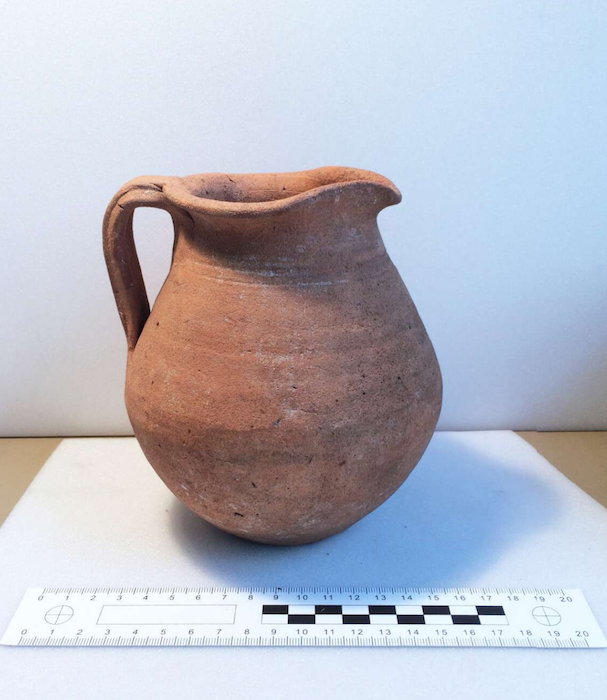
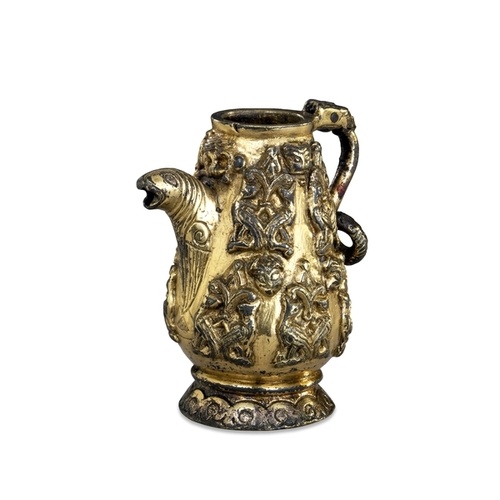
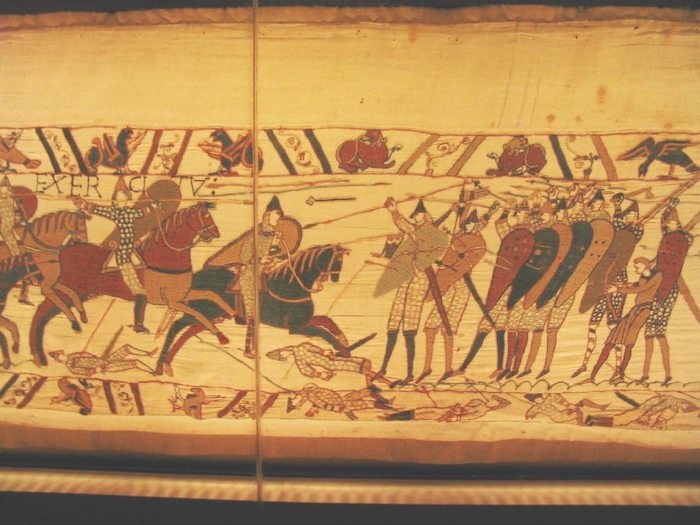

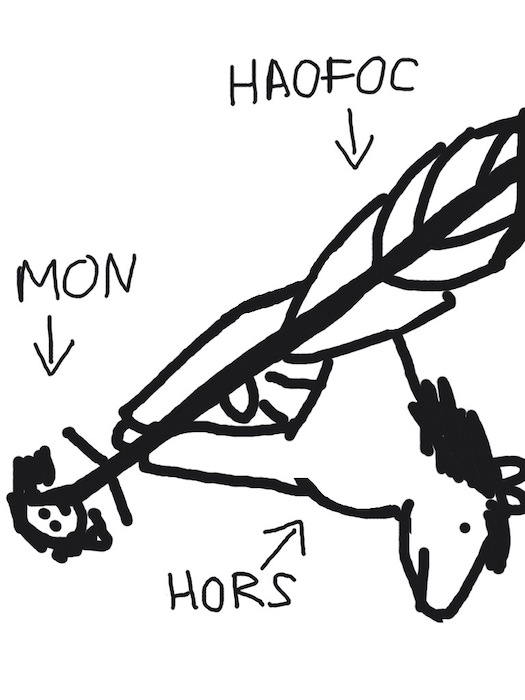

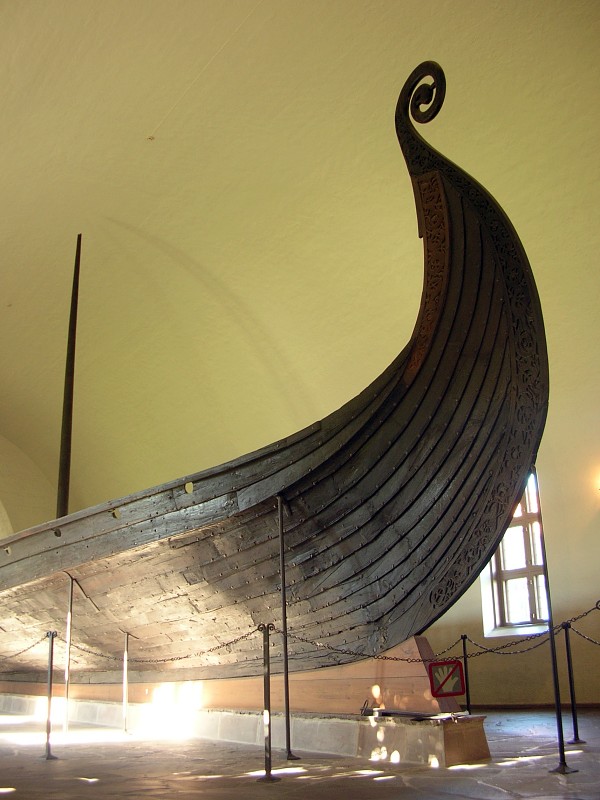

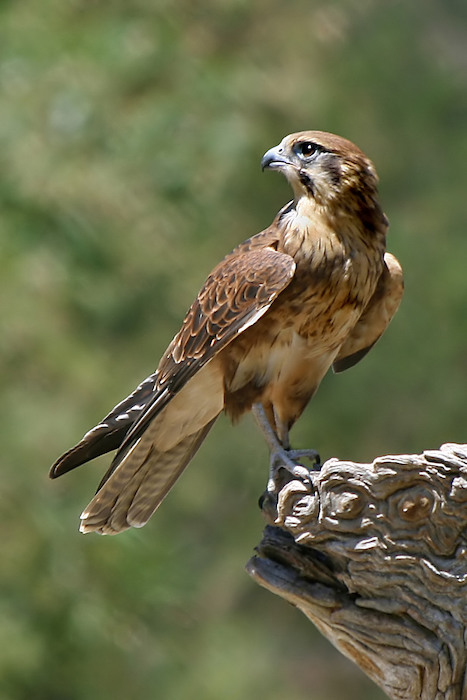

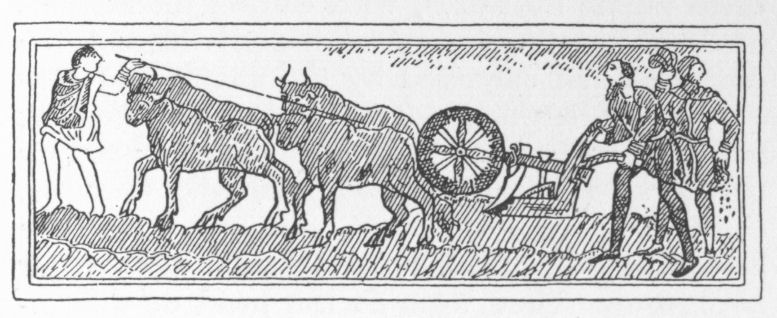
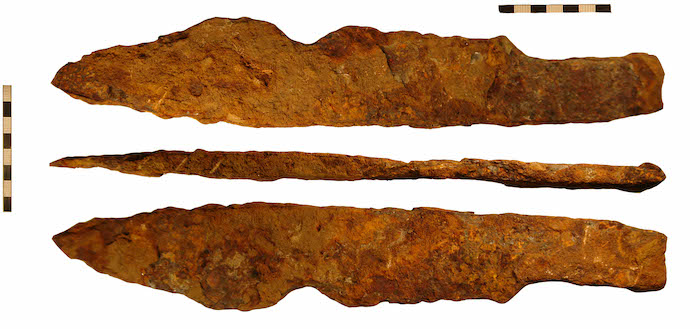
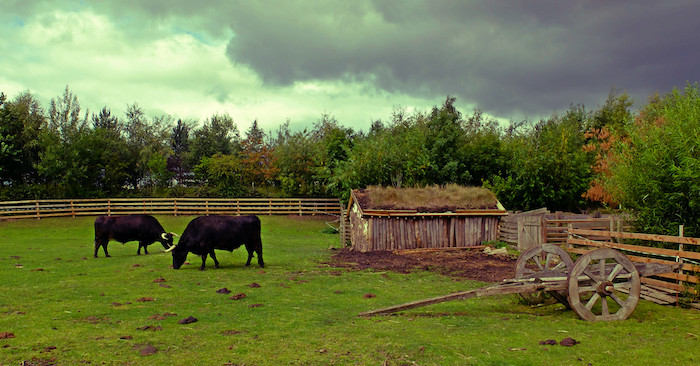
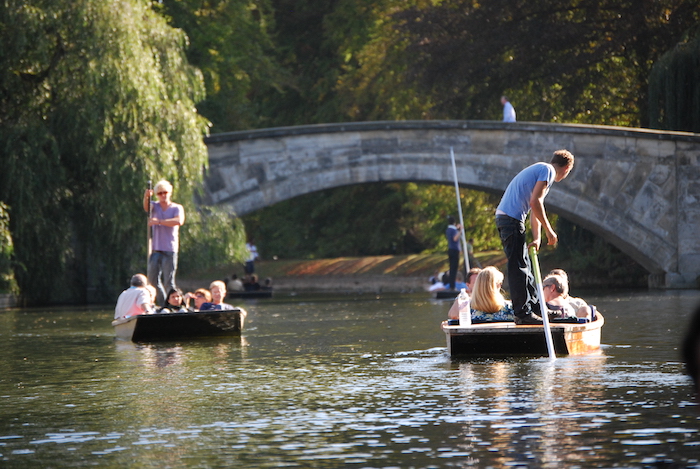
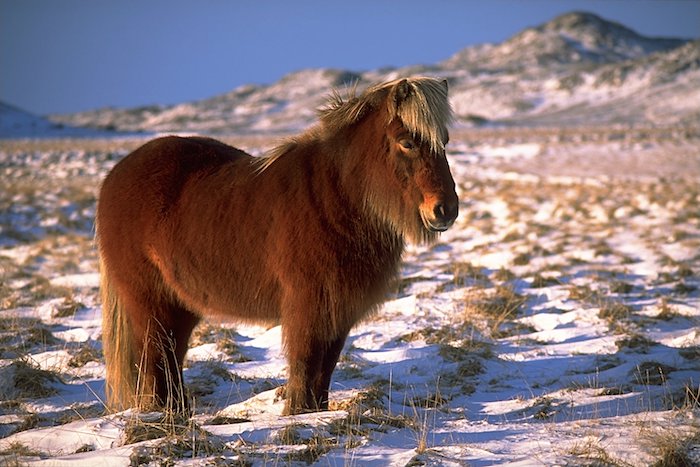

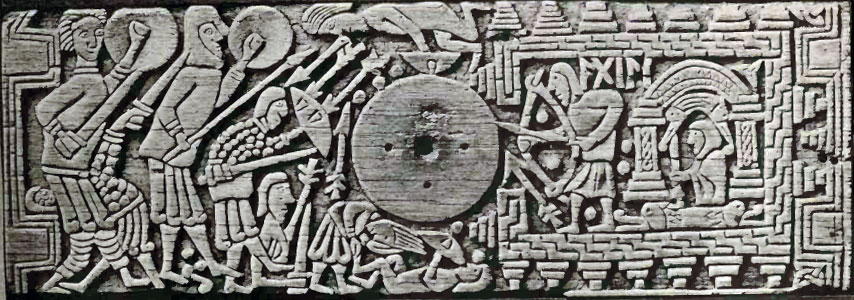
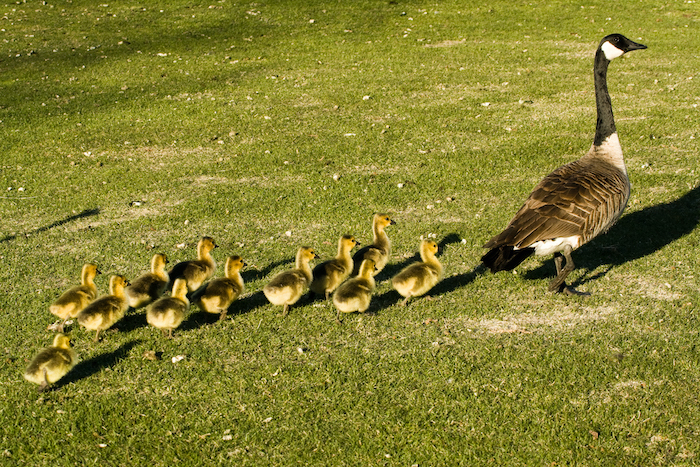

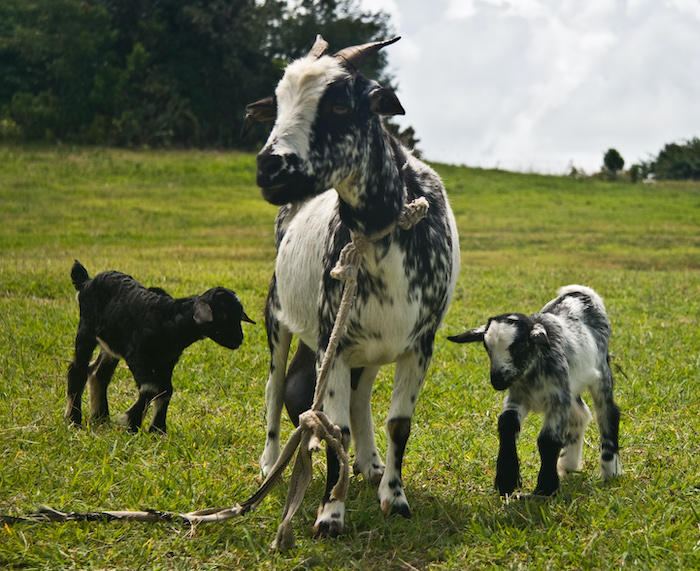

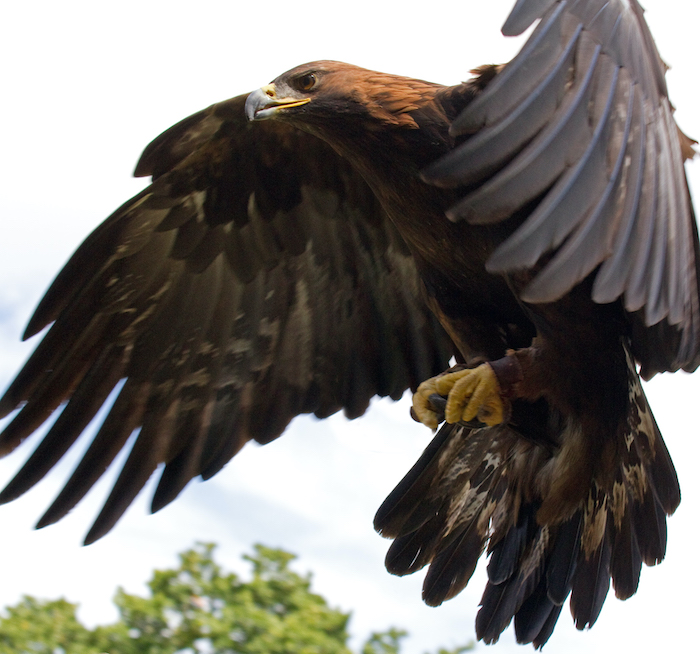
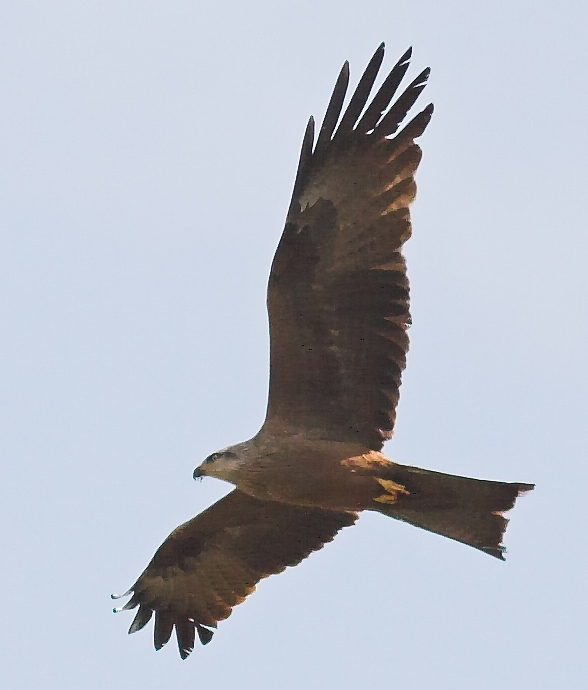
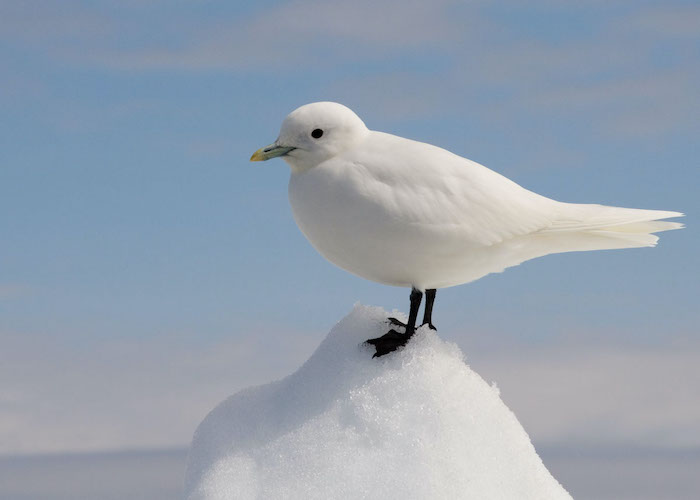
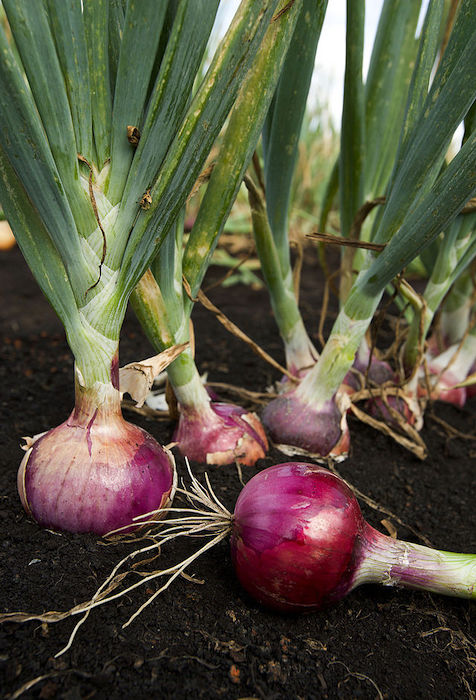
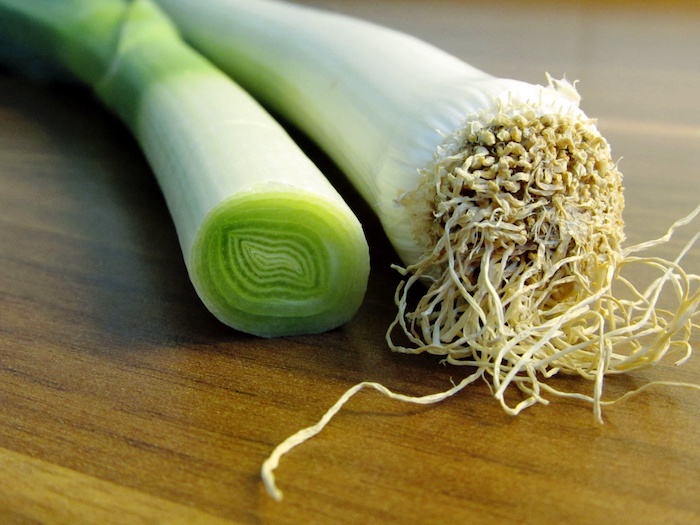
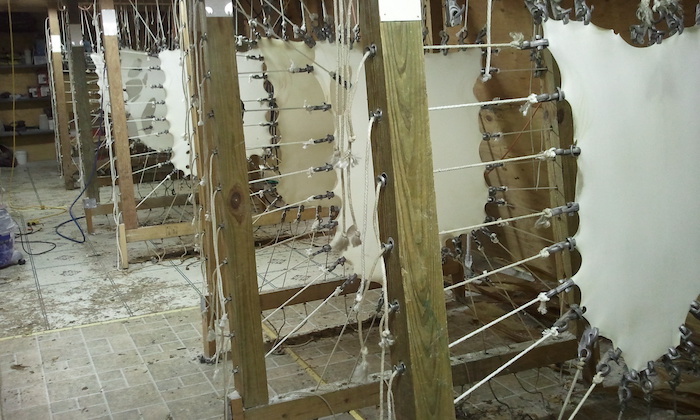
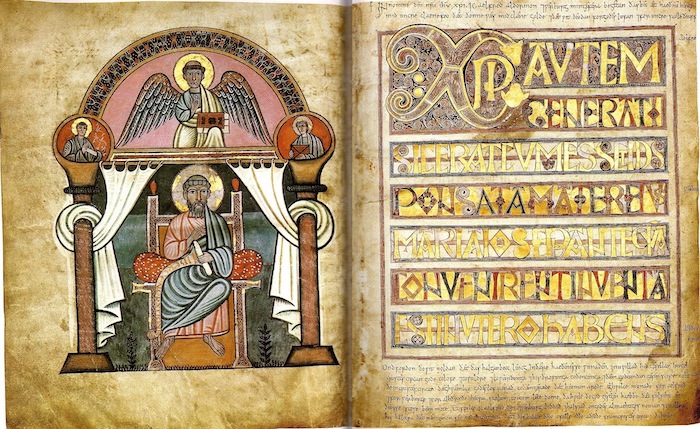
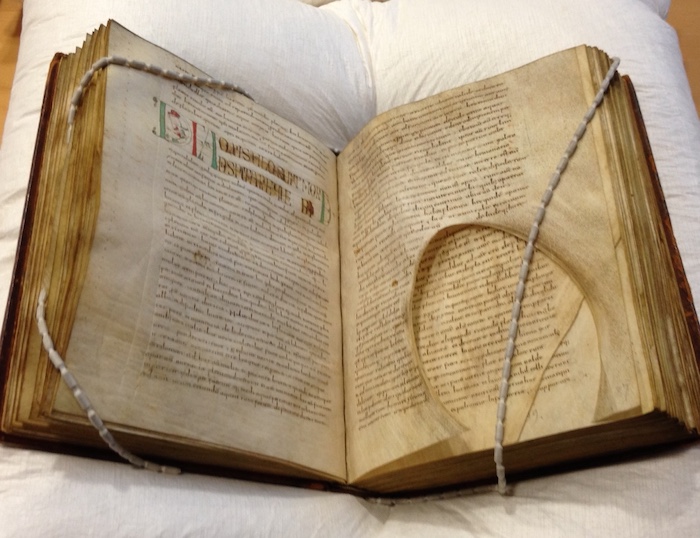
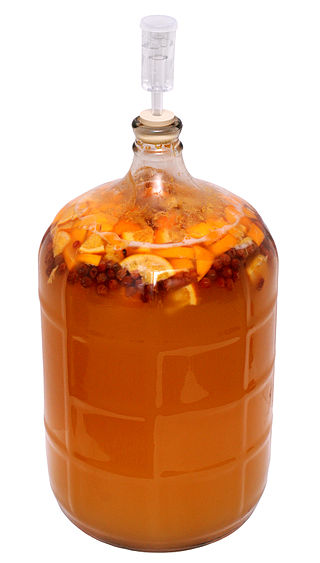
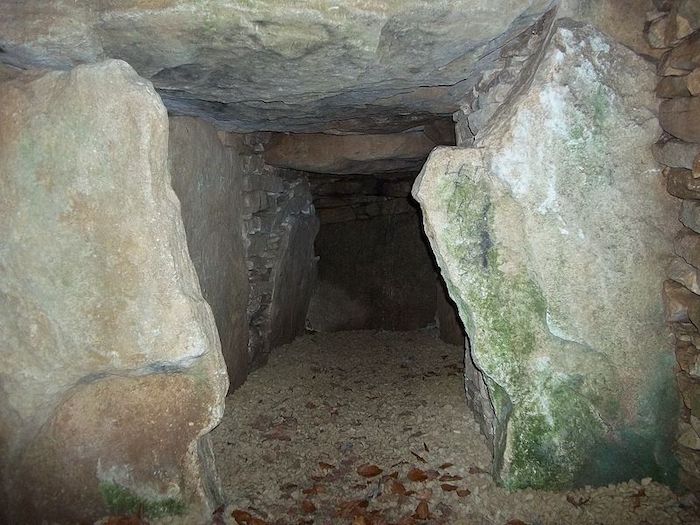
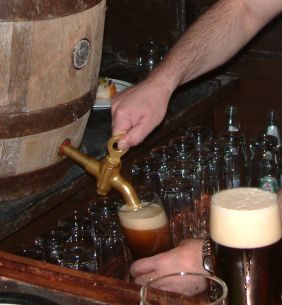
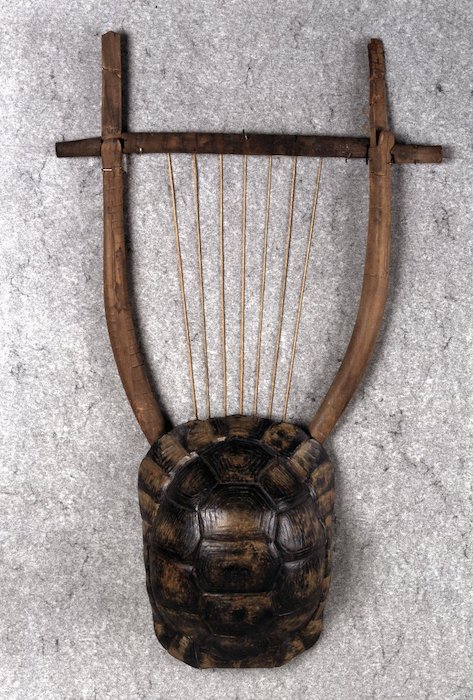
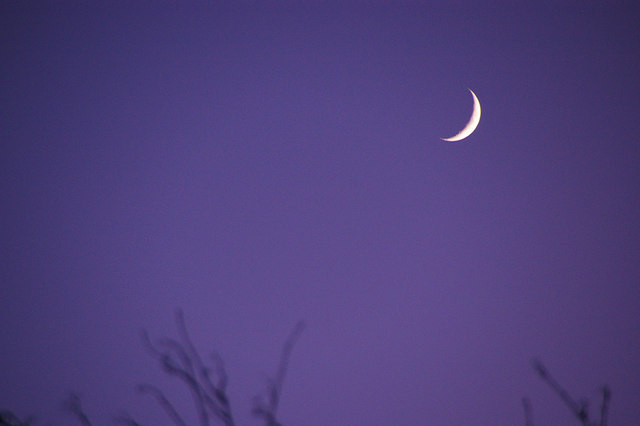


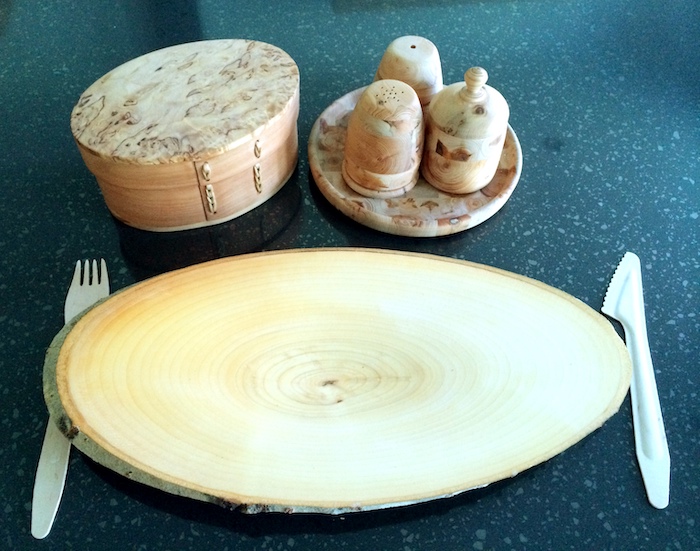
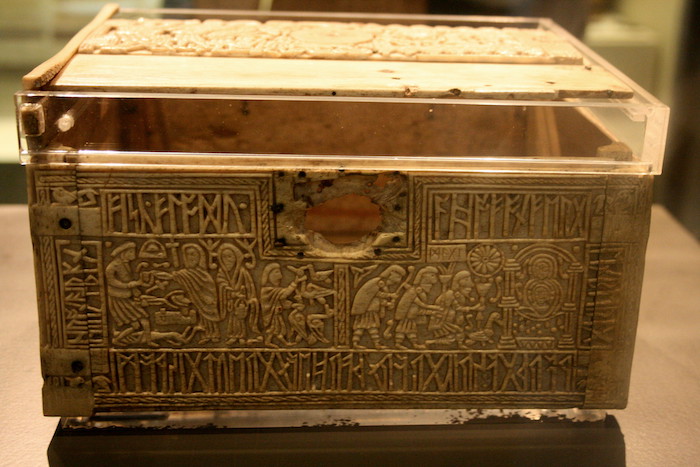

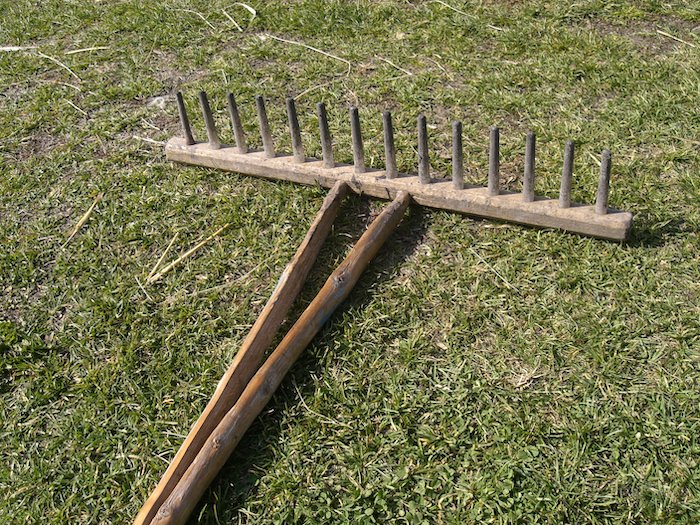

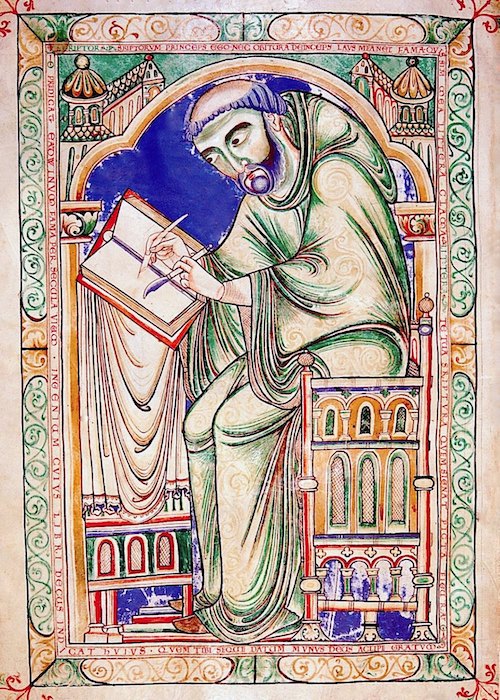
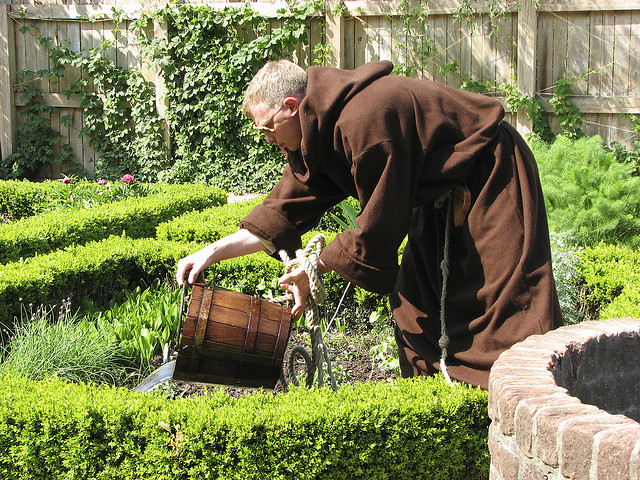
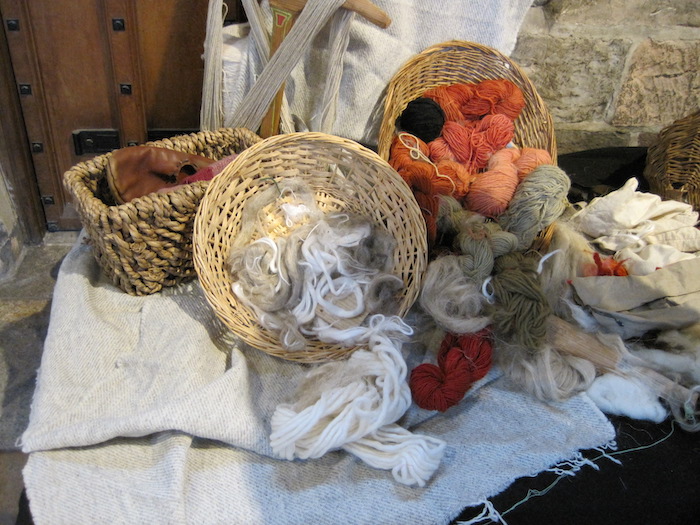
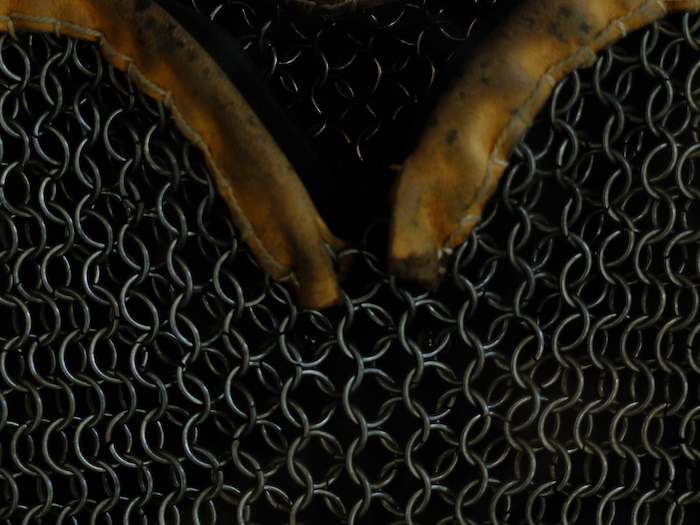

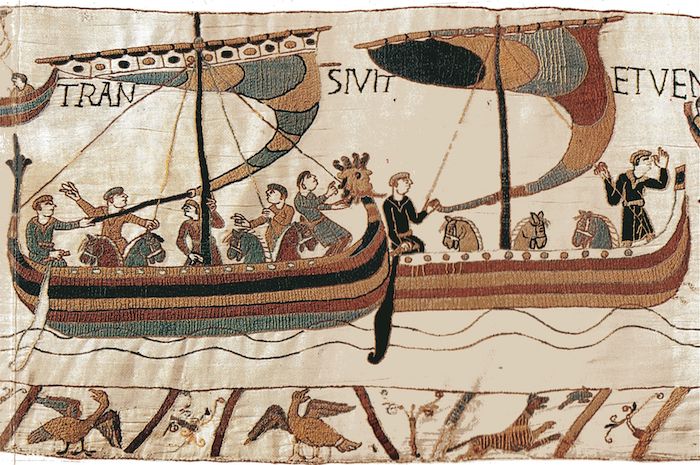
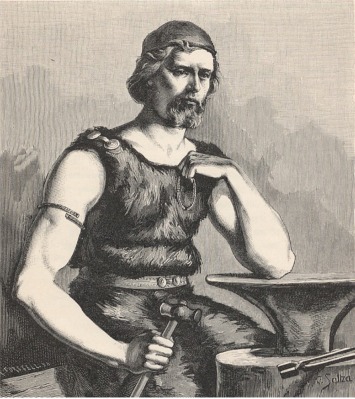
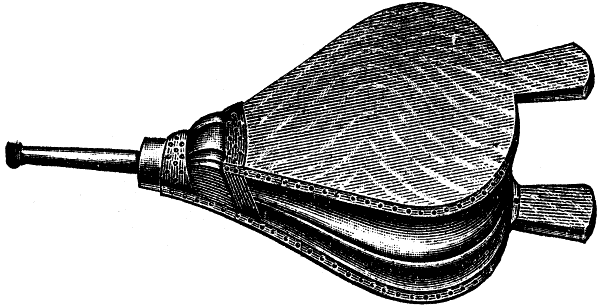
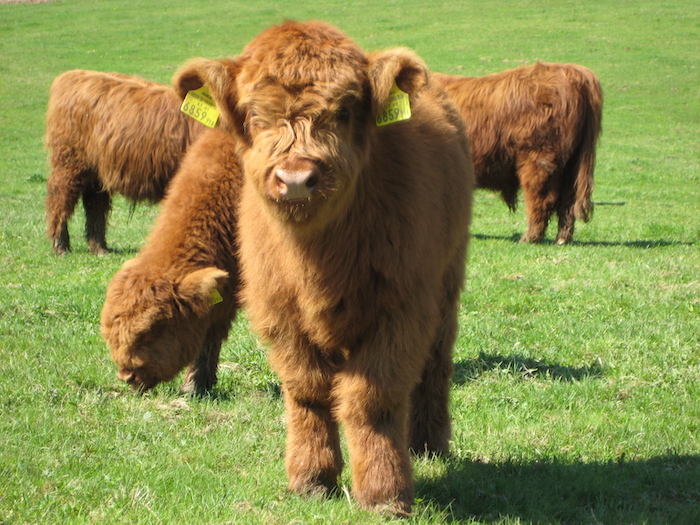
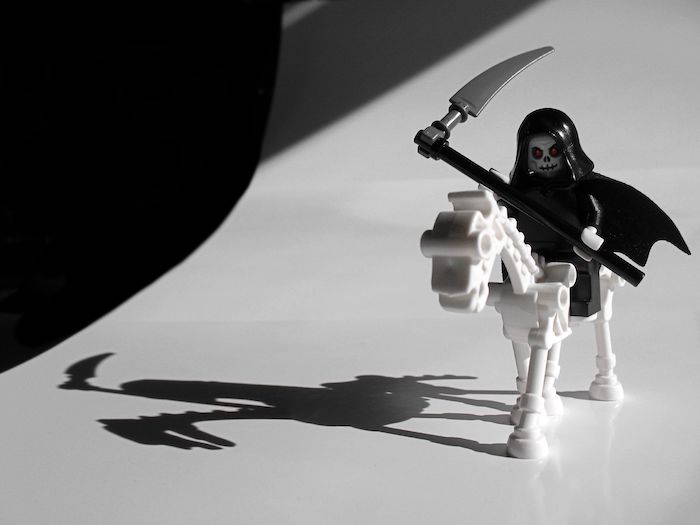

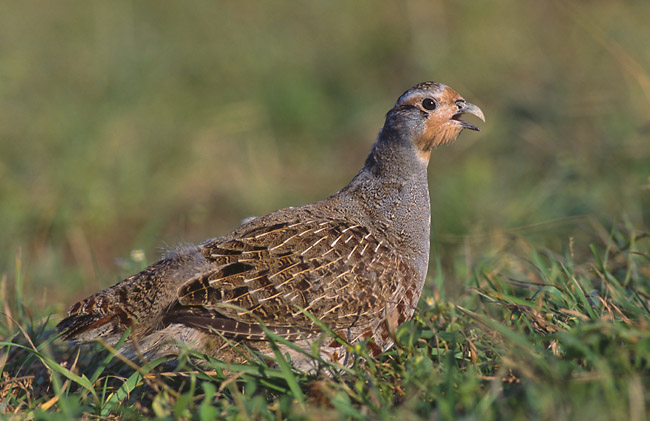
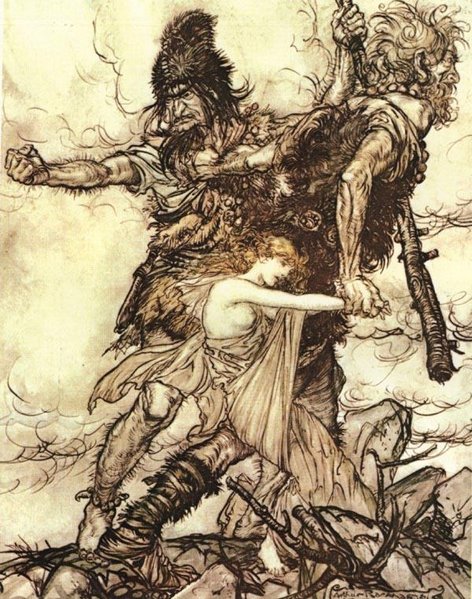



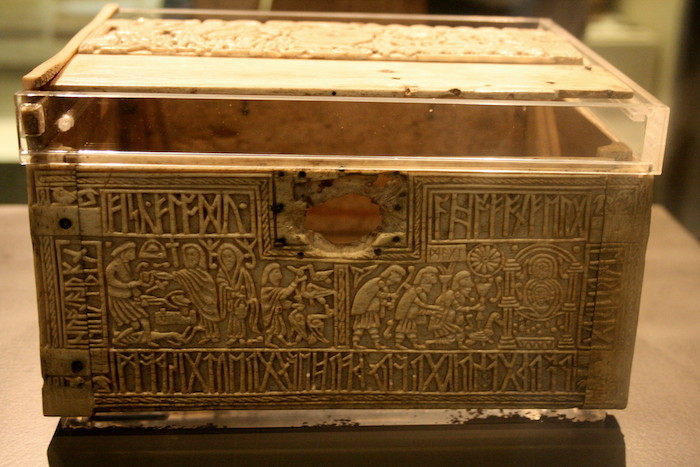



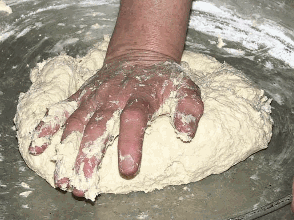
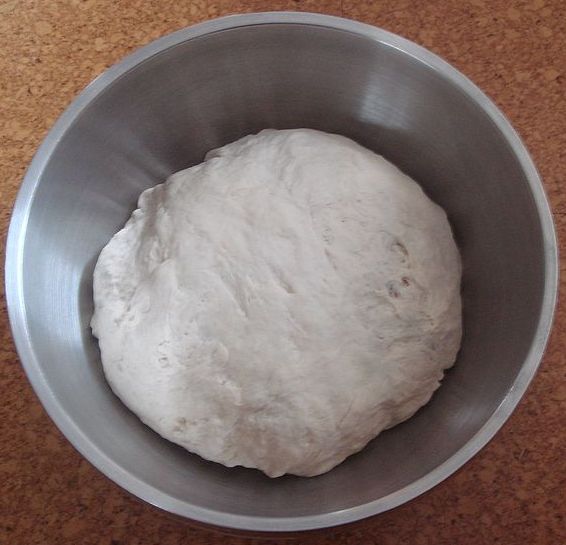
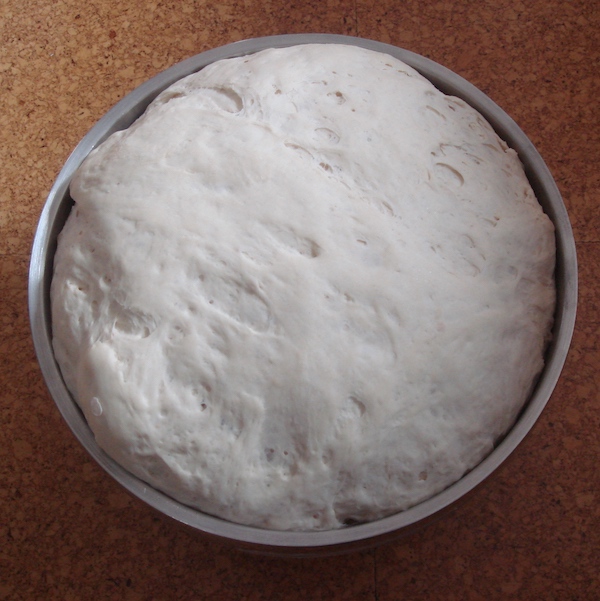
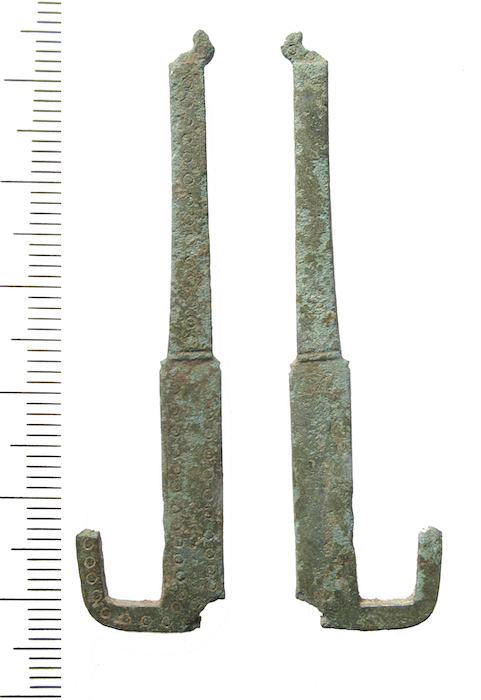
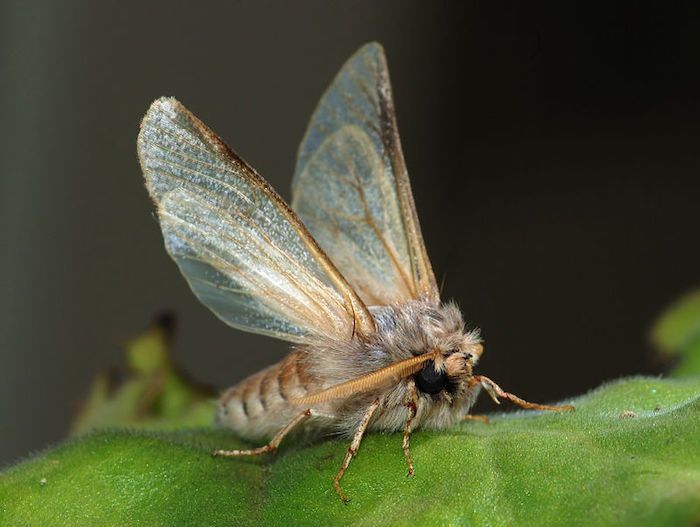

 >
>
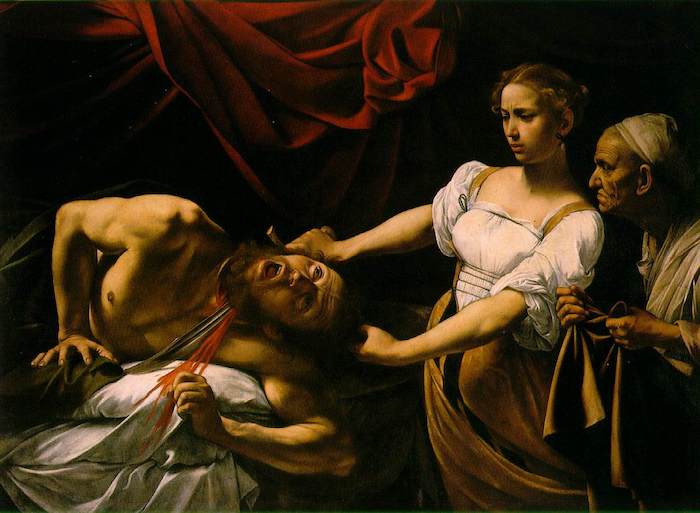

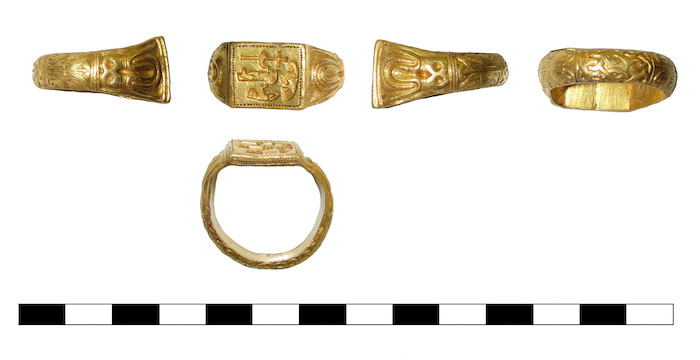
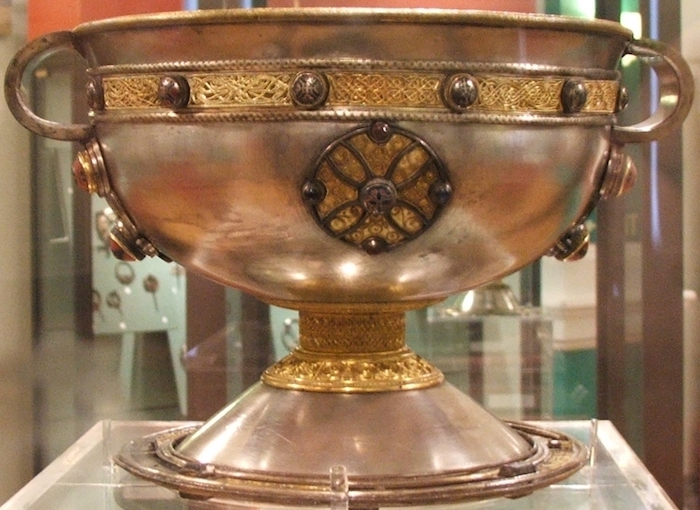
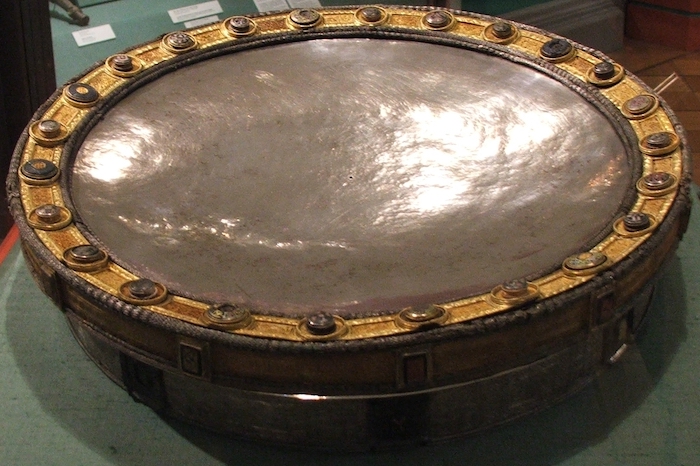

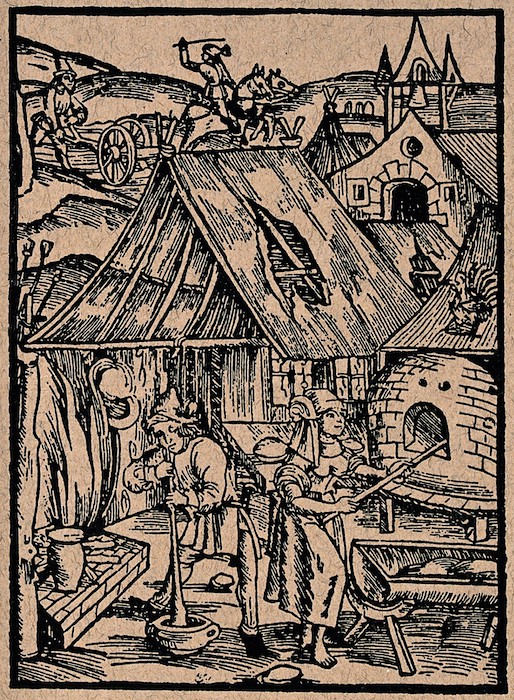
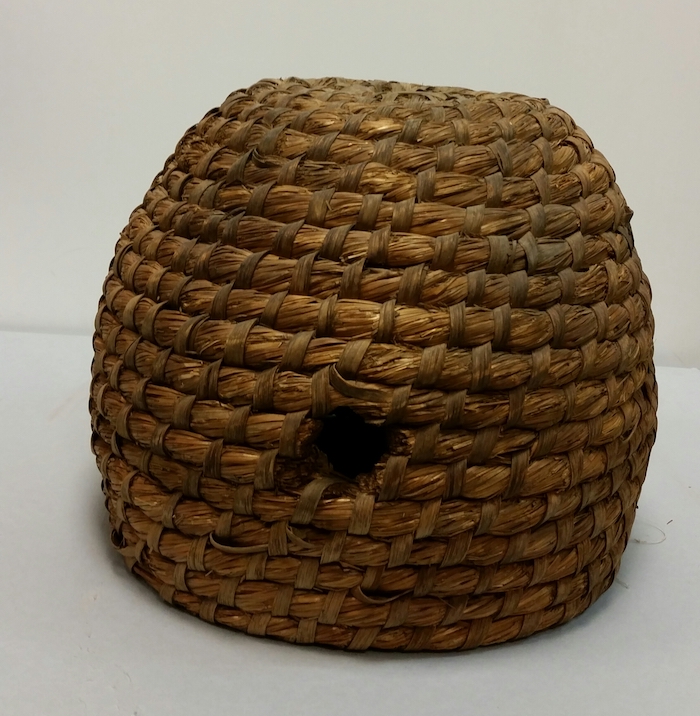

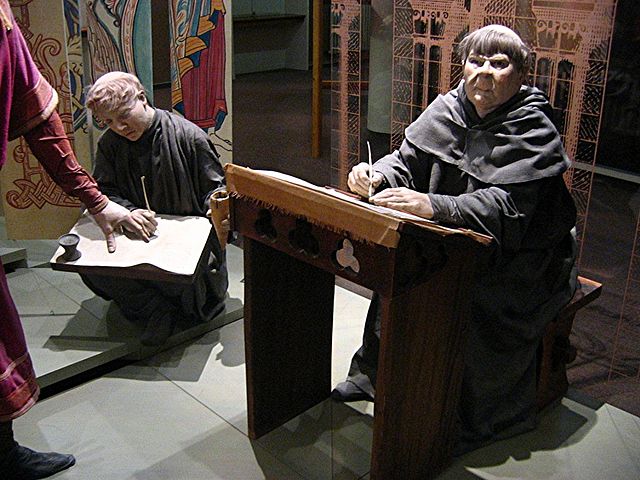
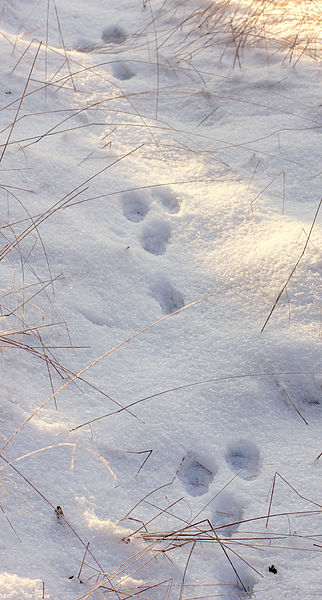

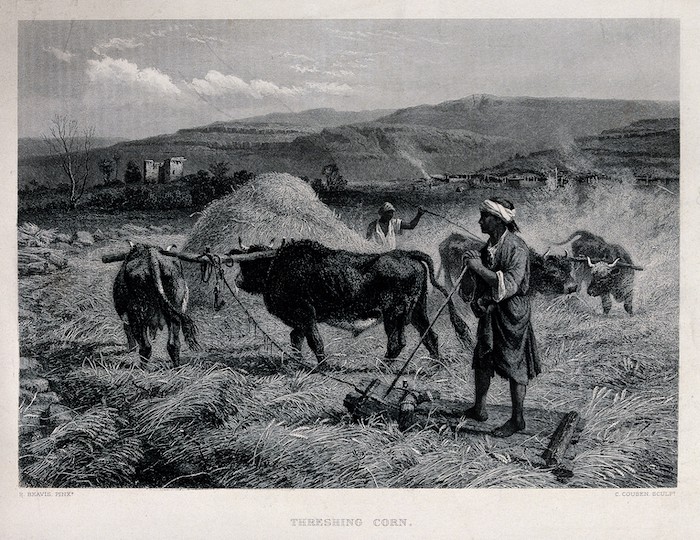
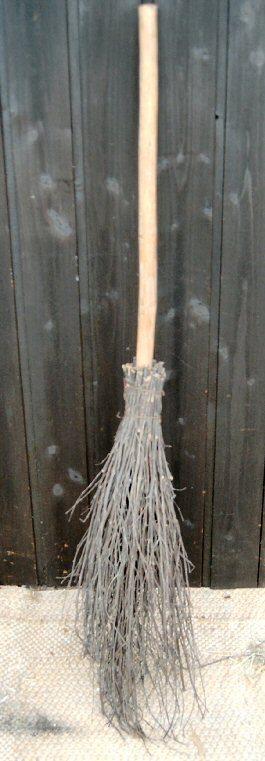
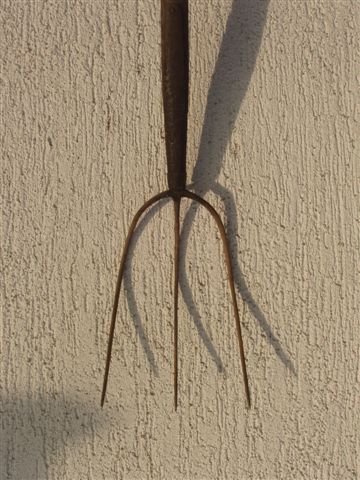
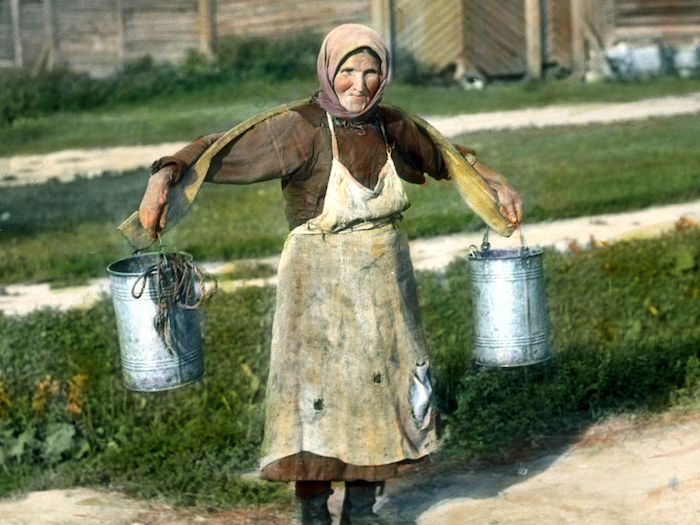
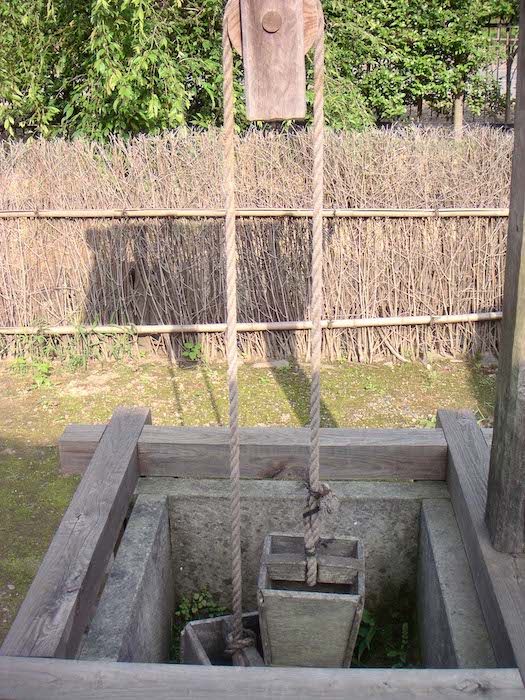
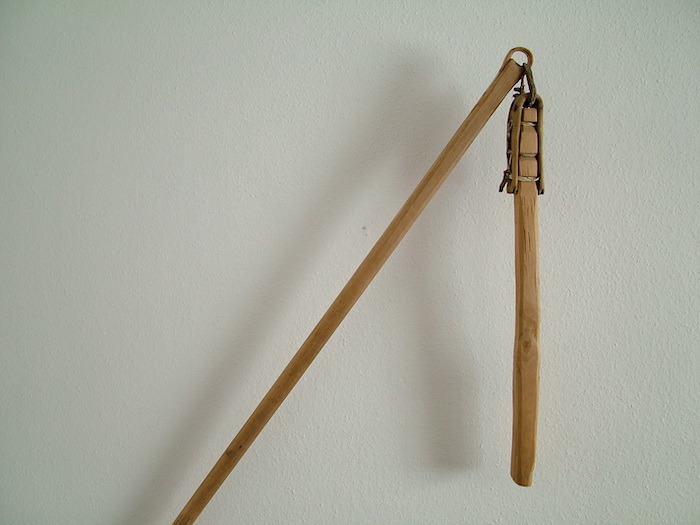
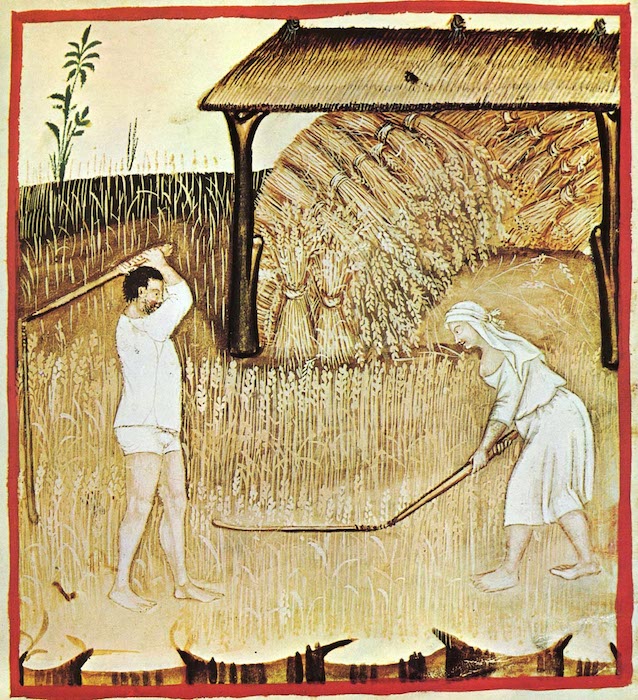
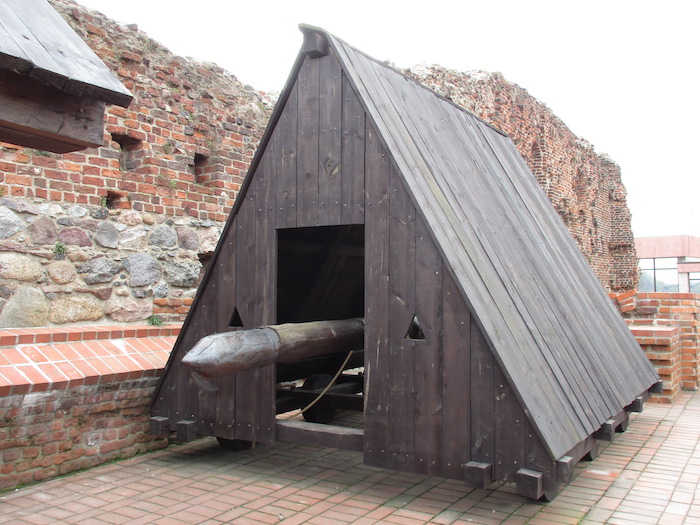
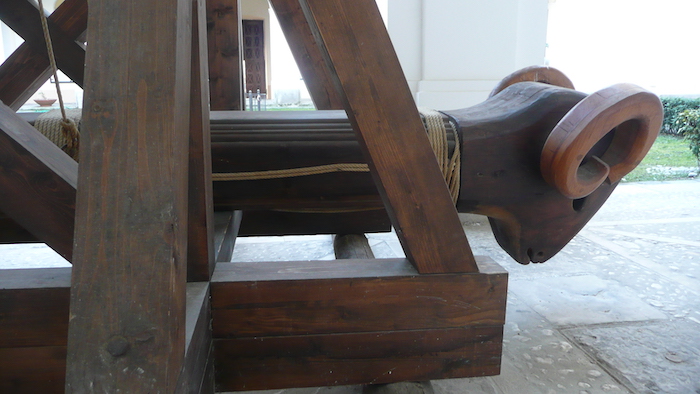
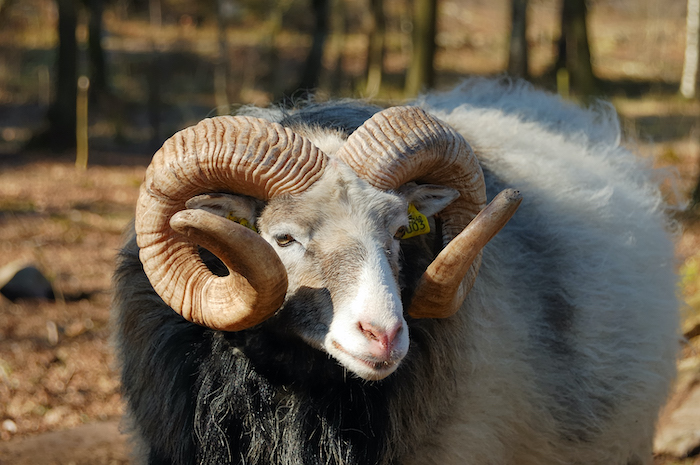
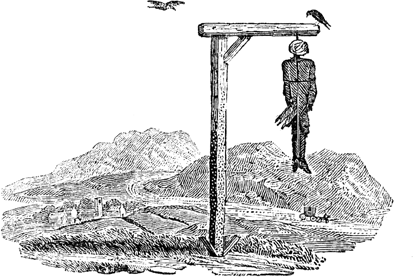


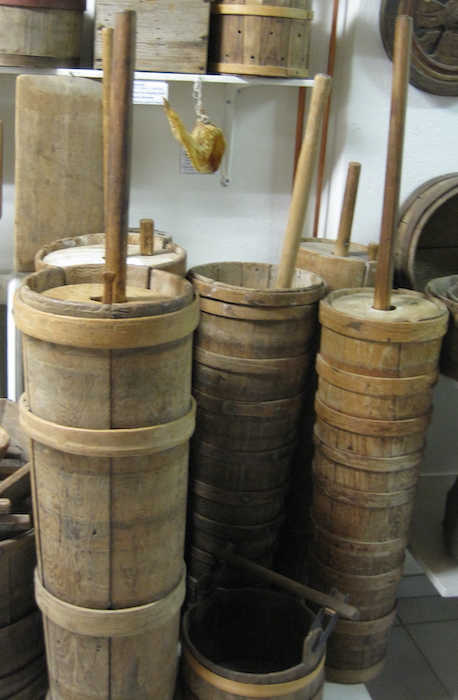
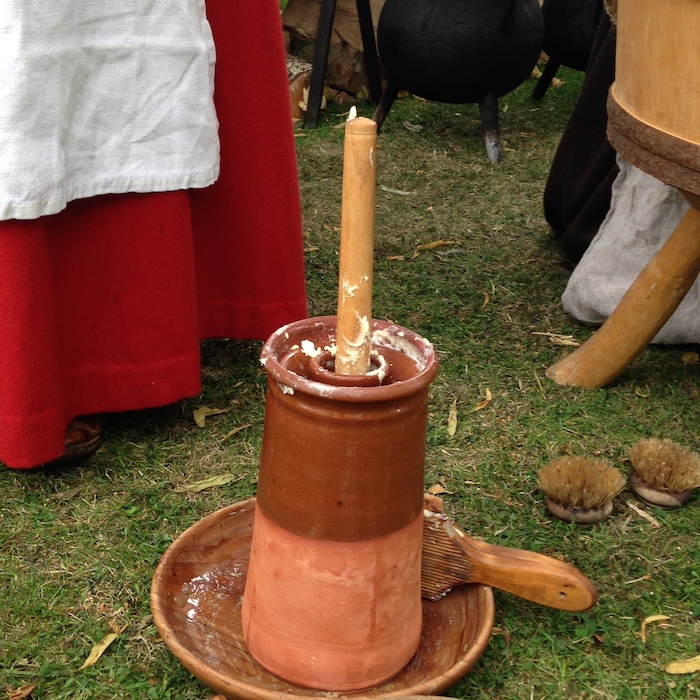
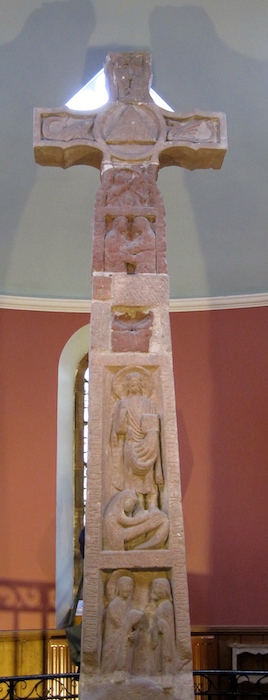
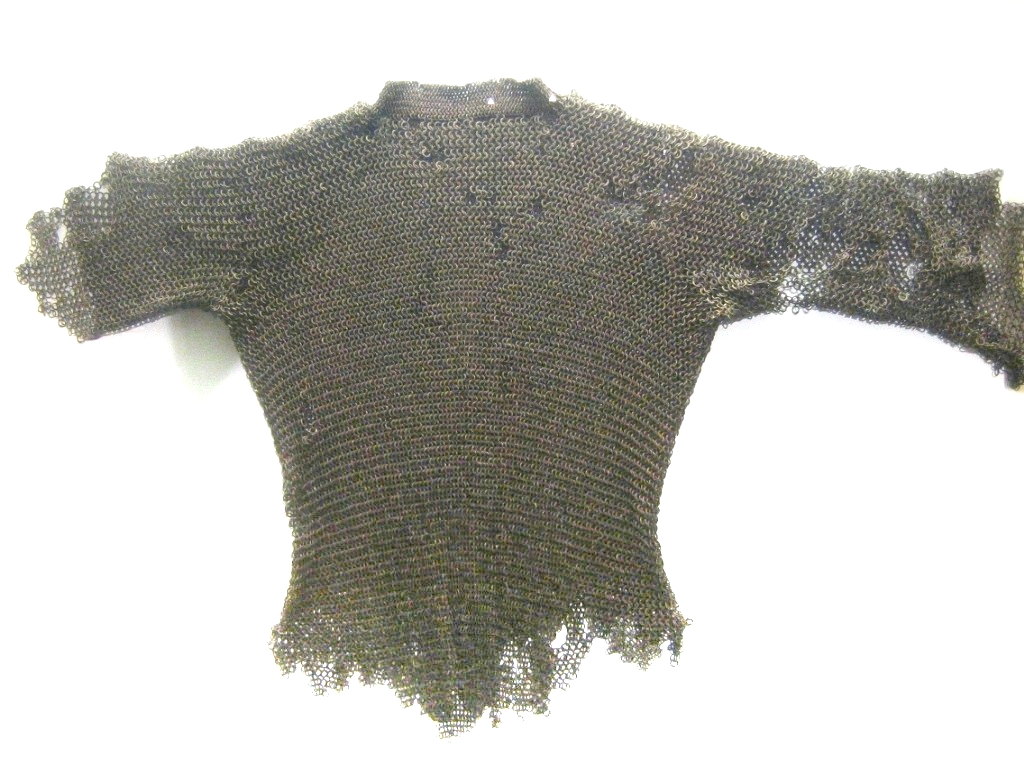
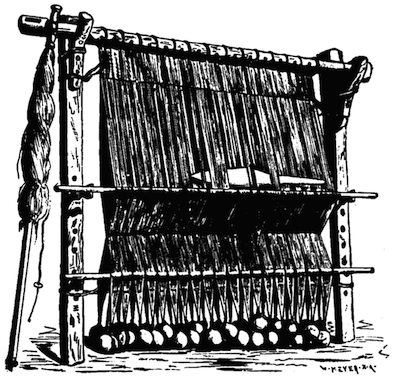
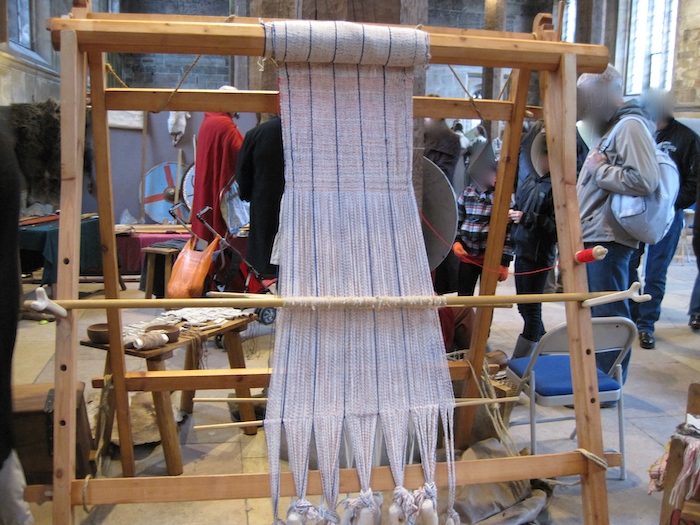
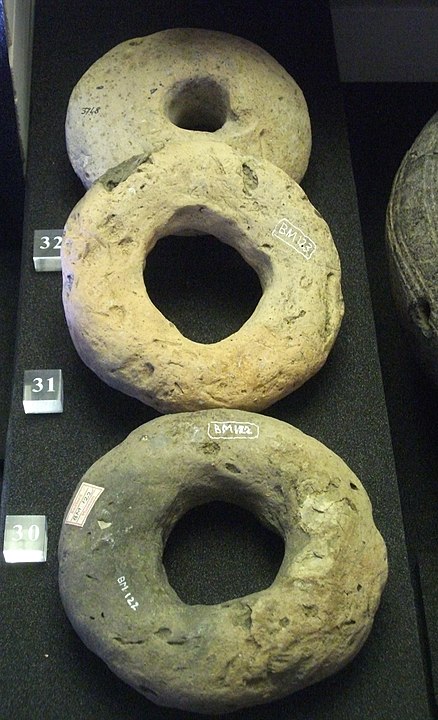

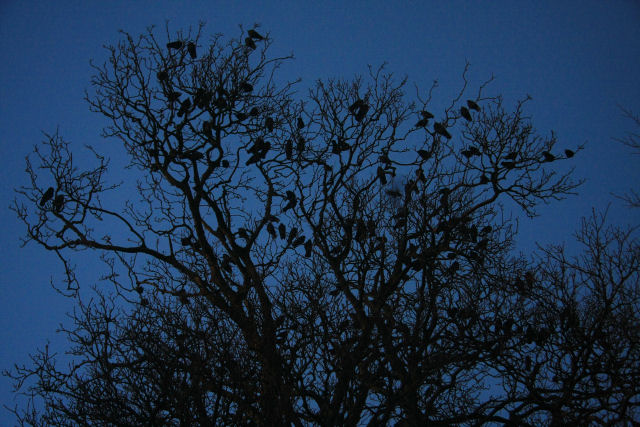
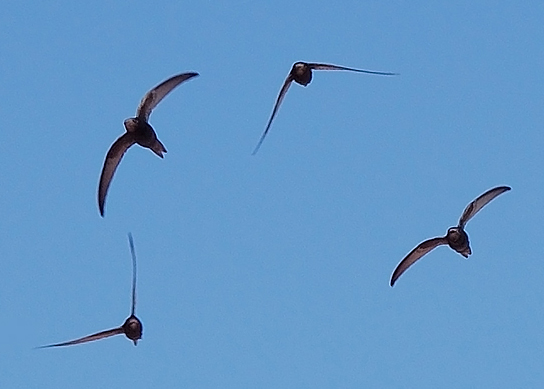
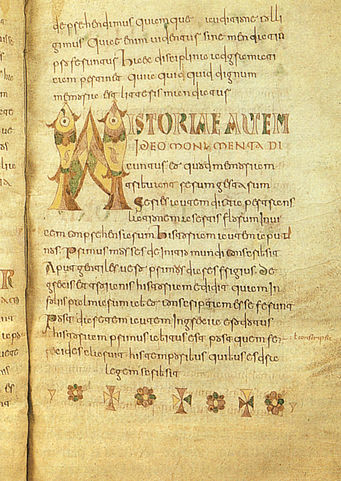
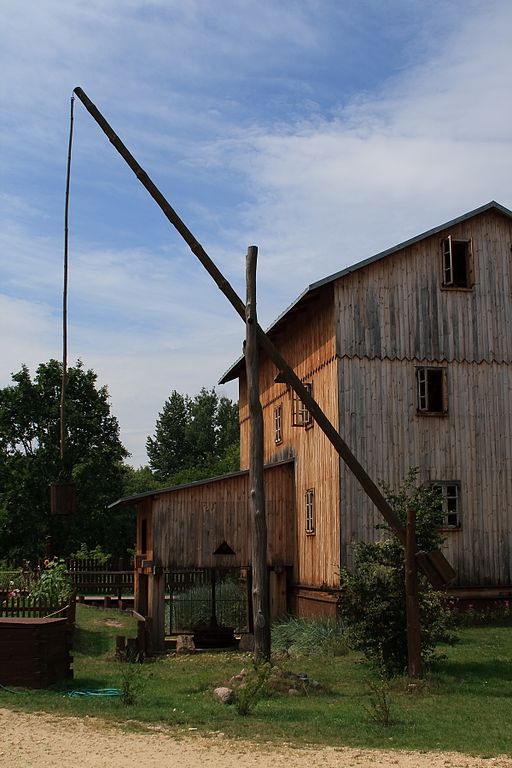
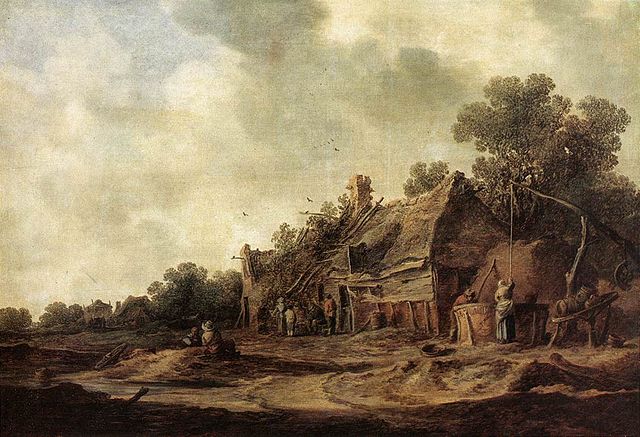
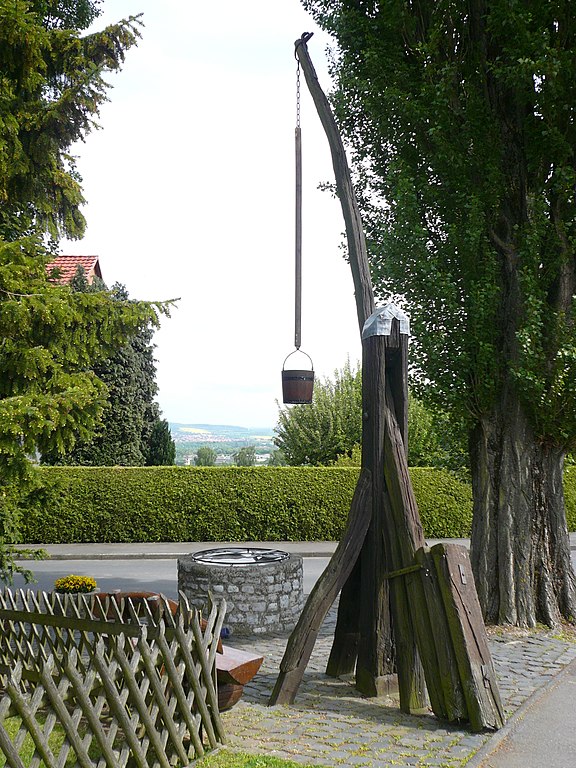
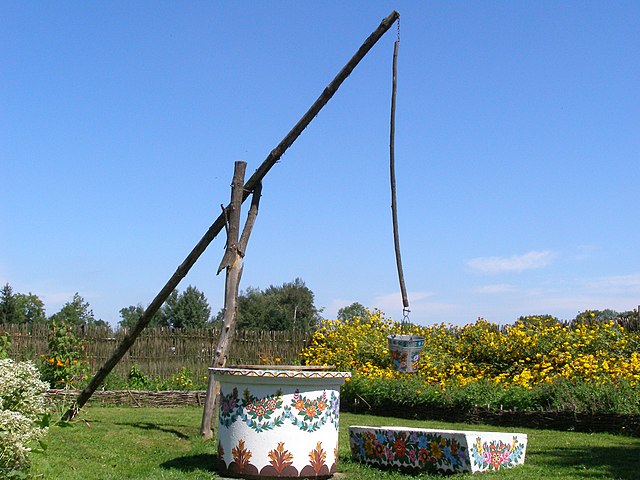
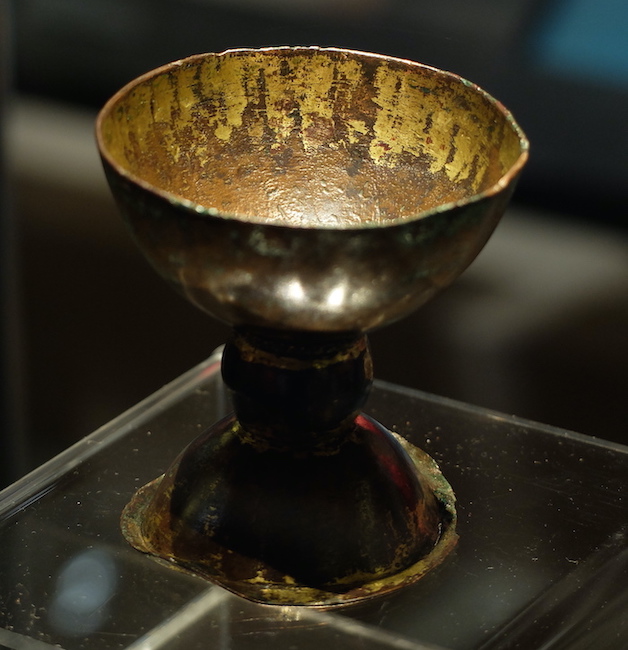
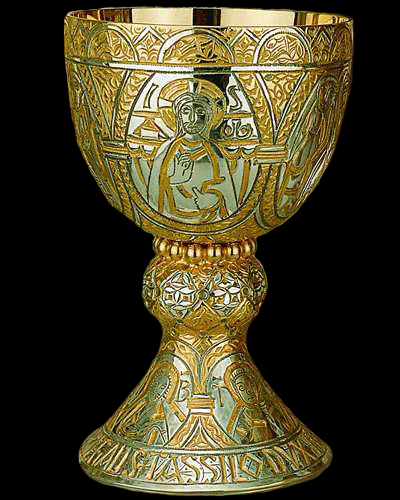
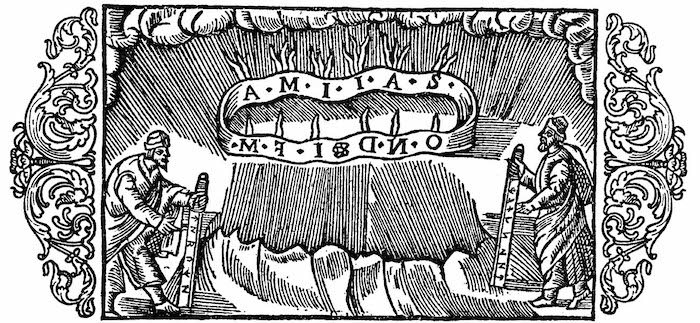

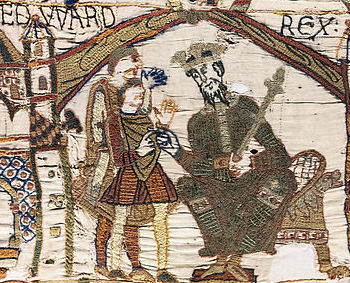
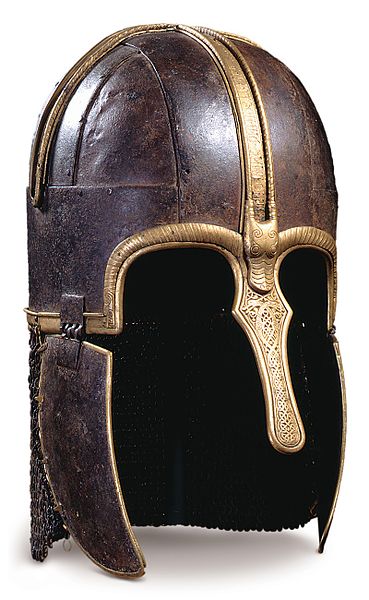
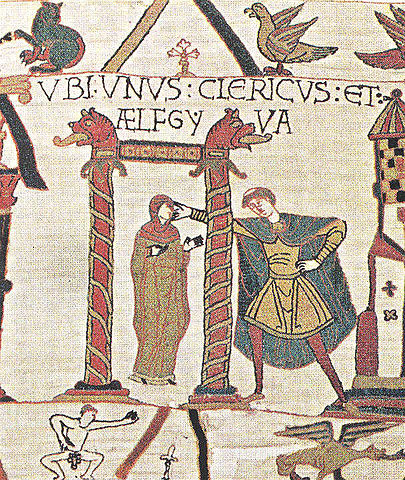

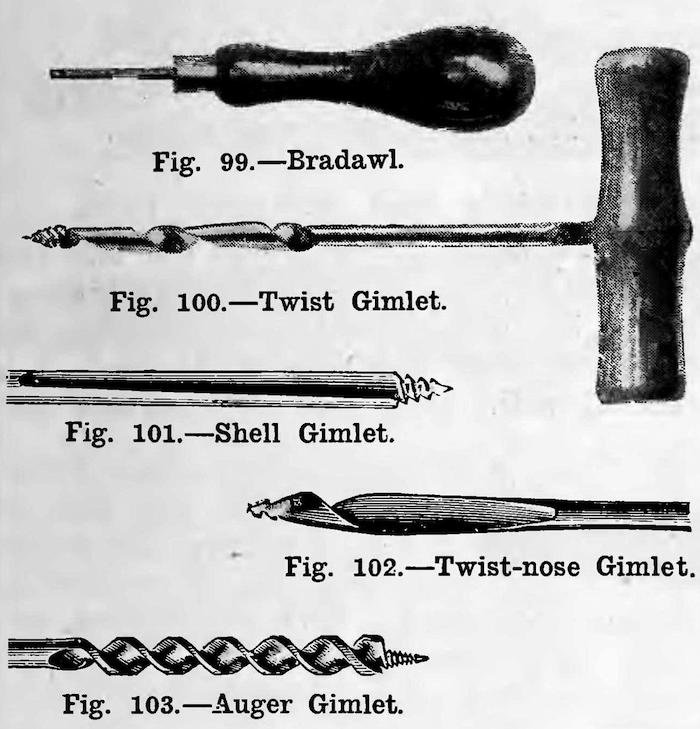
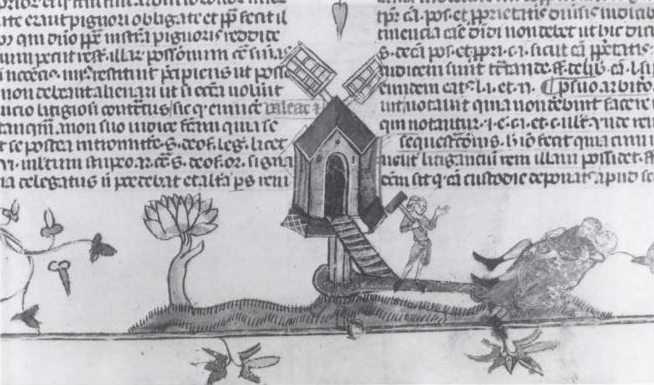
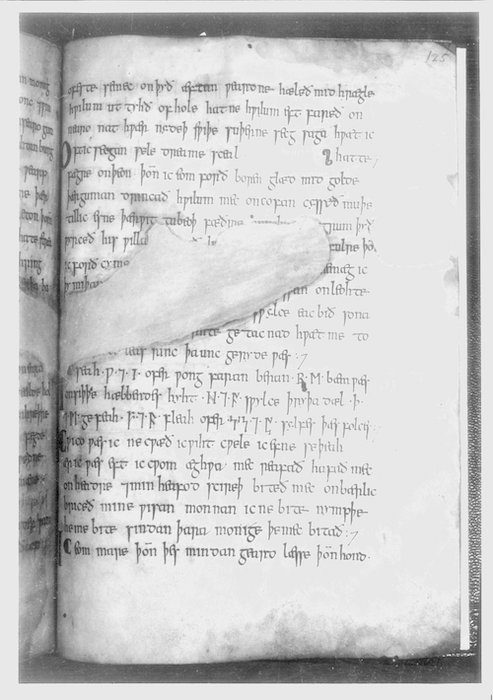
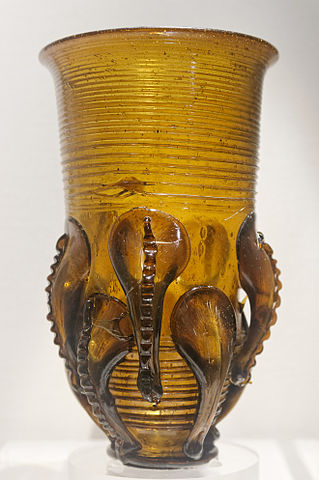


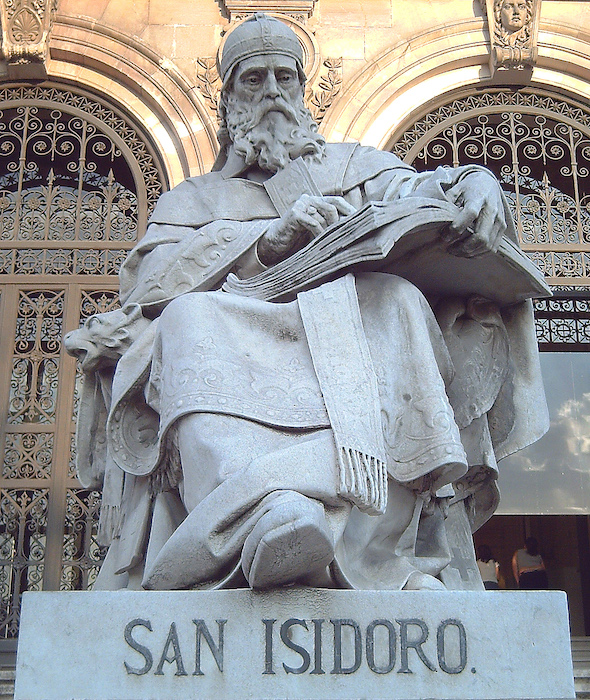
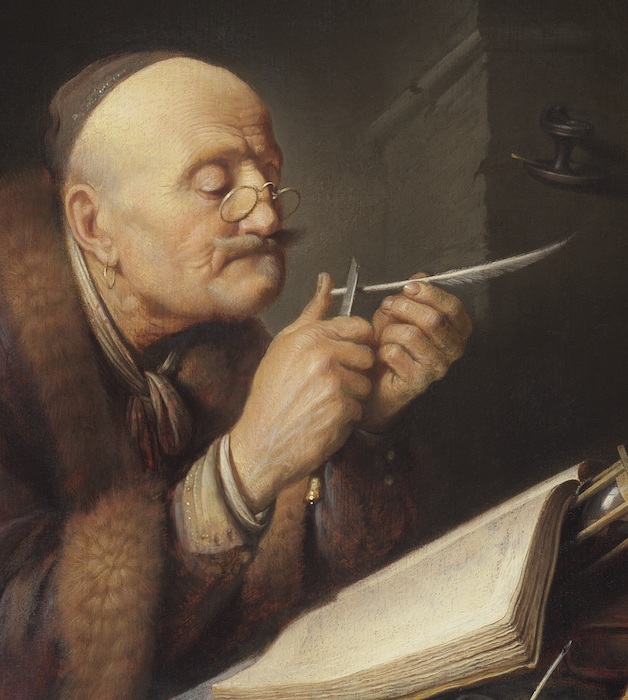
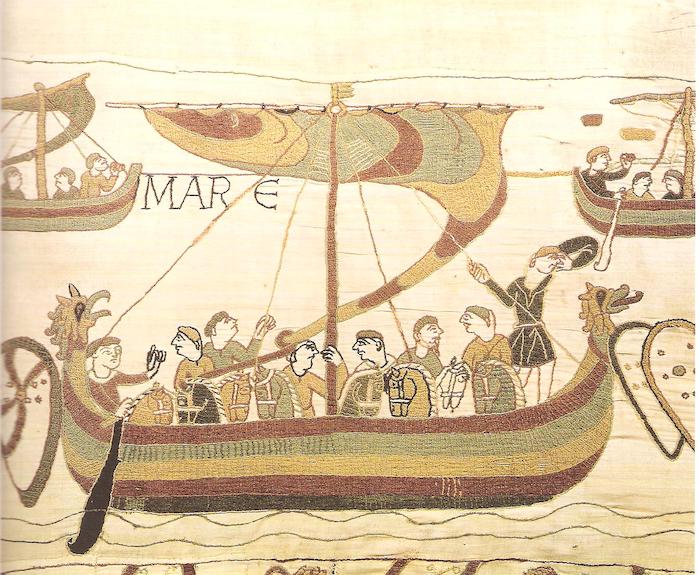
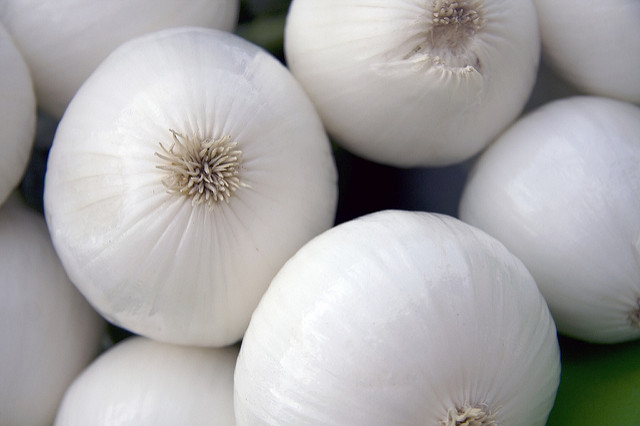
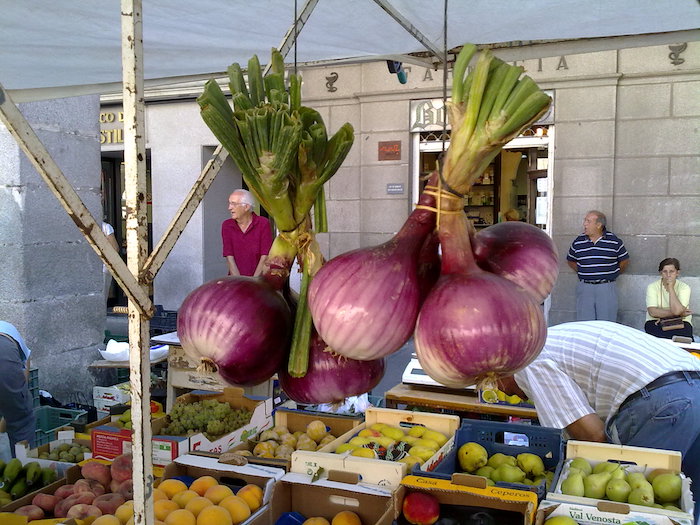
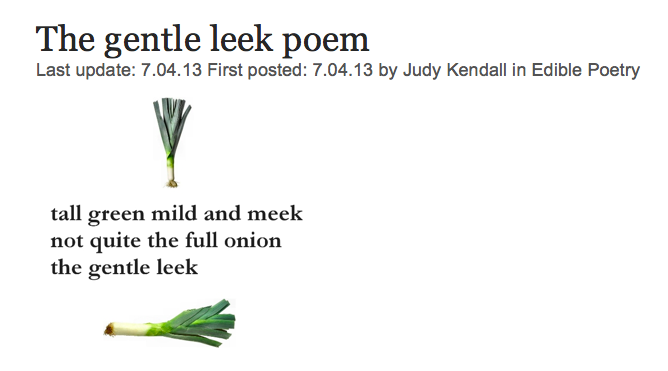
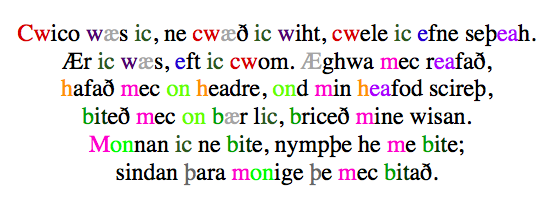
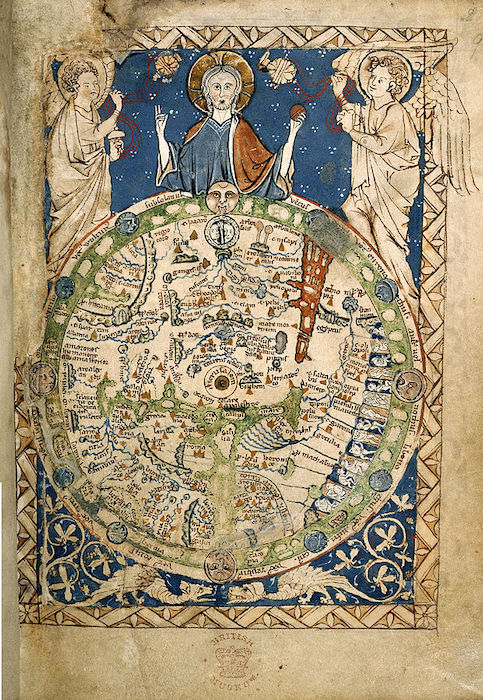
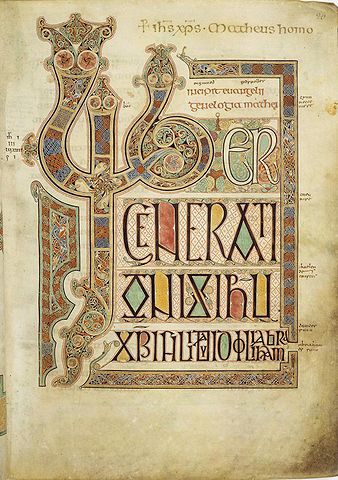
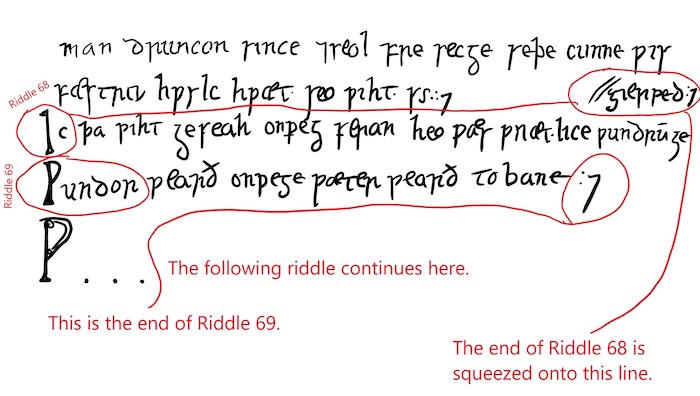

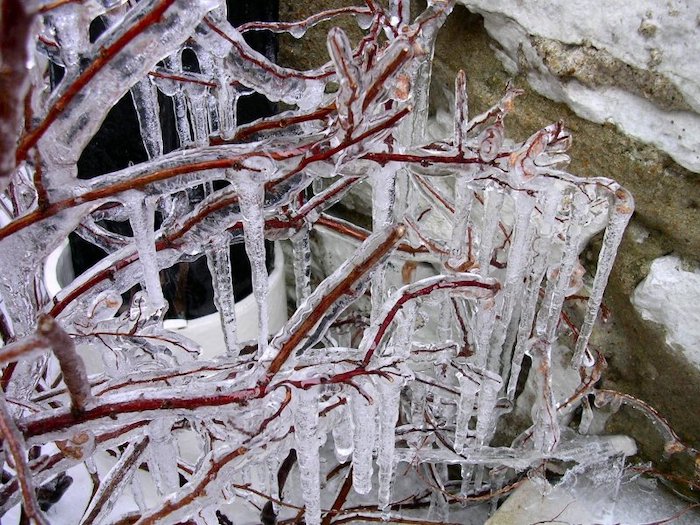
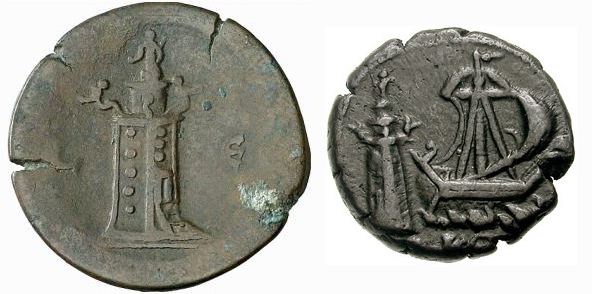
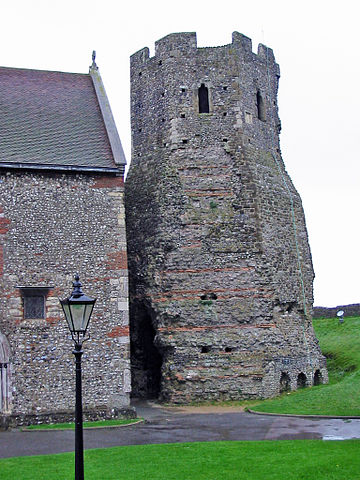
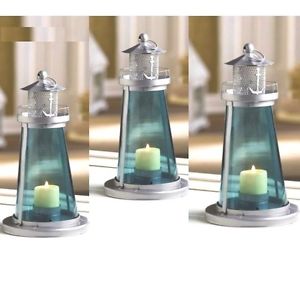

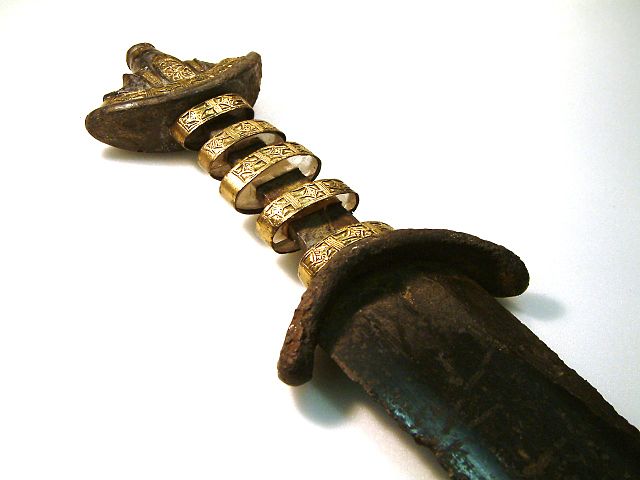
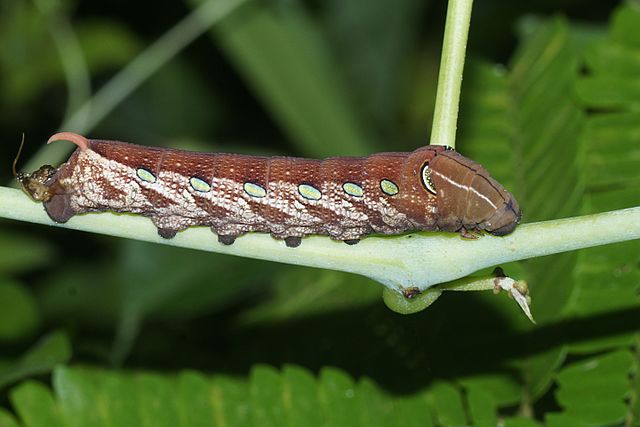
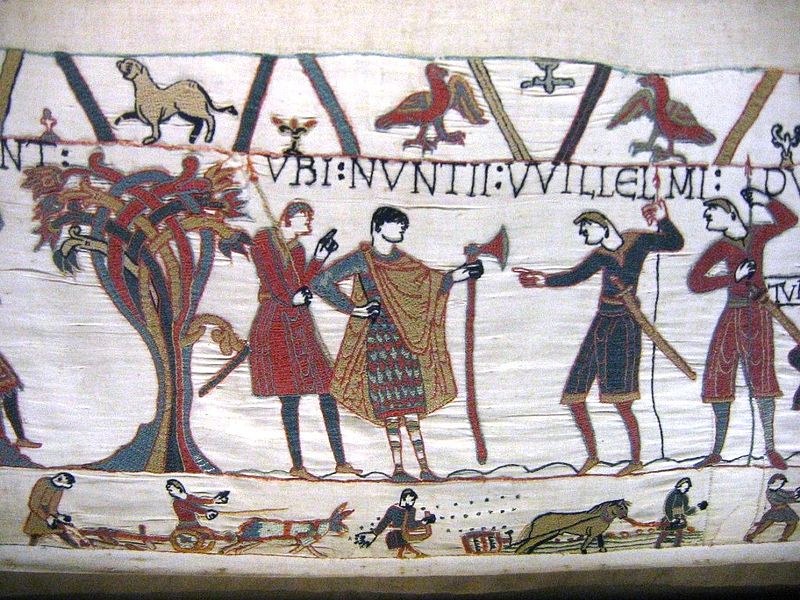
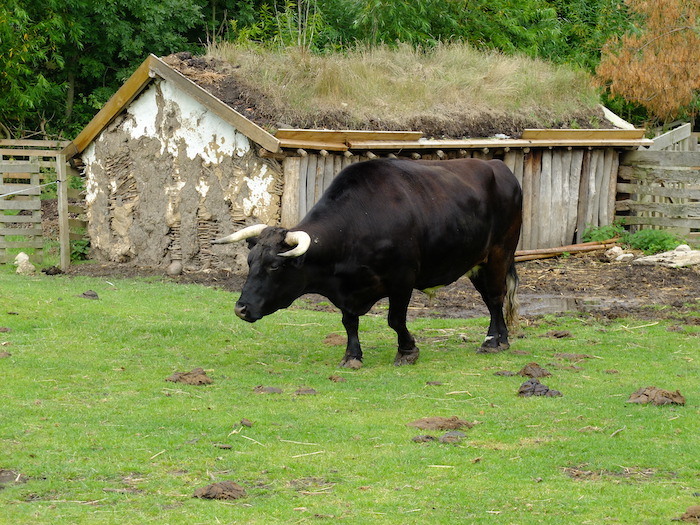
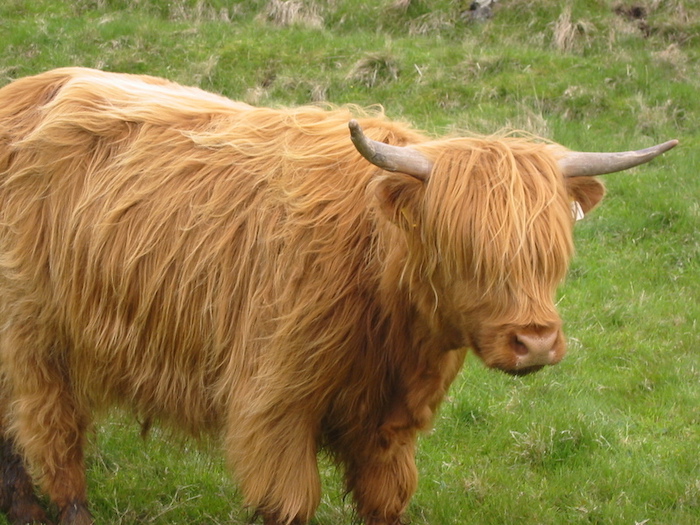
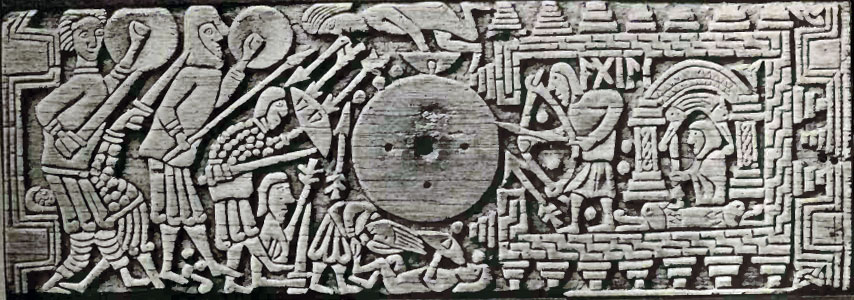
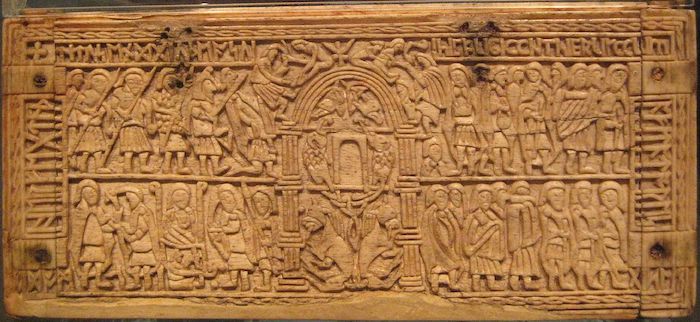
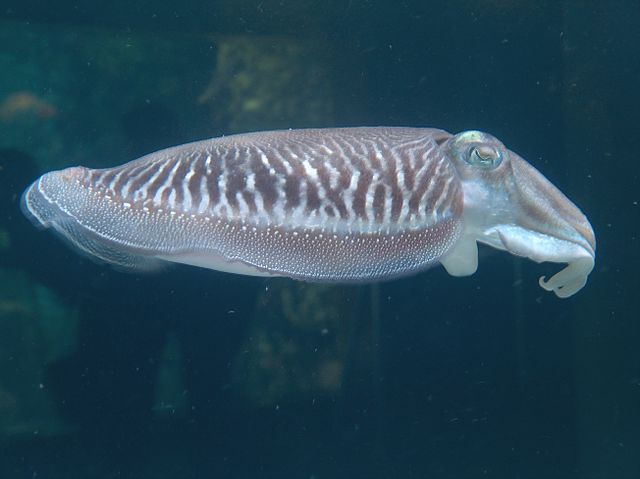
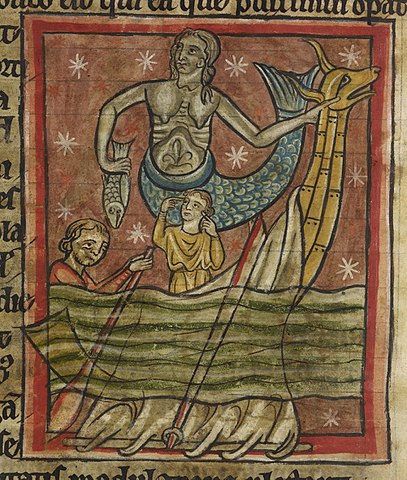
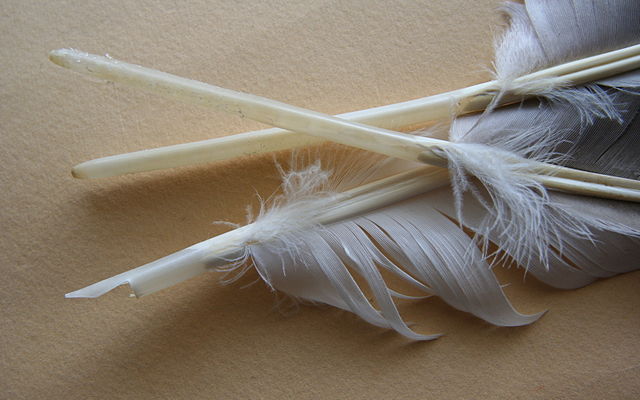


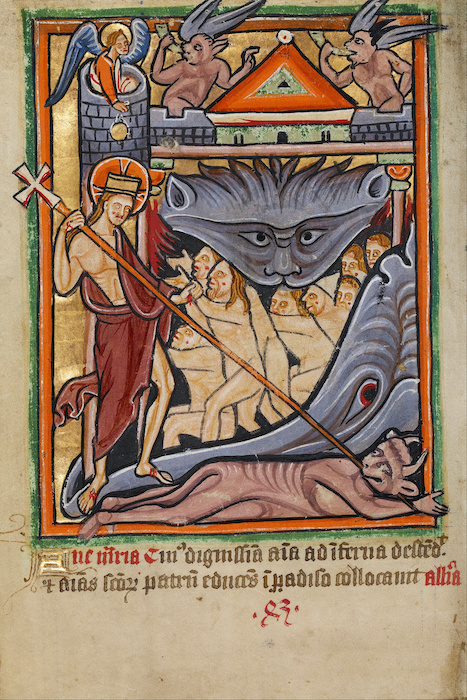



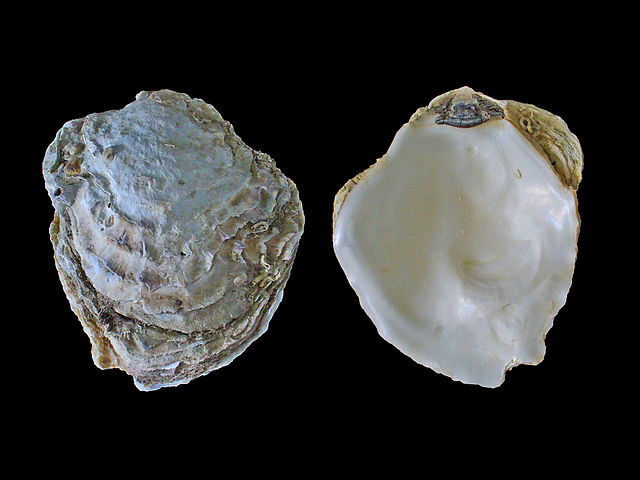
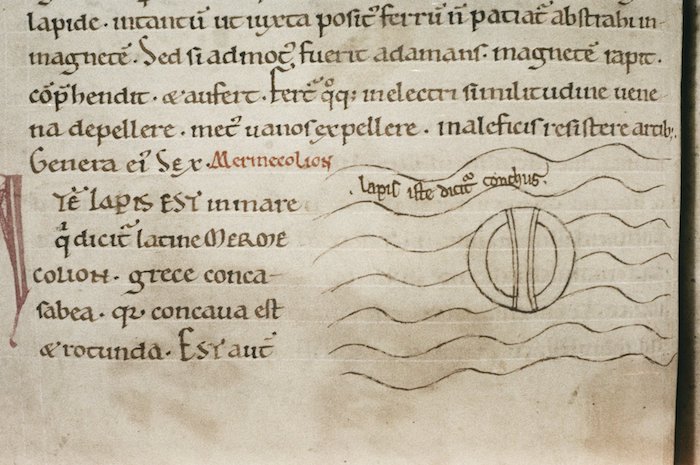


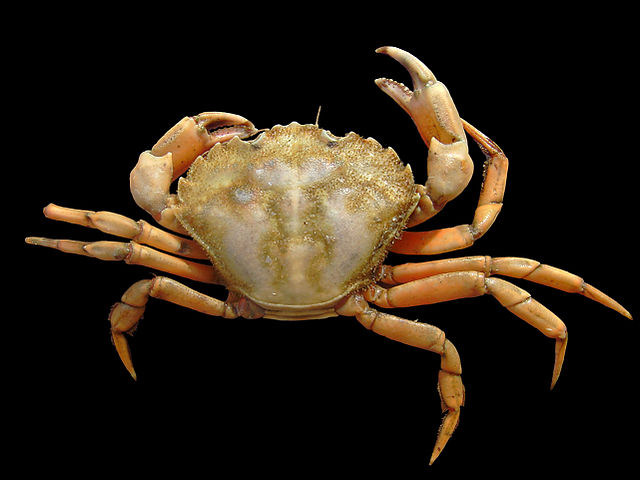
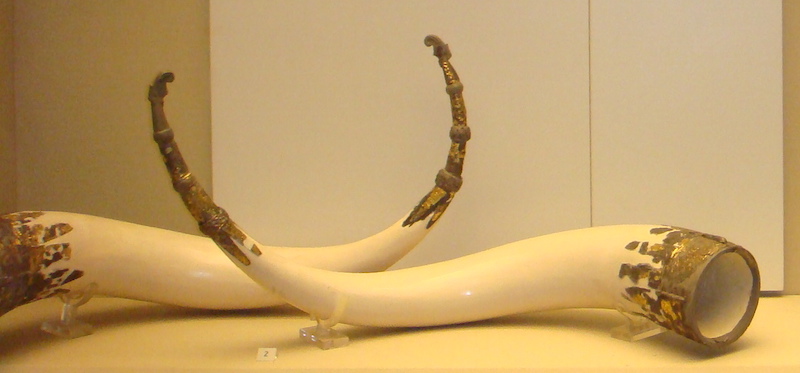
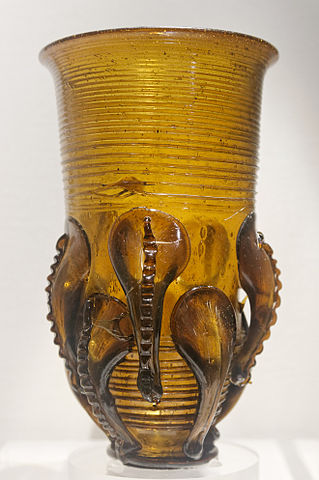
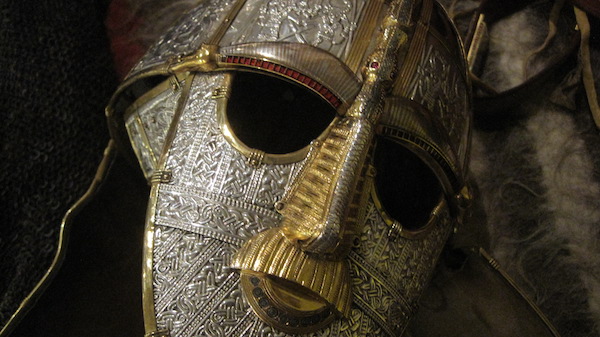
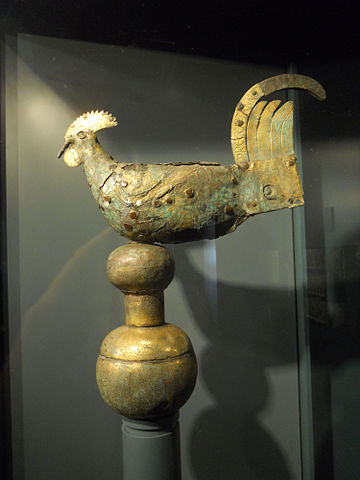
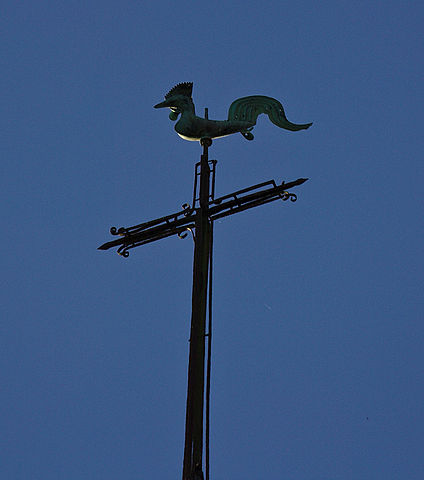
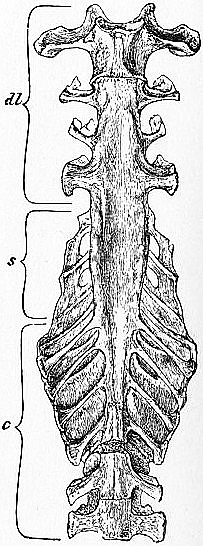
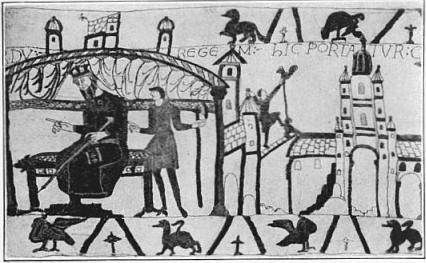
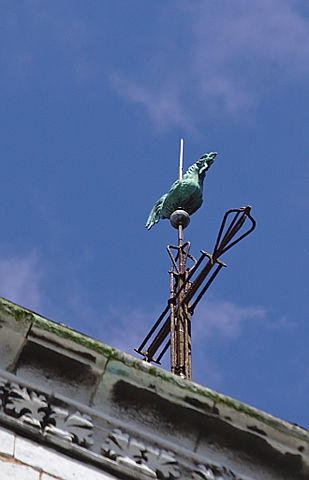
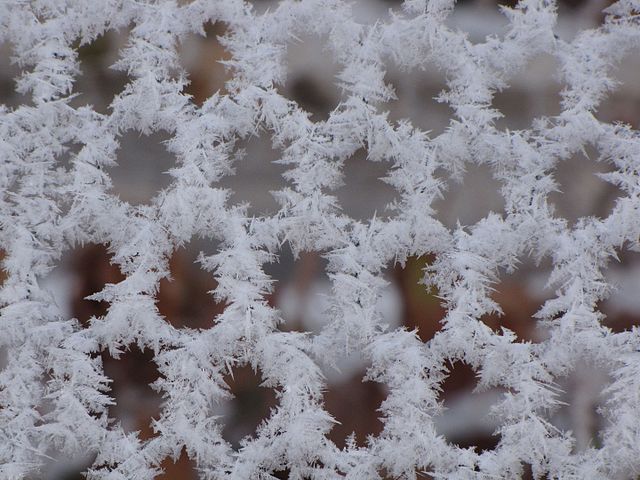
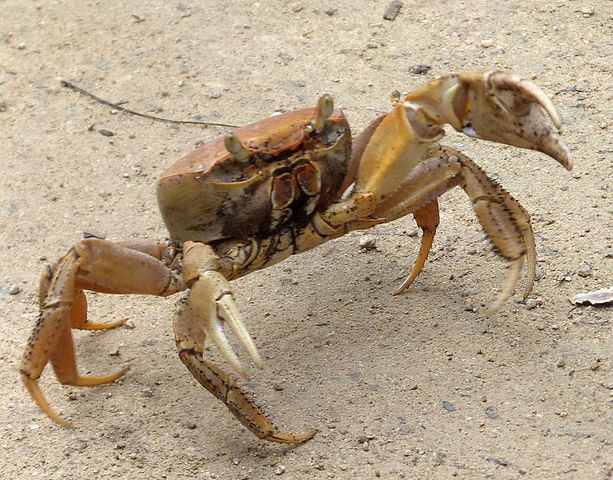
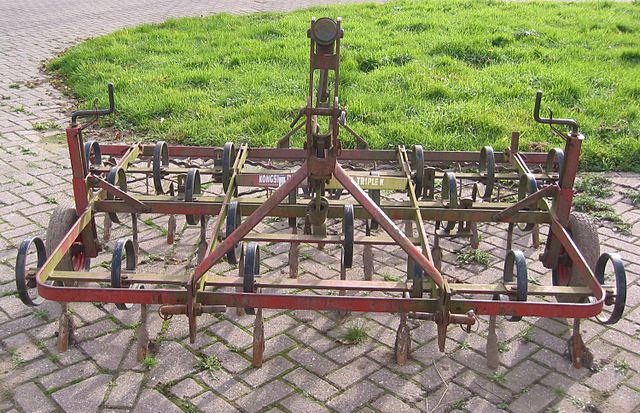
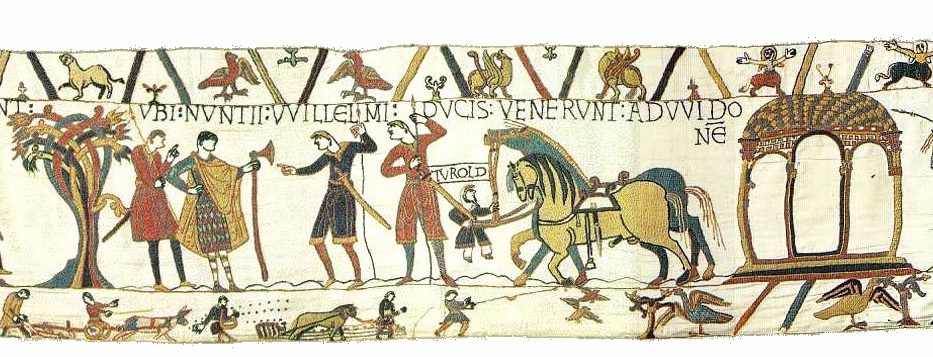
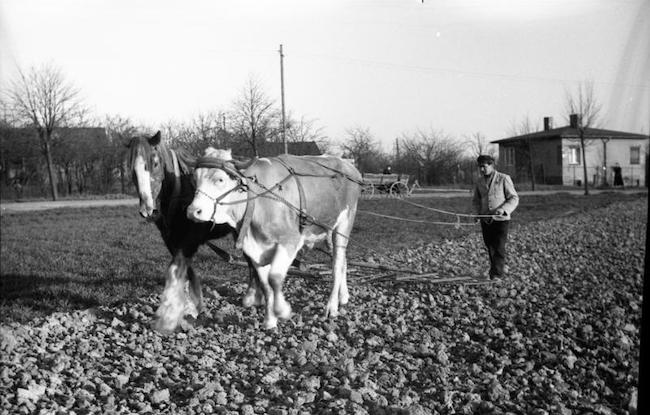
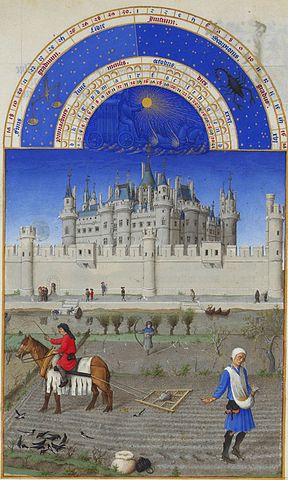
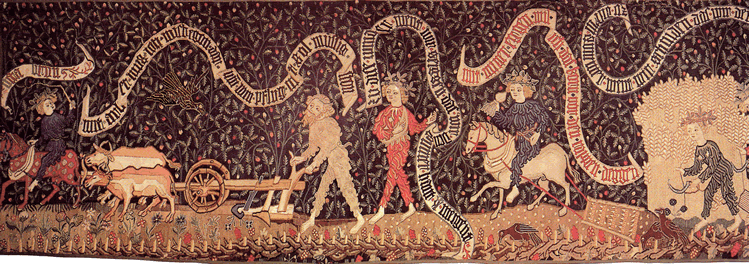
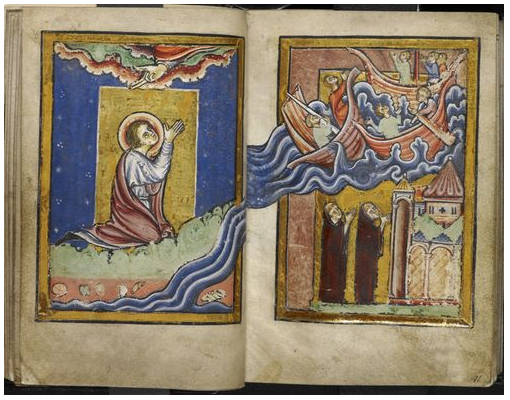


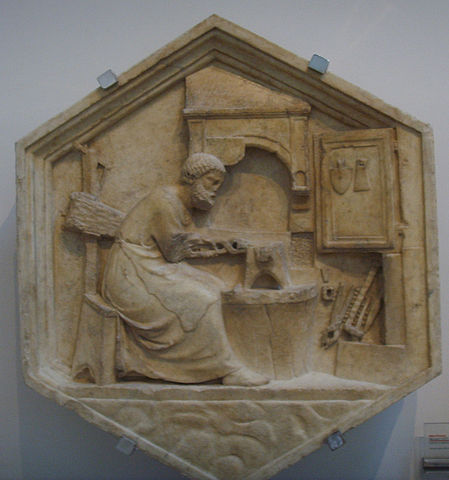
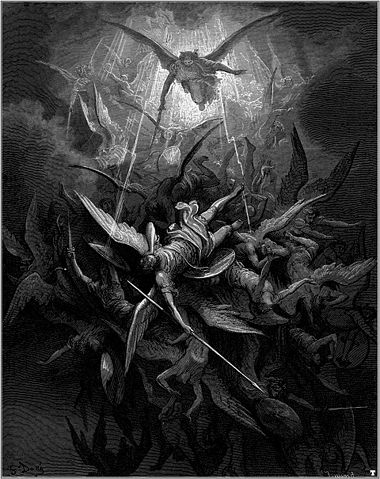
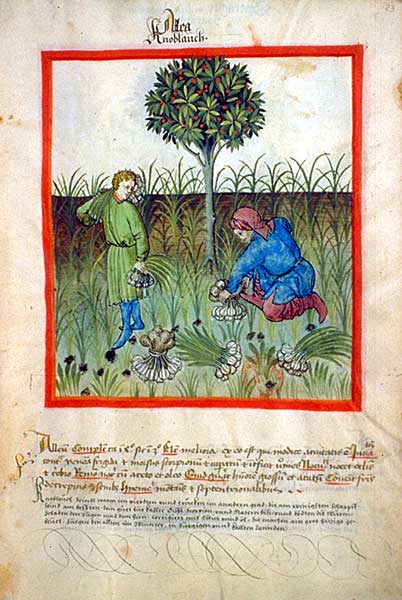
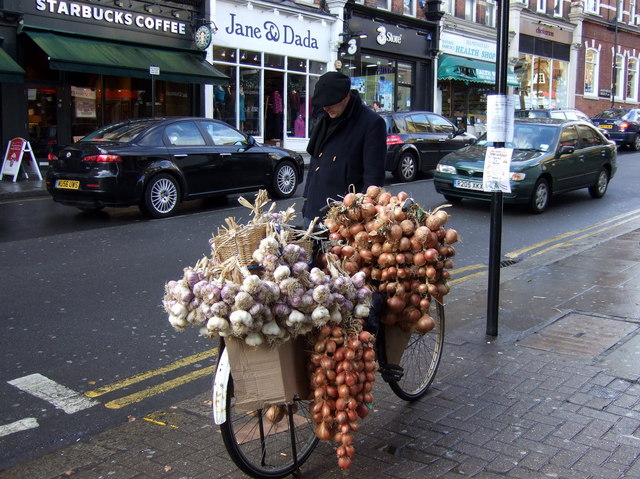
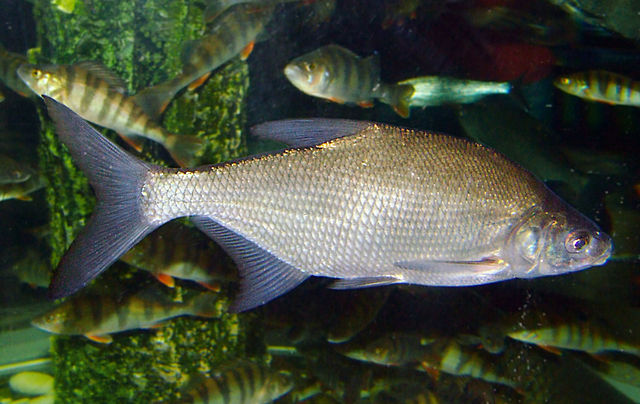
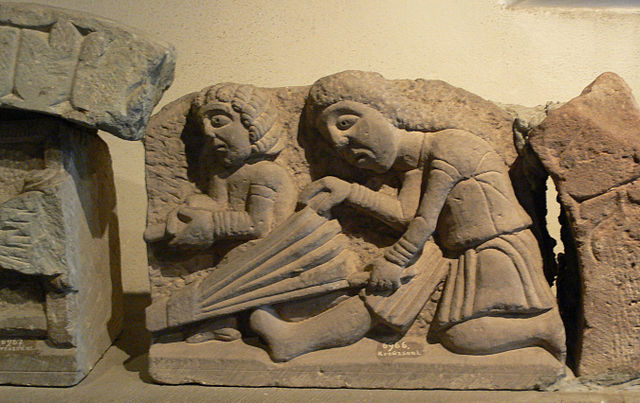
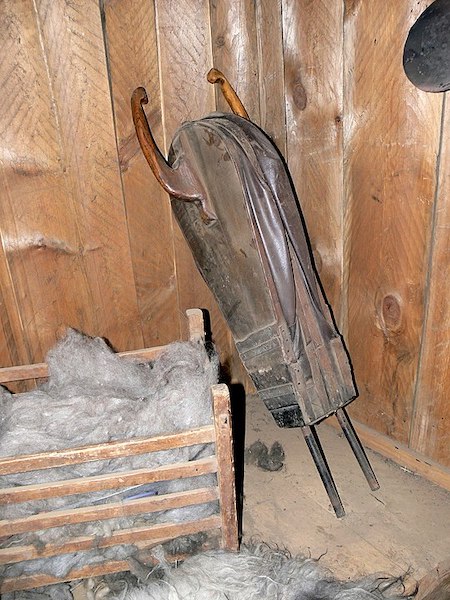
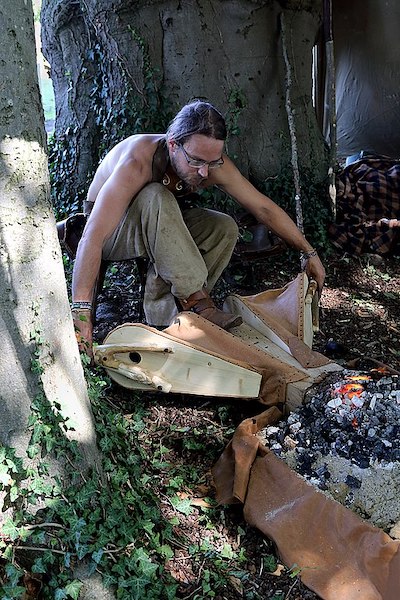
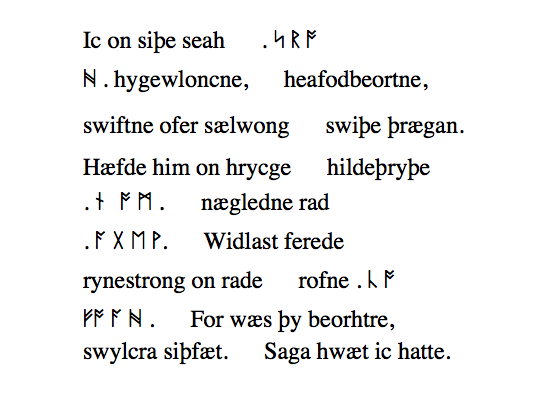
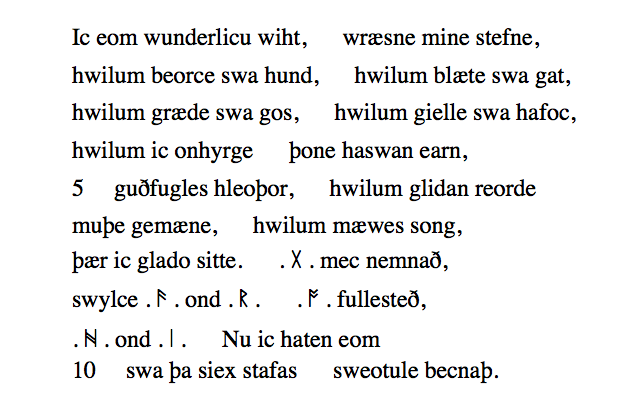
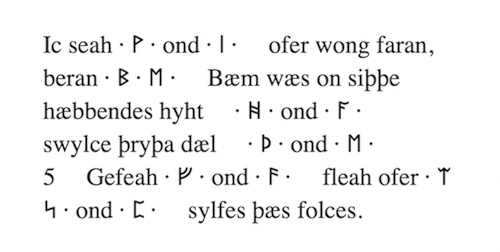
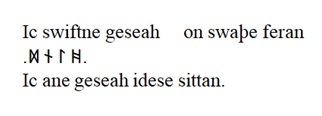
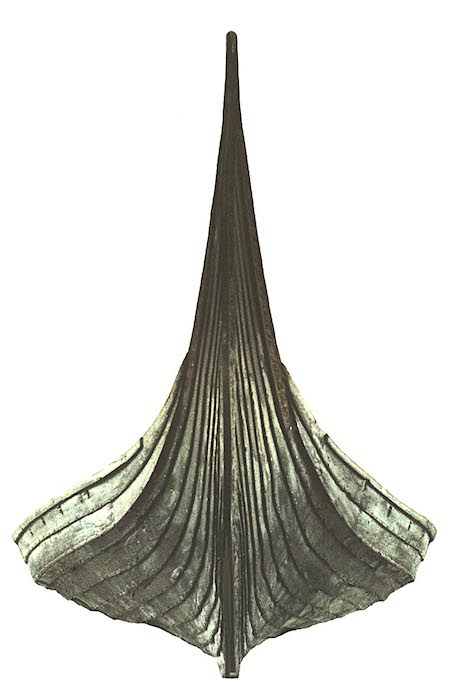
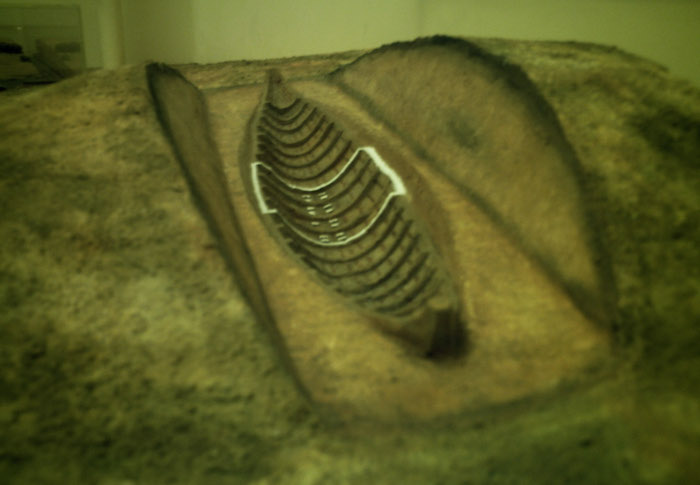
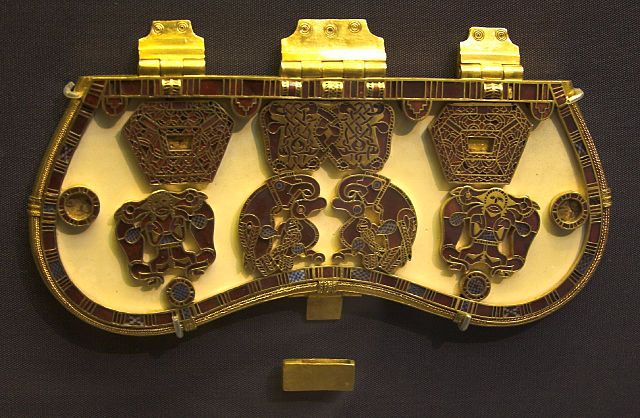
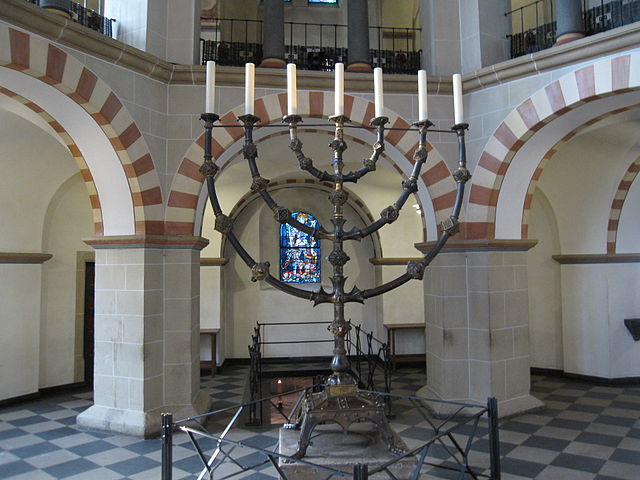

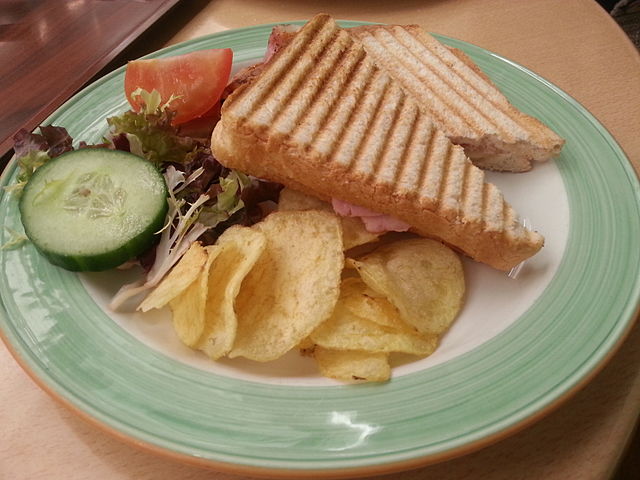

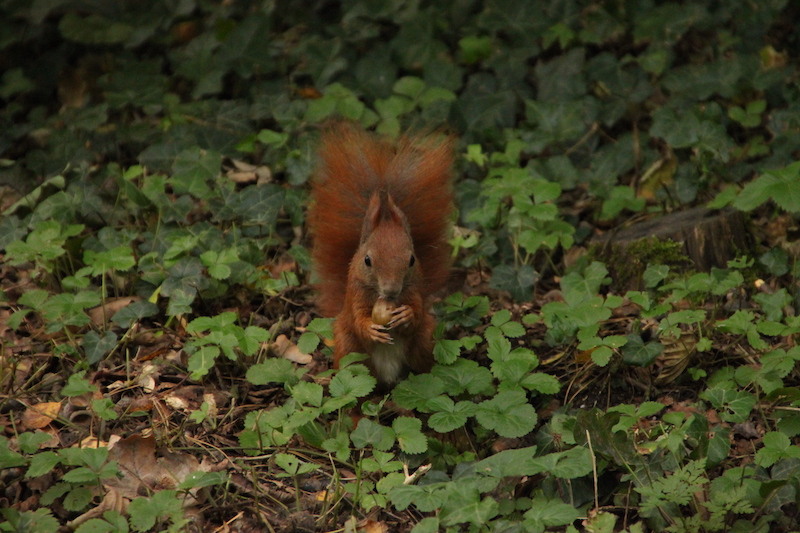
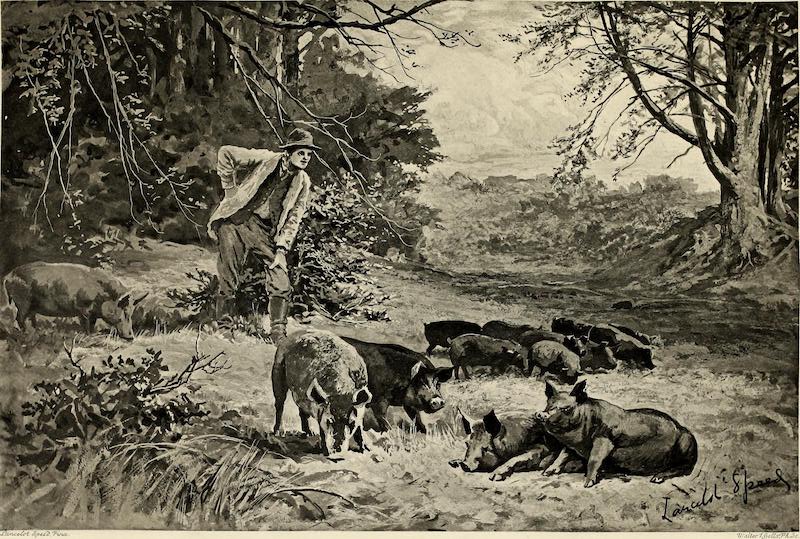
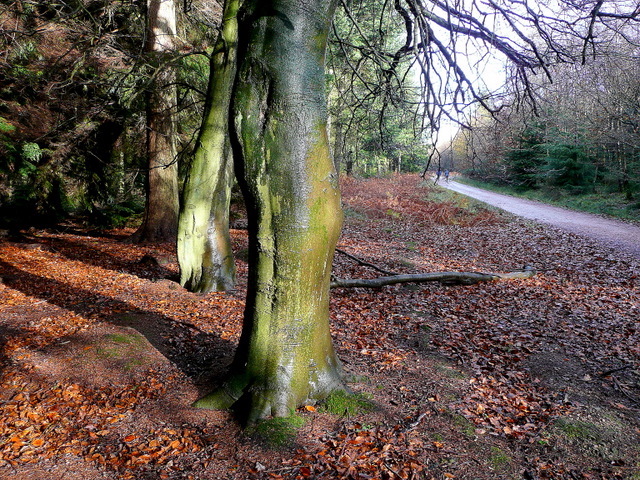
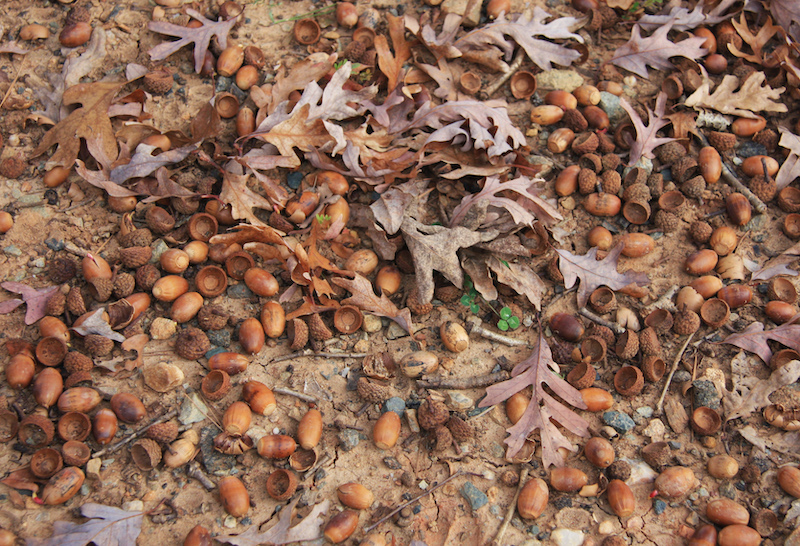
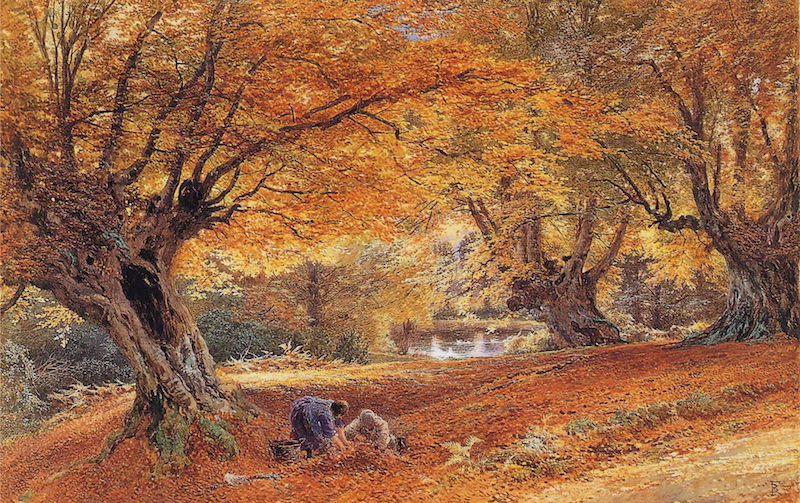
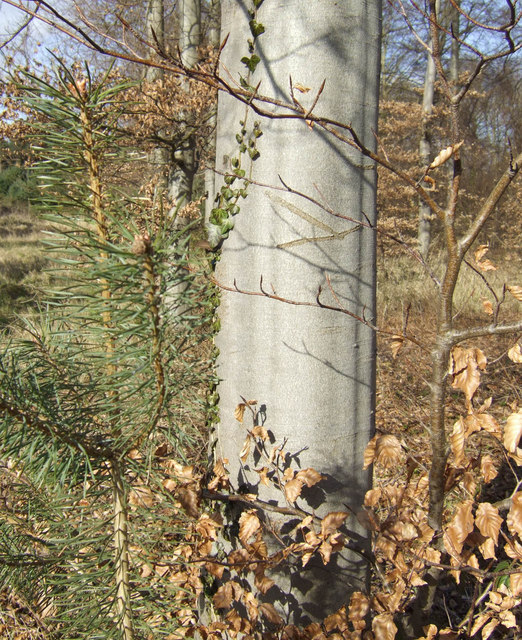
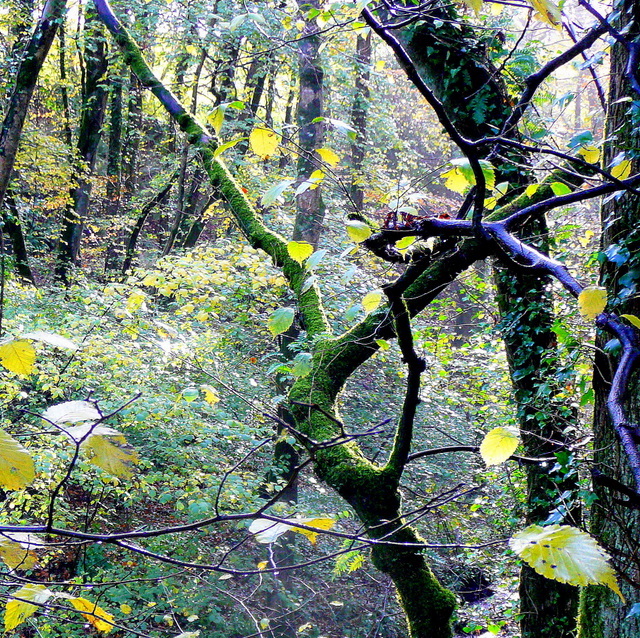

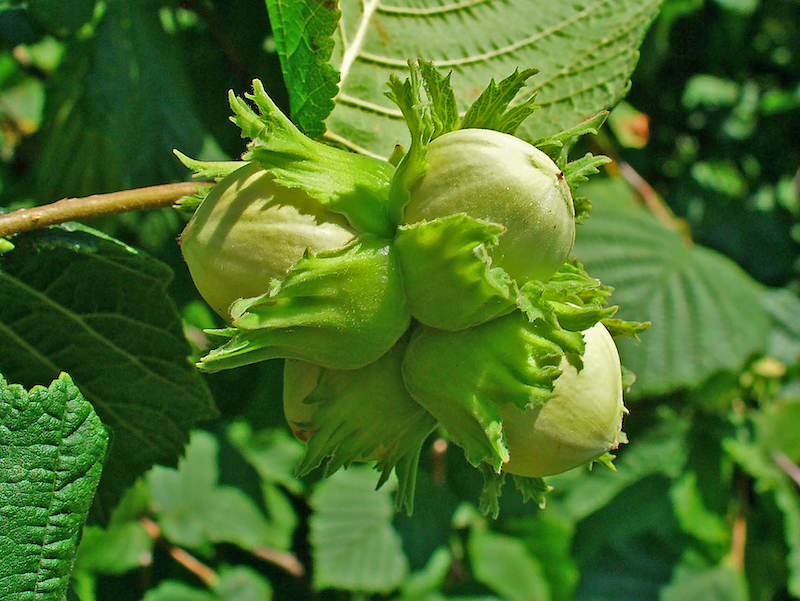
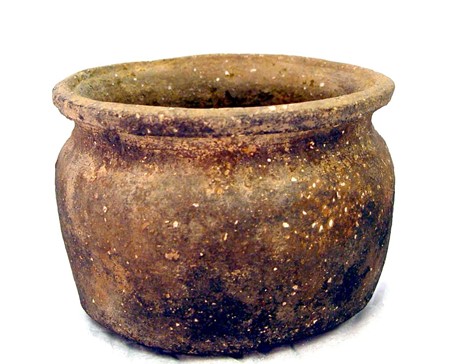
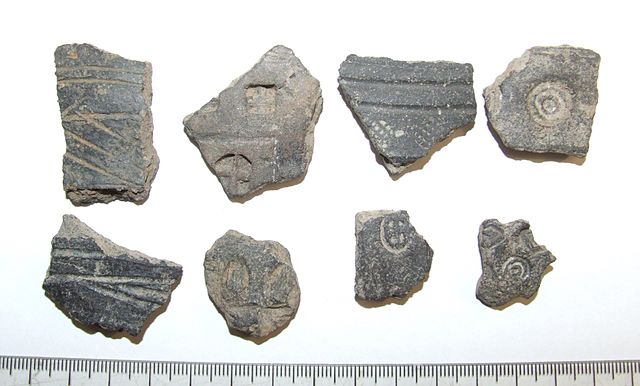
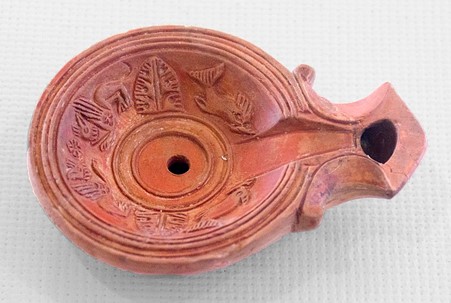
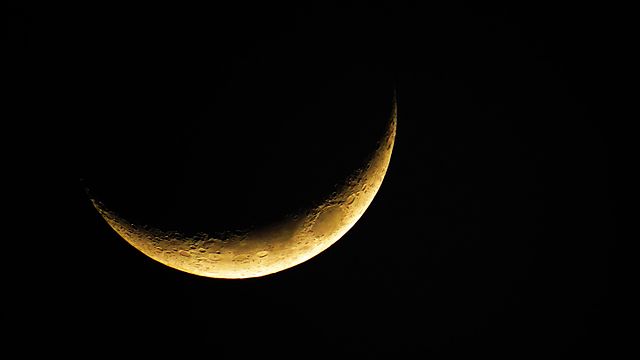
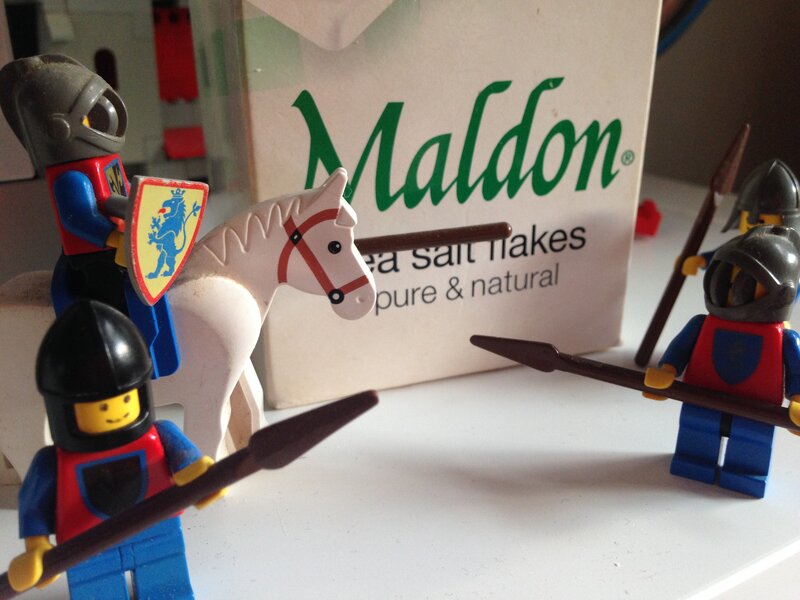
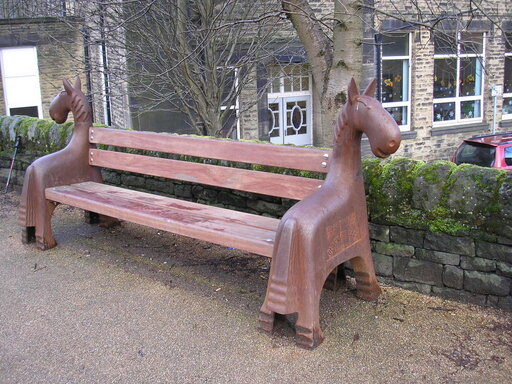
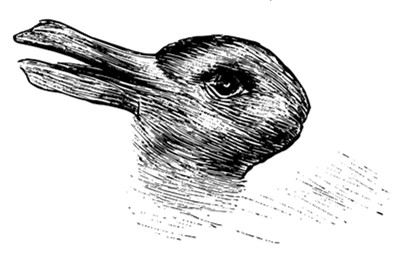
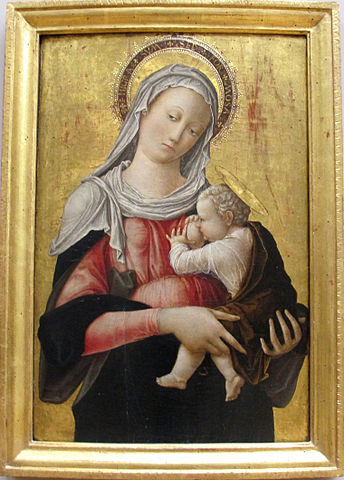
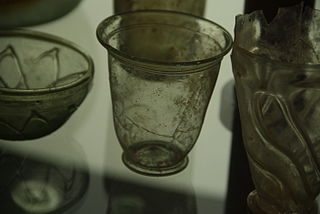

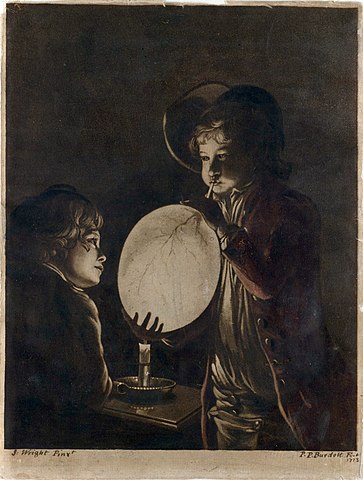


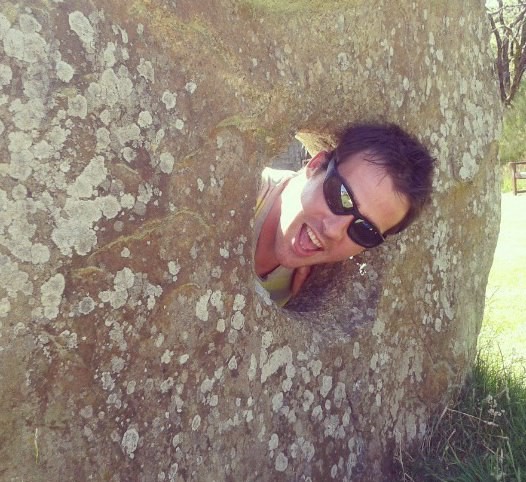
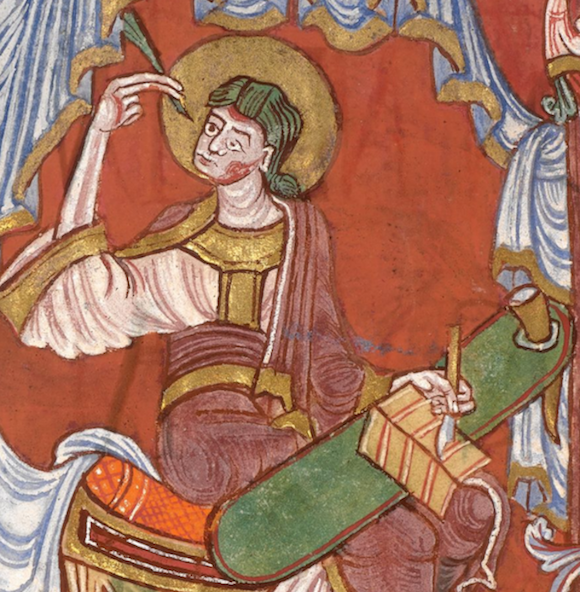
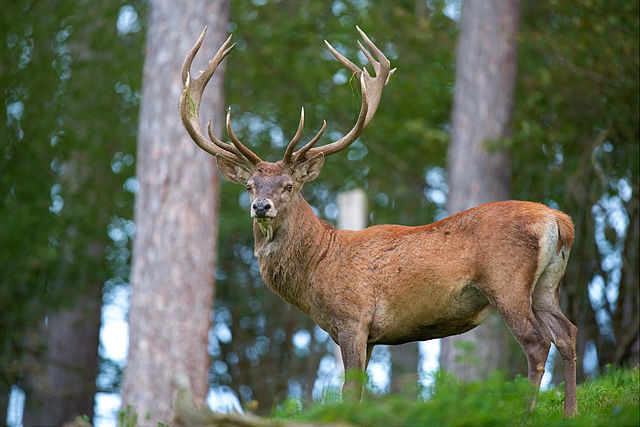
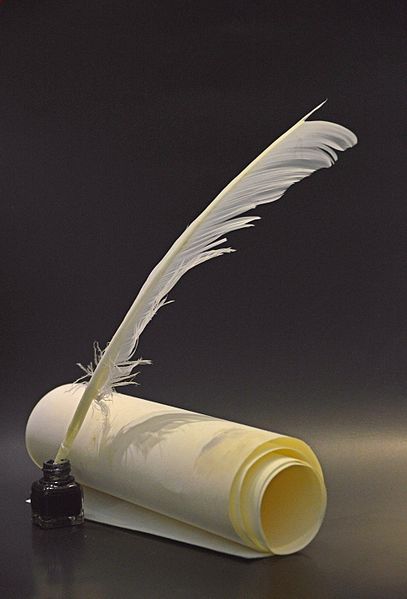
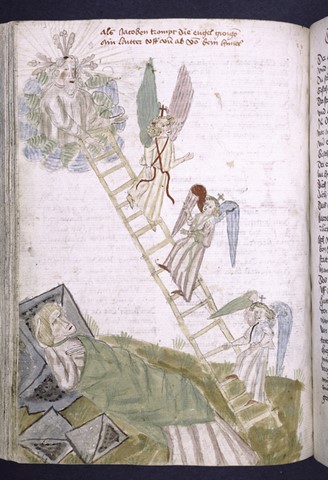

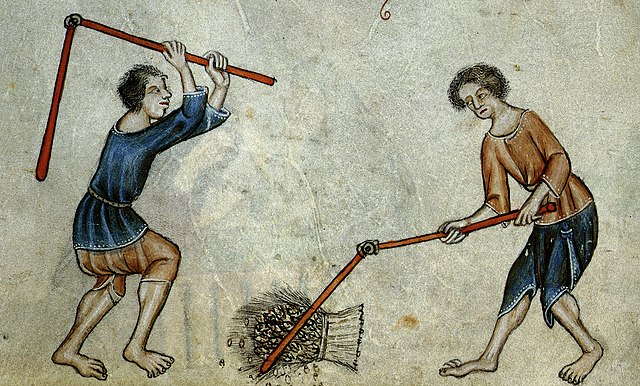
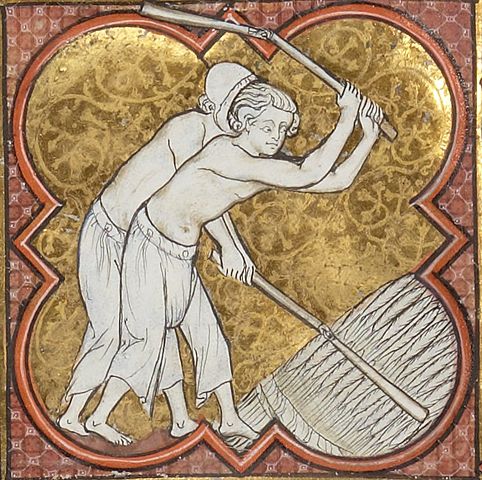


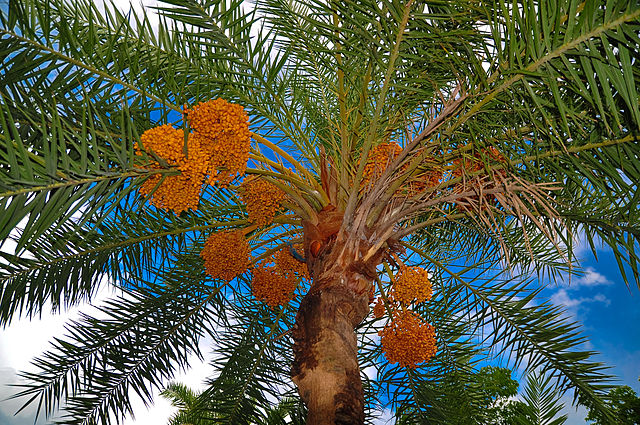

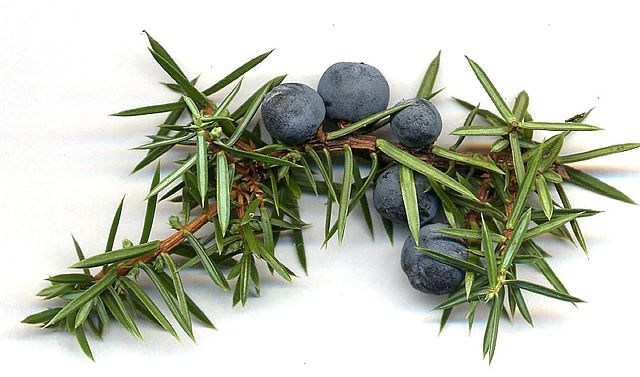
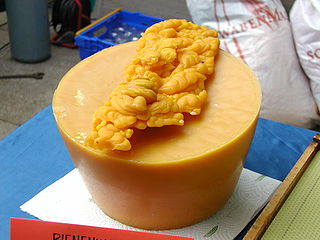


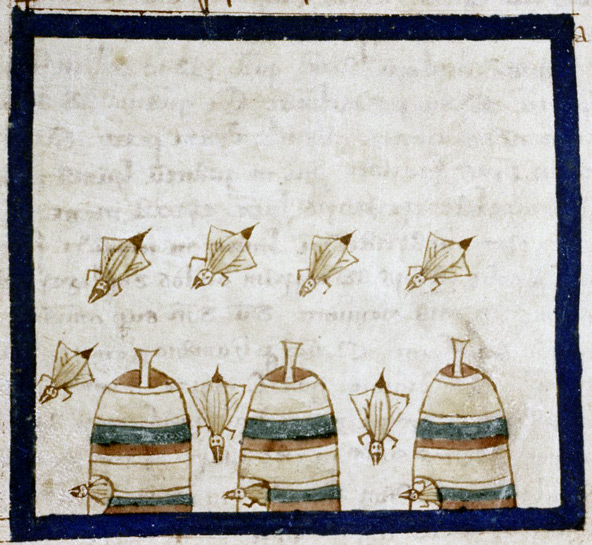
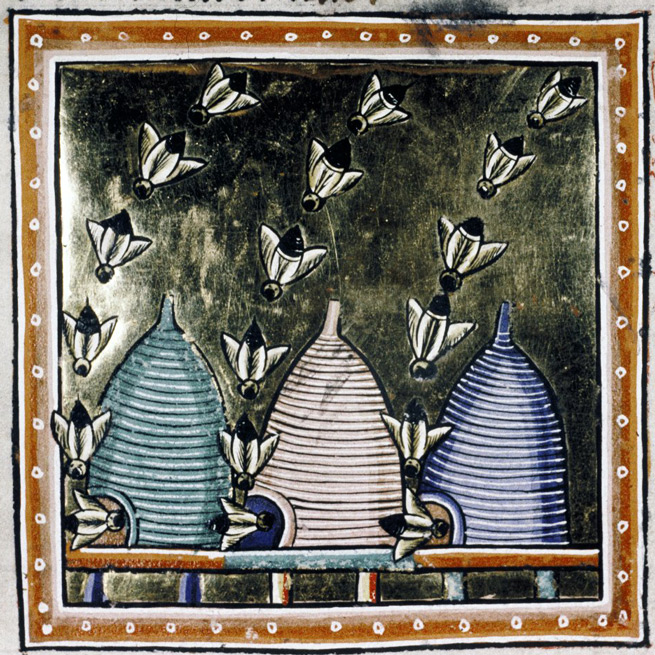
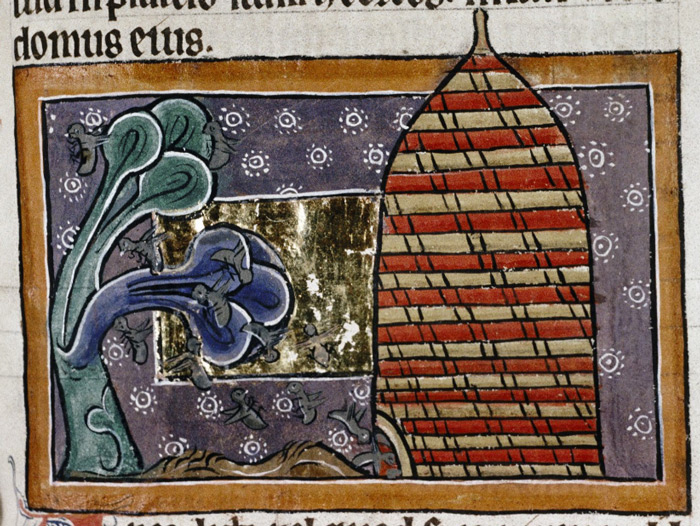

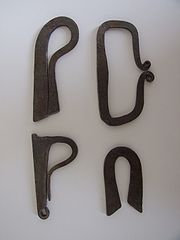

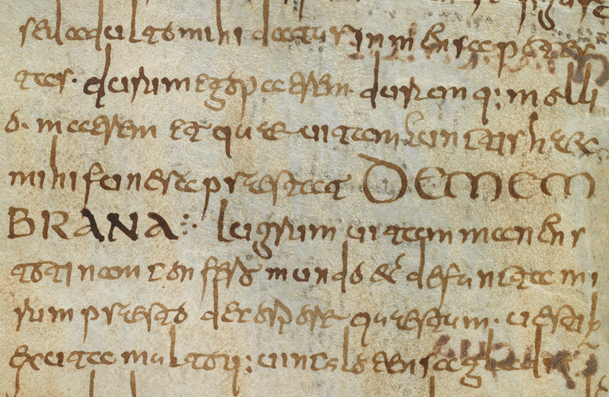
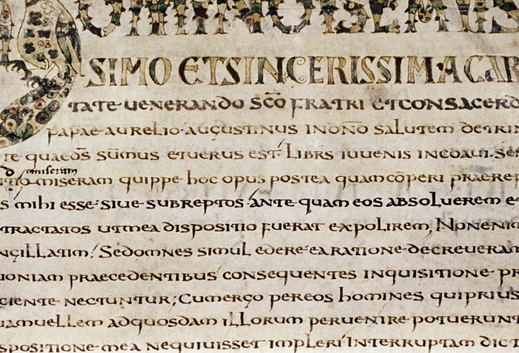
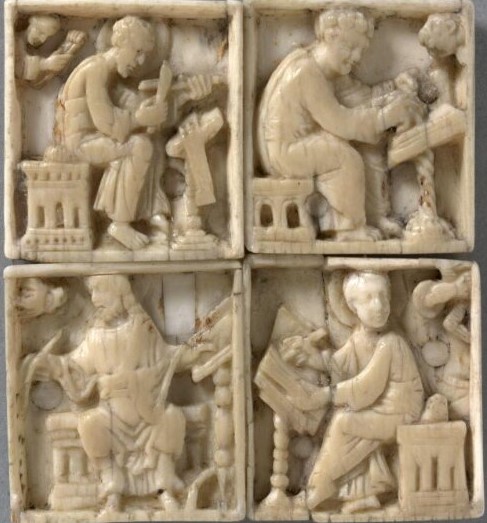
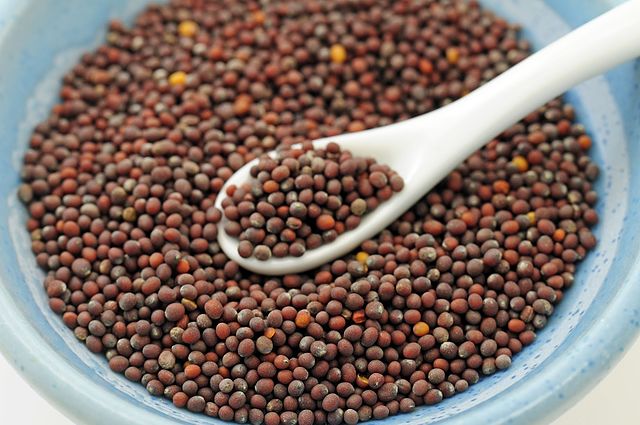

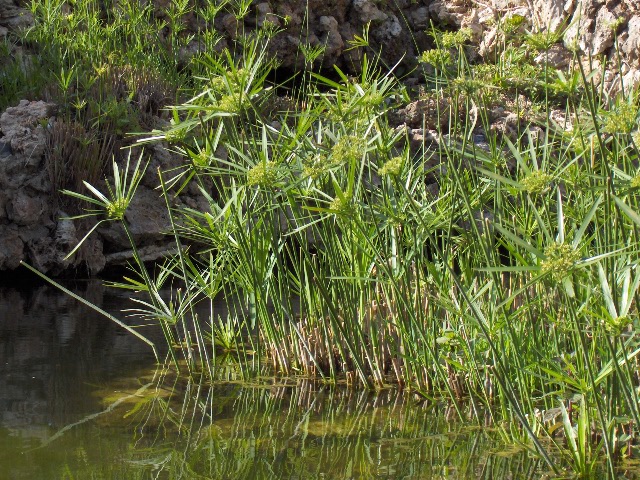
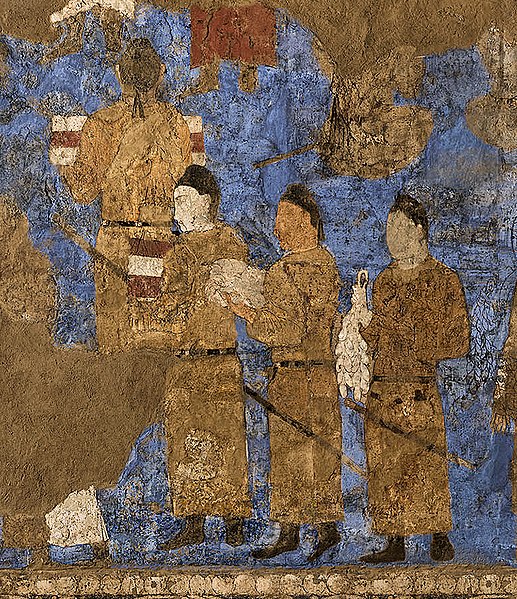
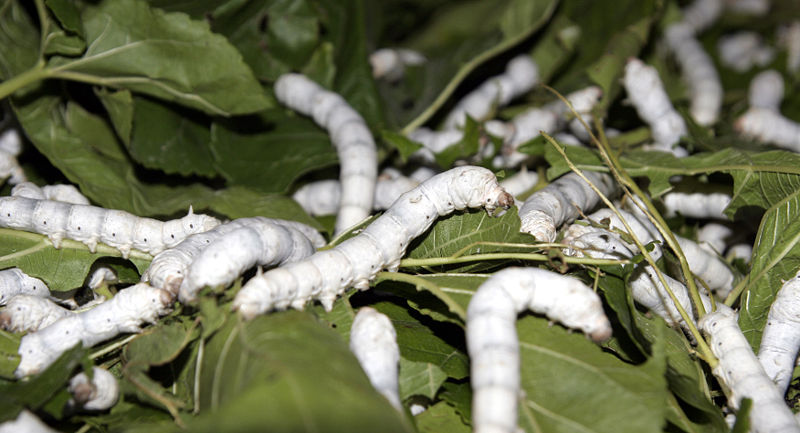


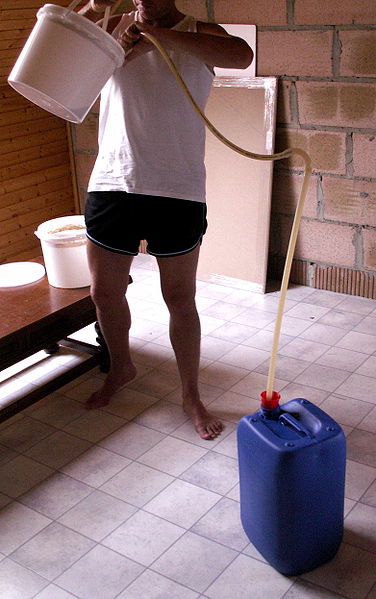
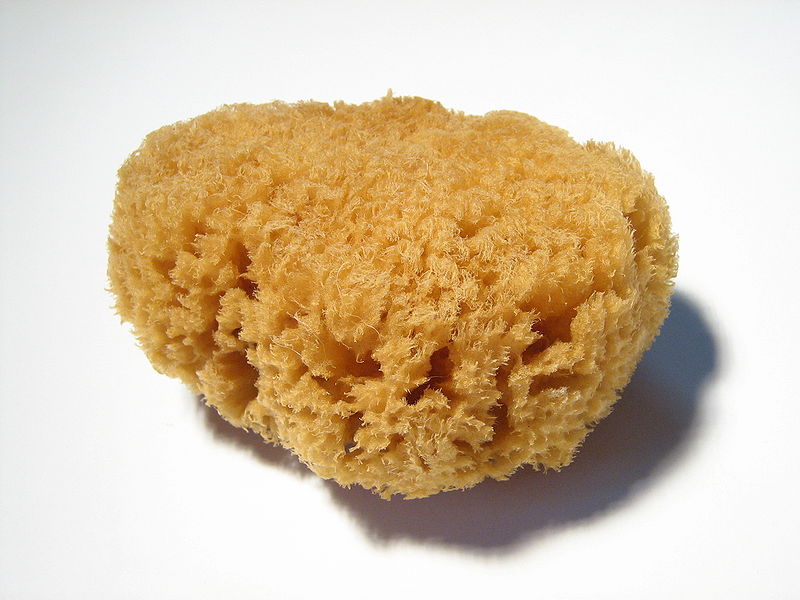
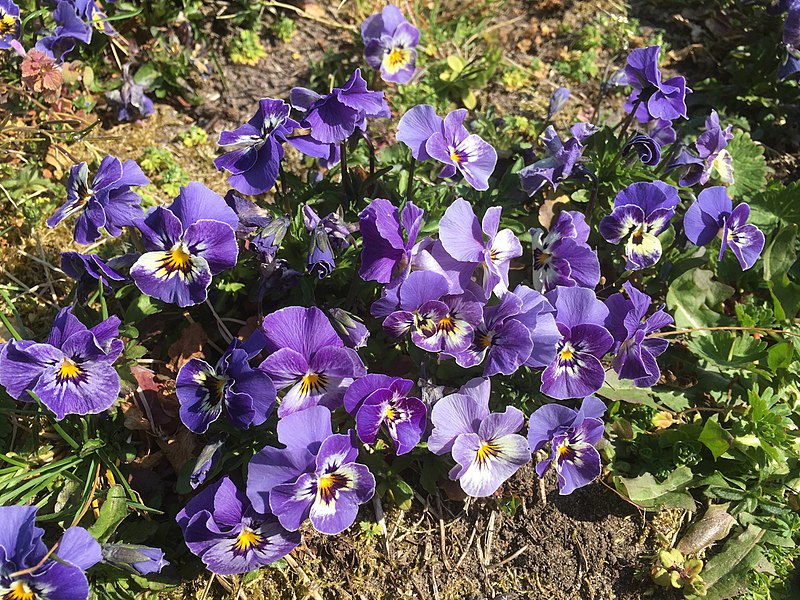
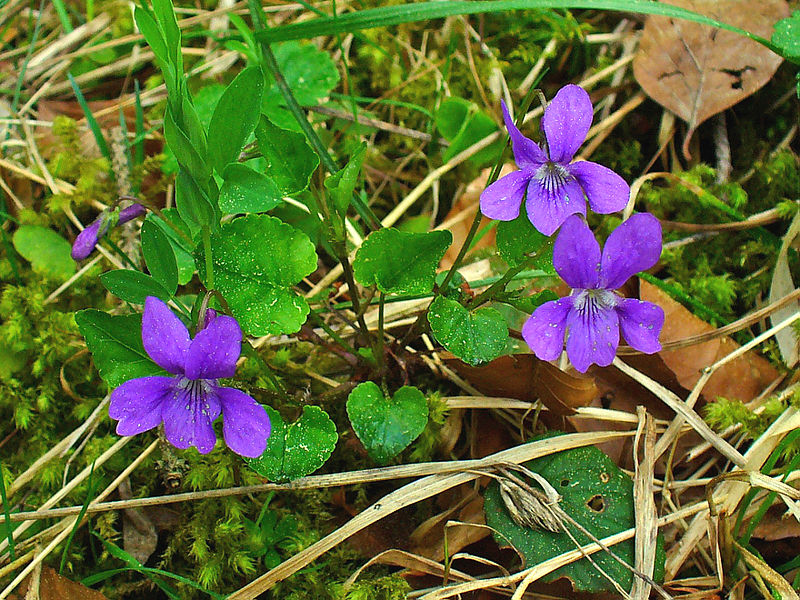
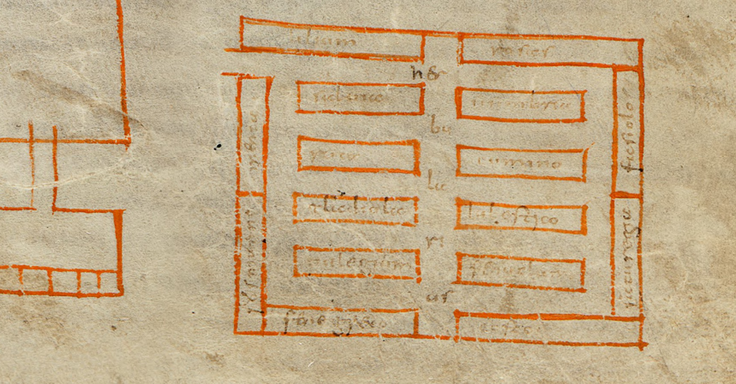
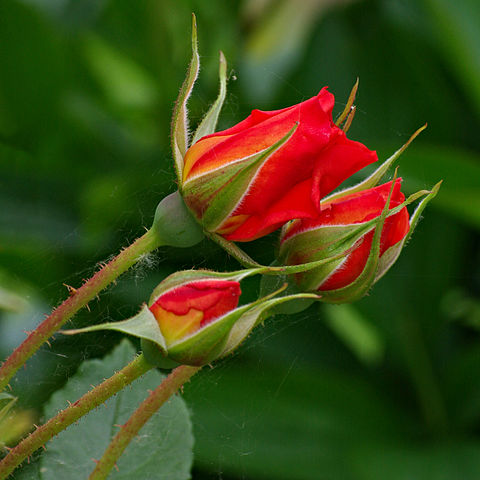
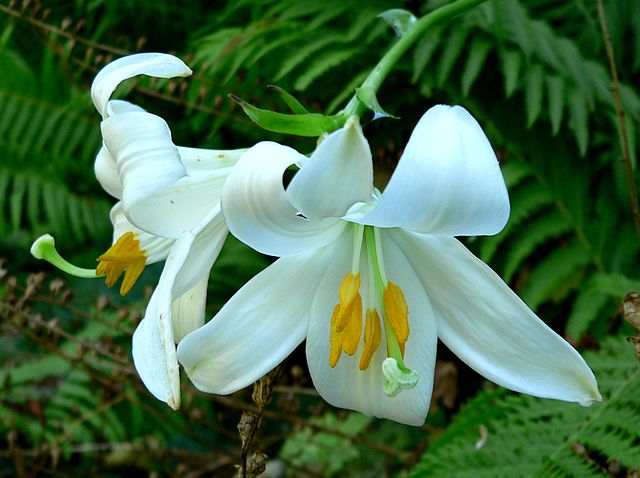
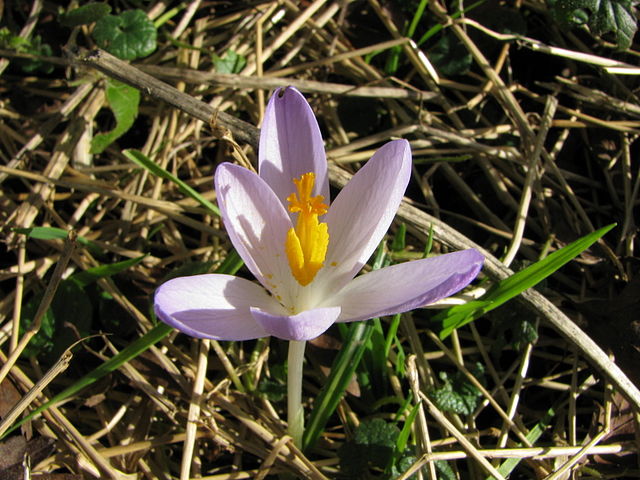
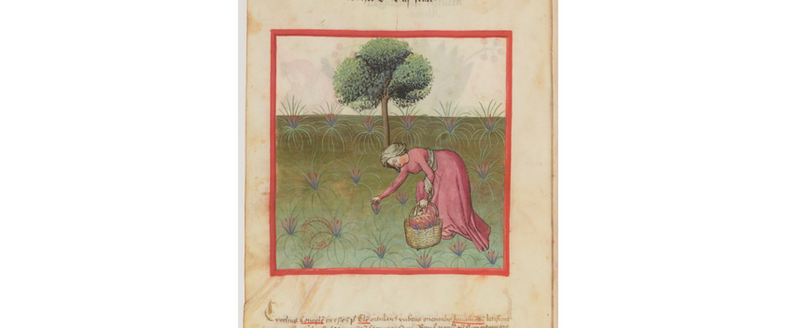




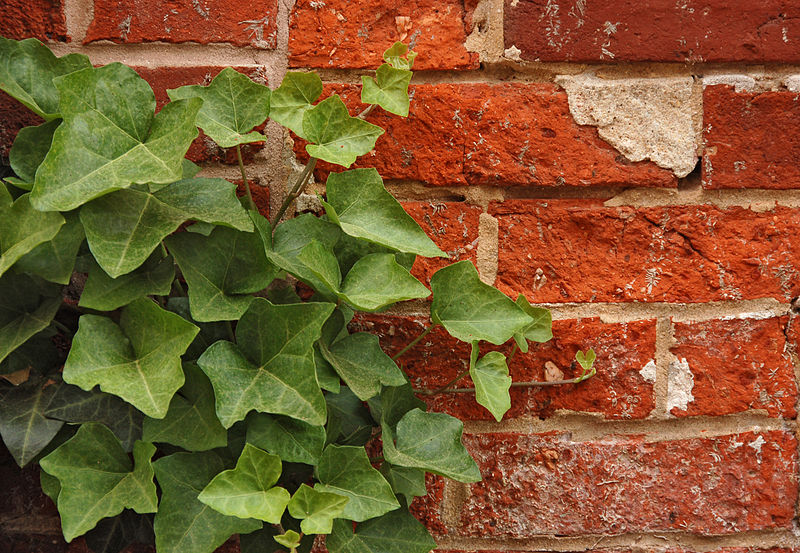
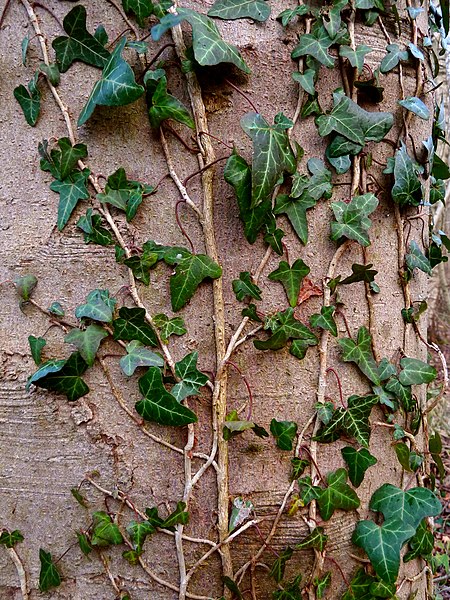
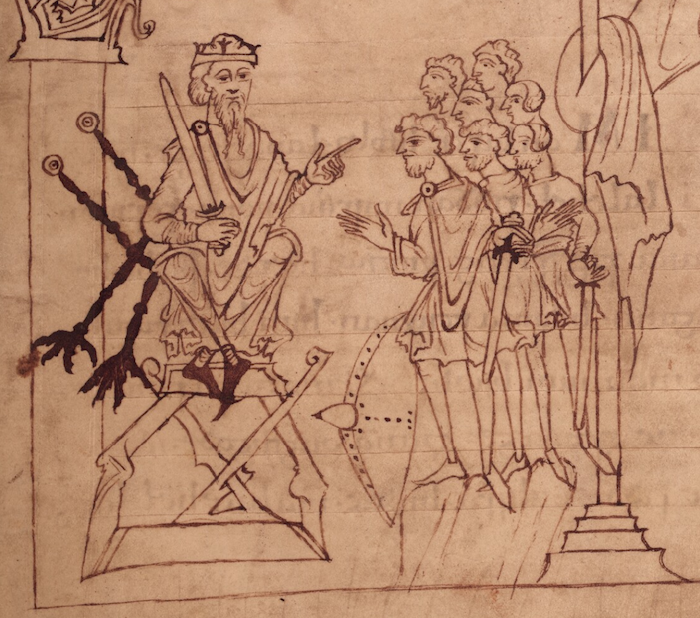

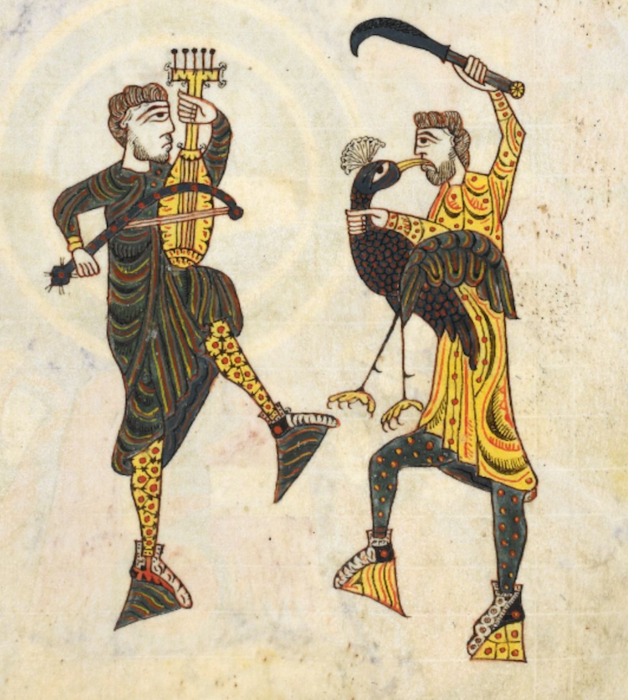
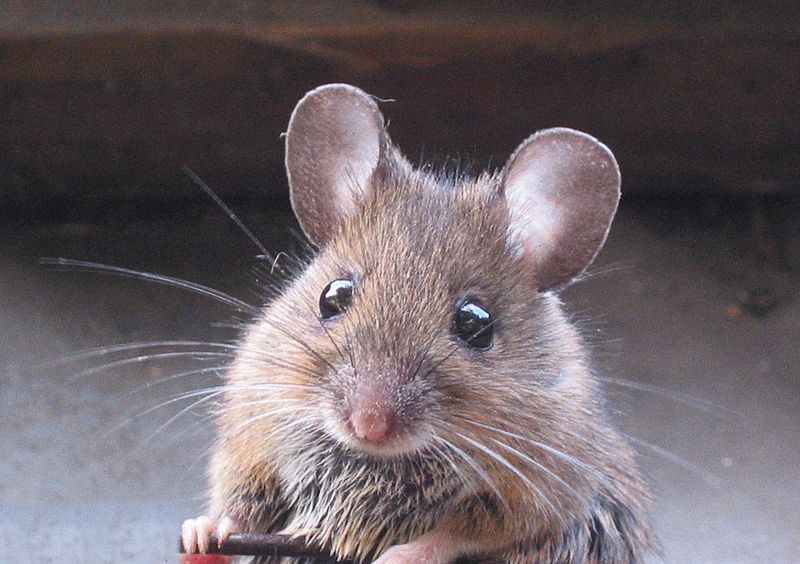


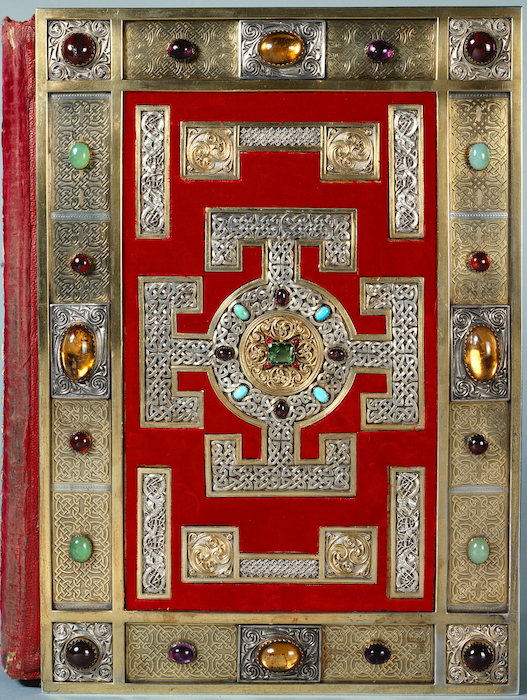

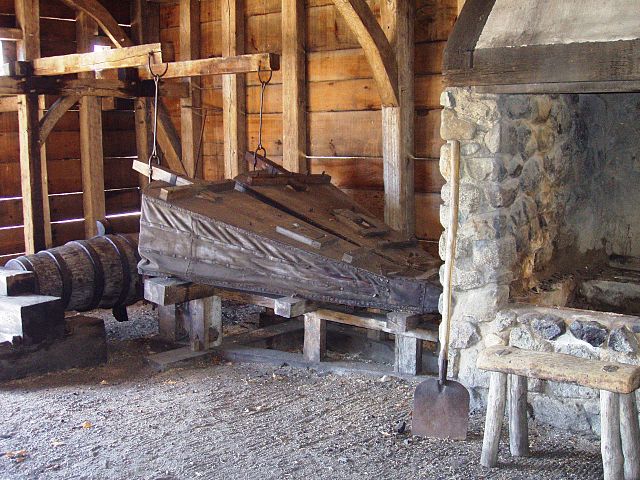
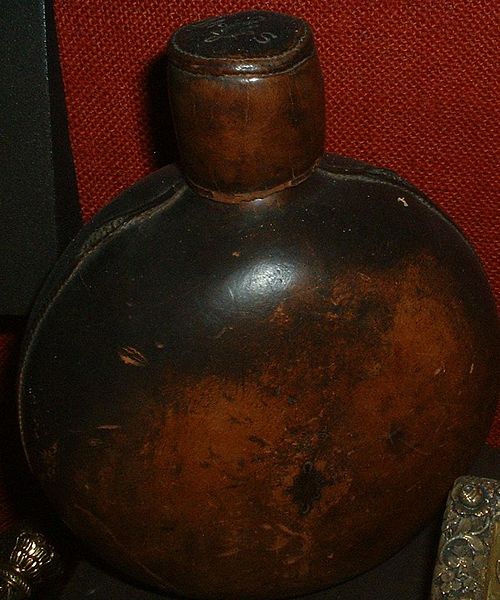
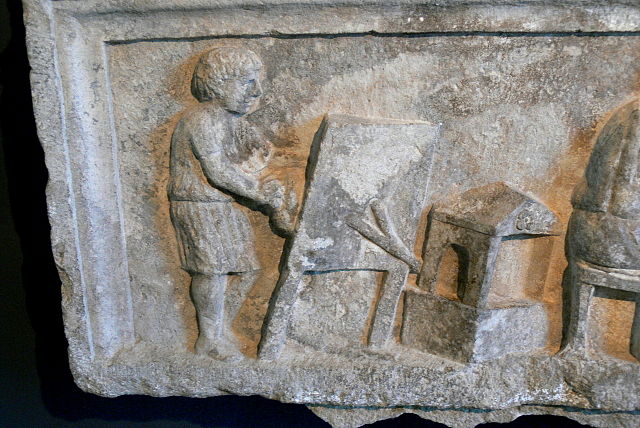
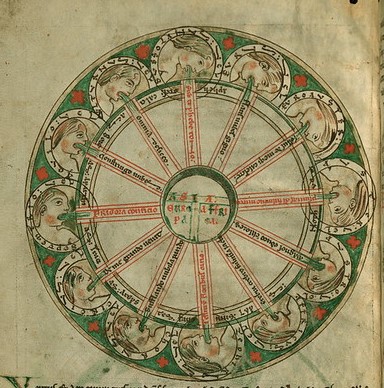


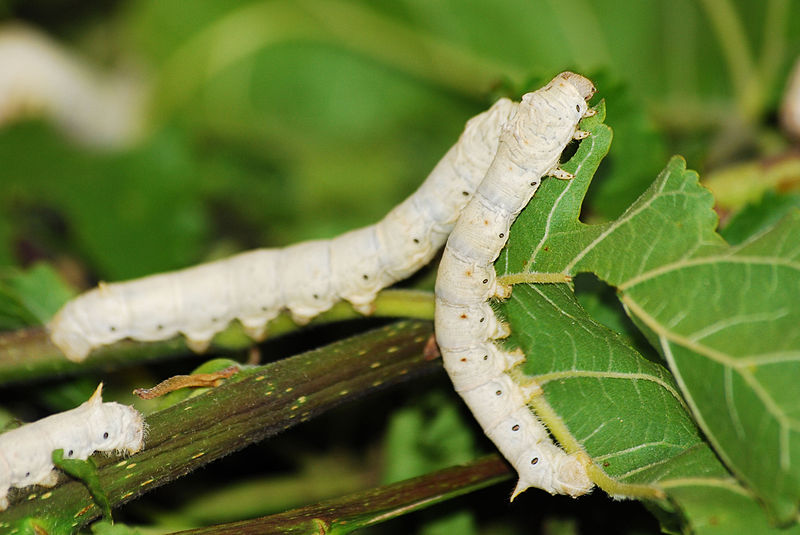
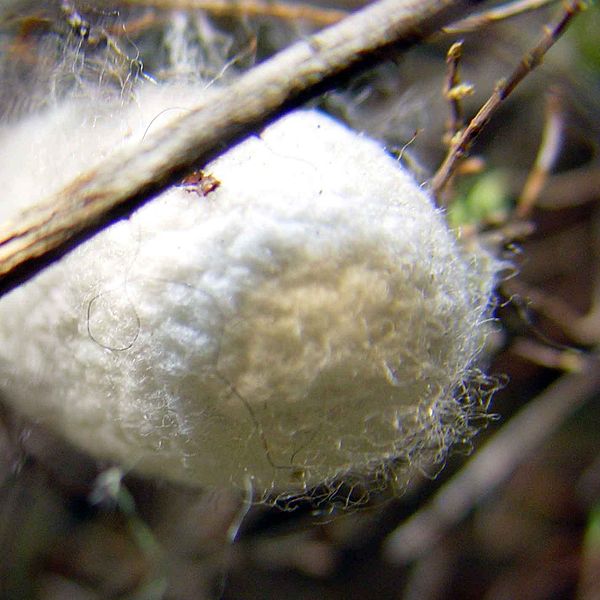
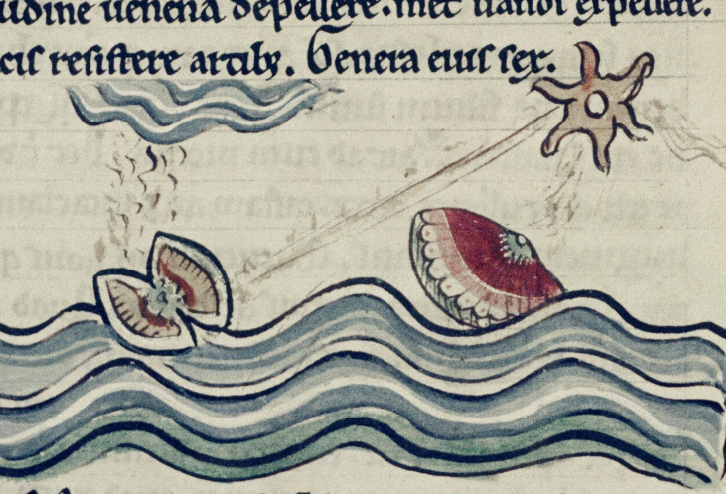
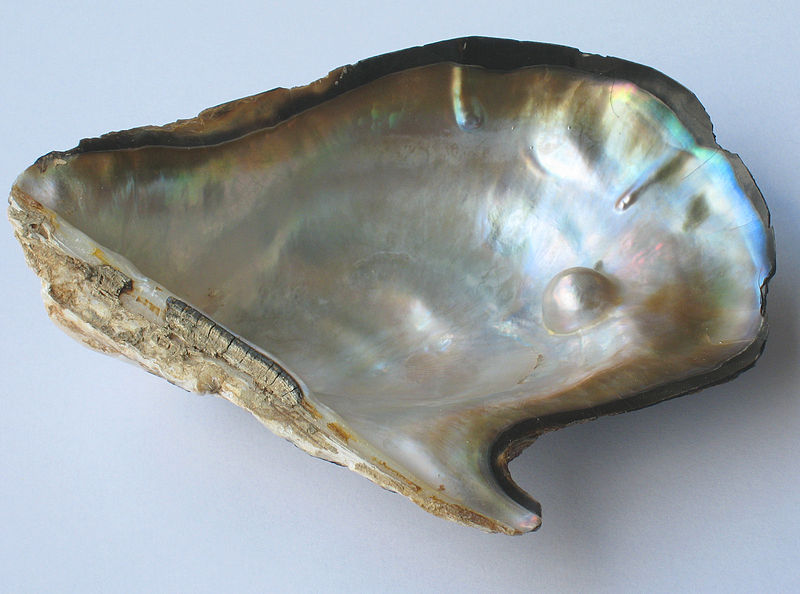

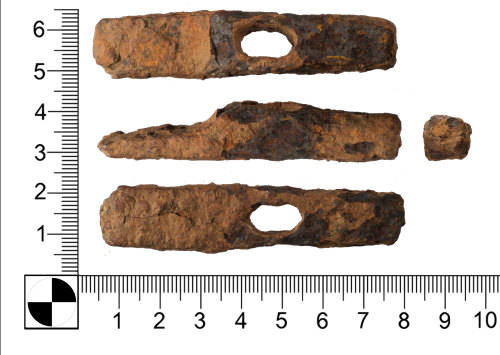

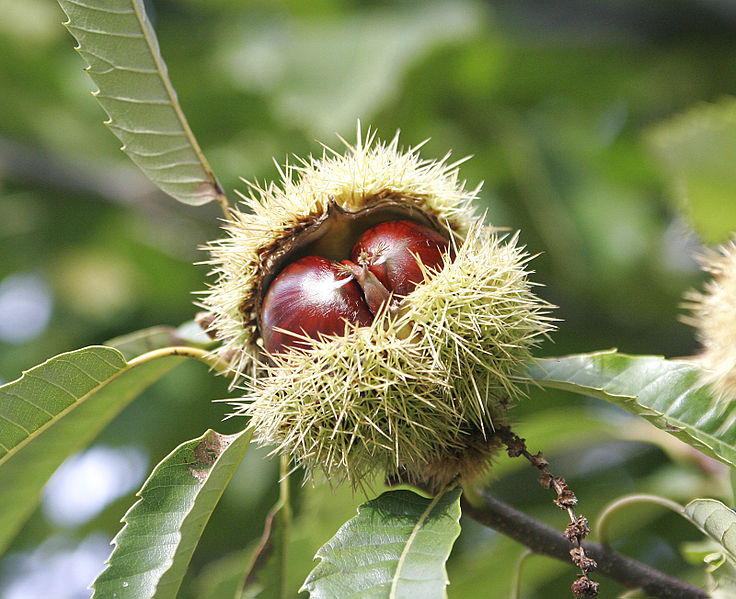
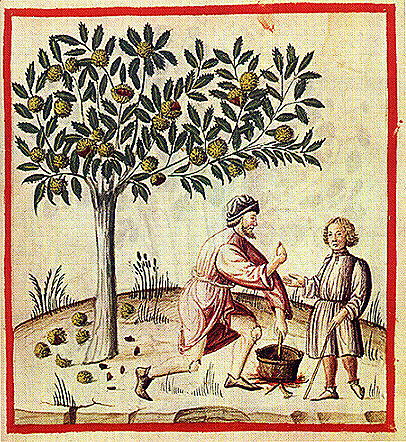
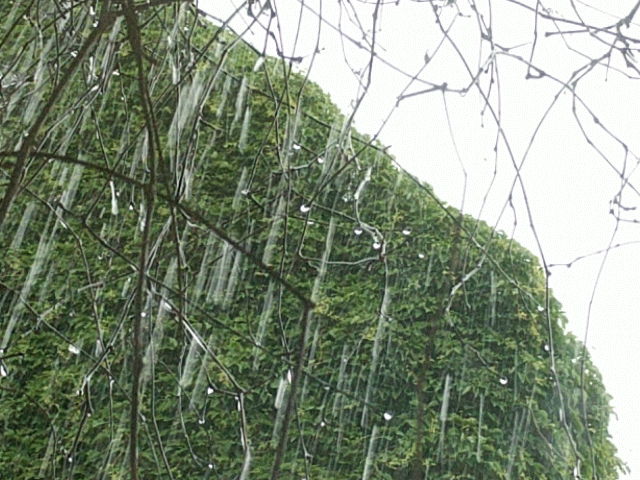

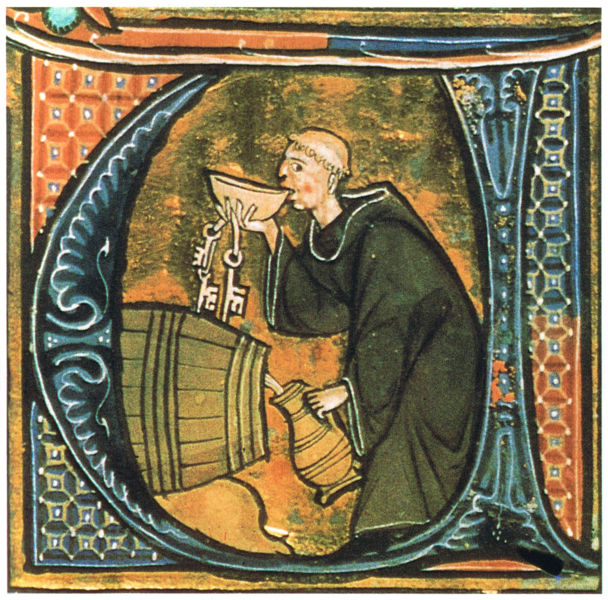
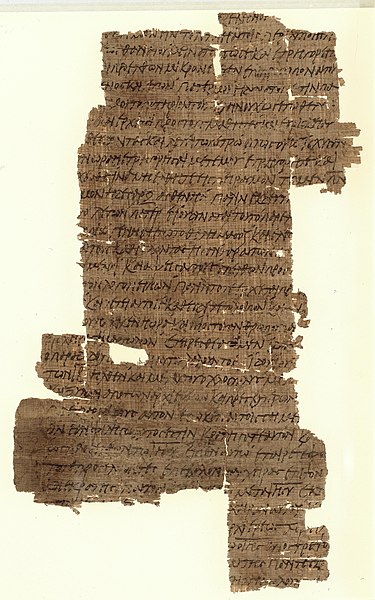
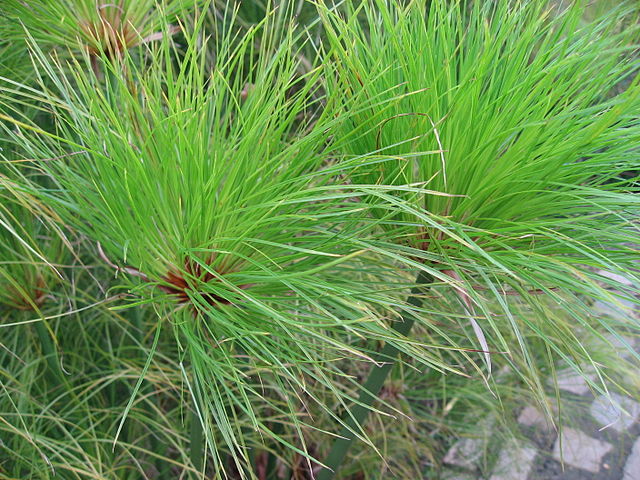

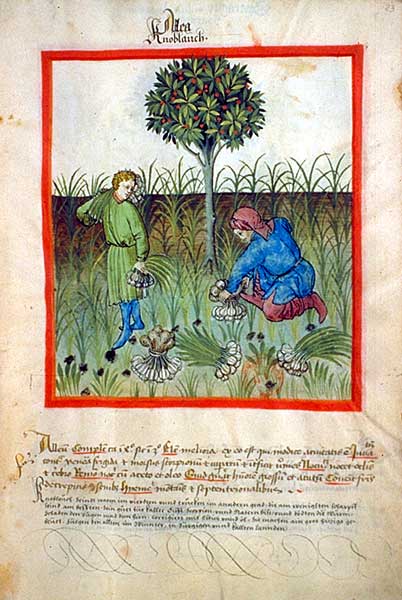

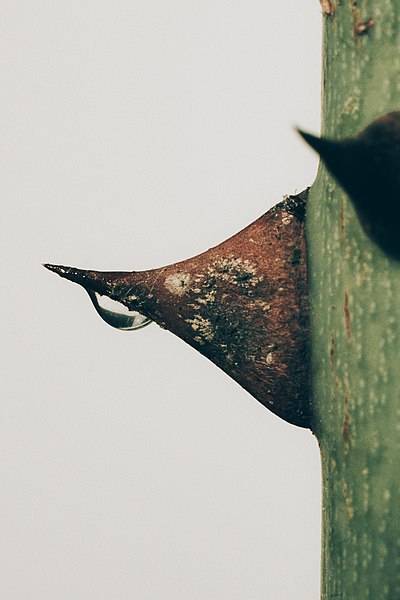

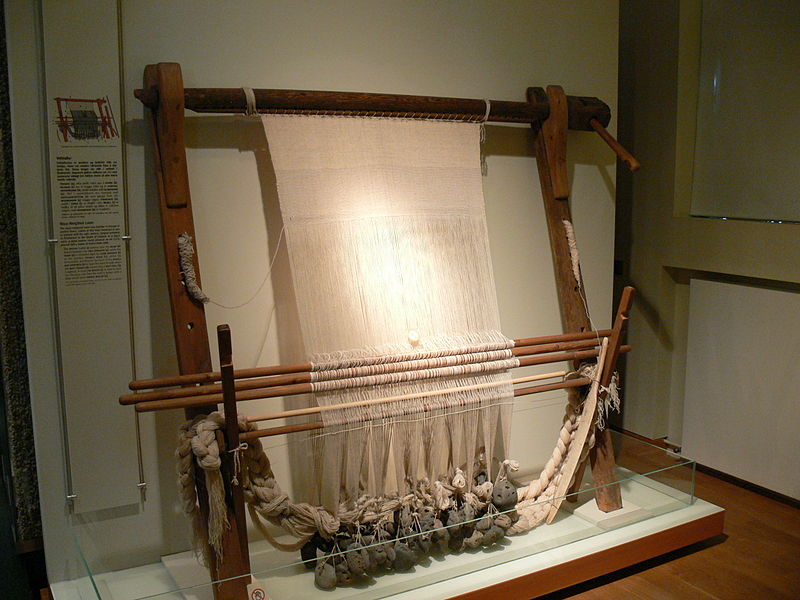
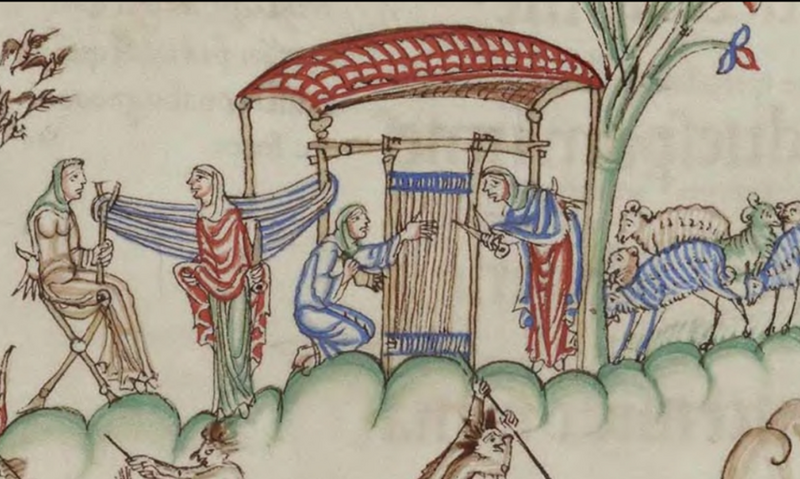



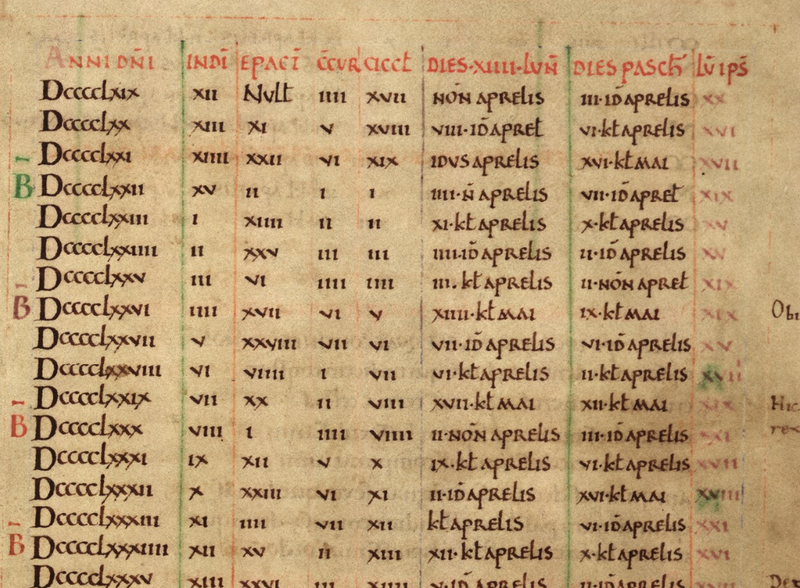
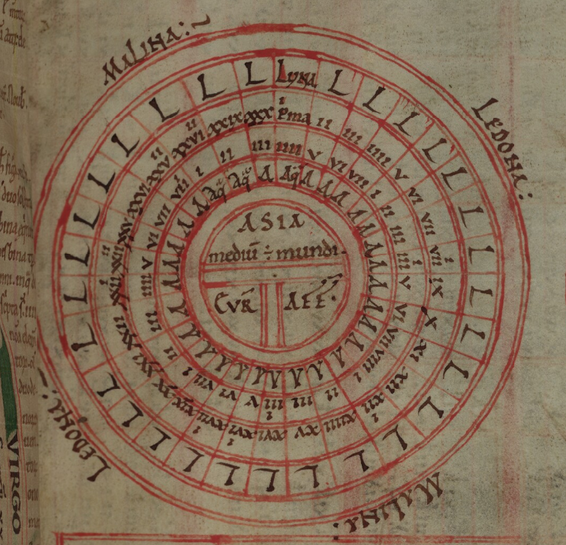


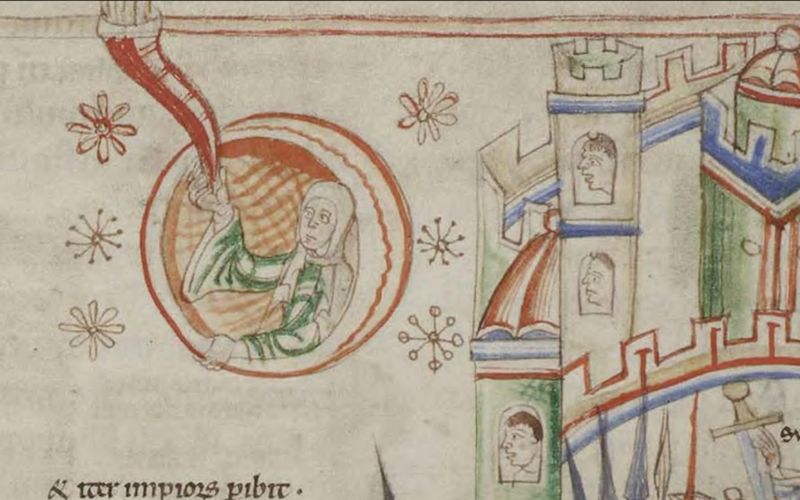
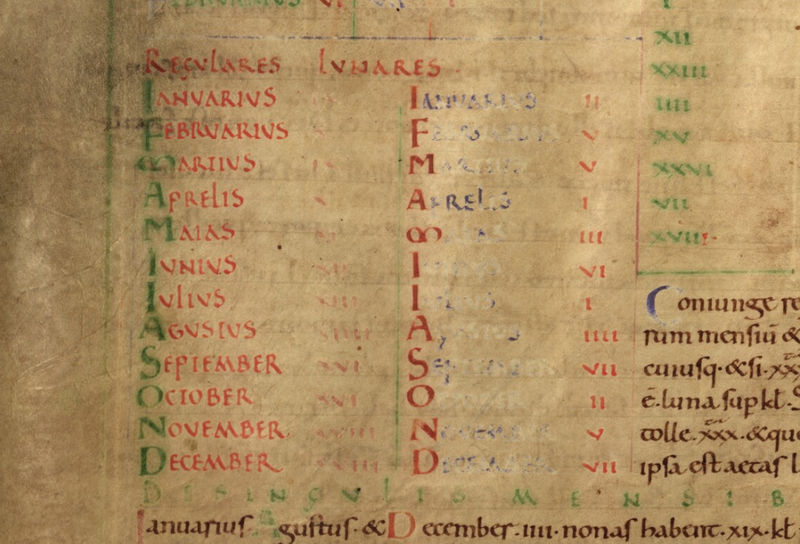
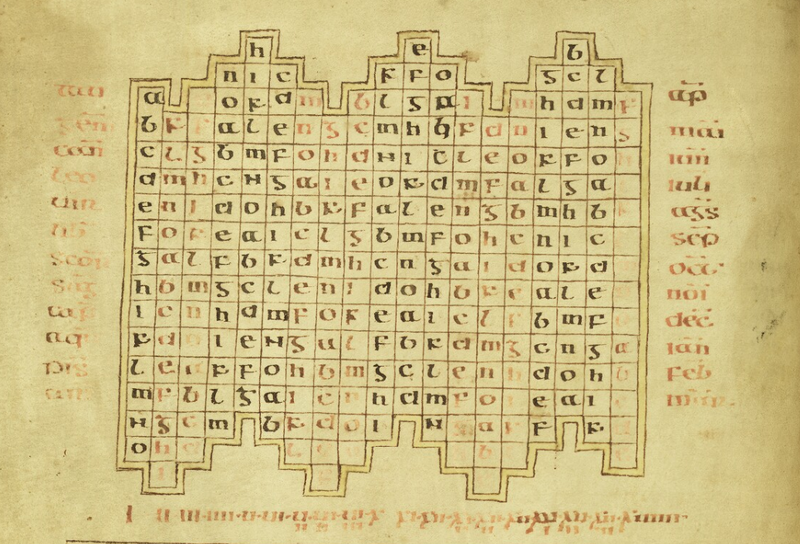
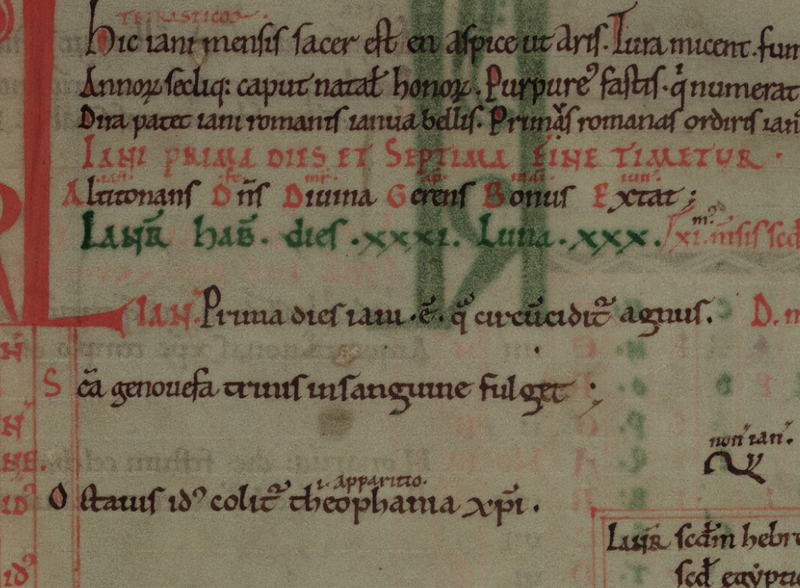





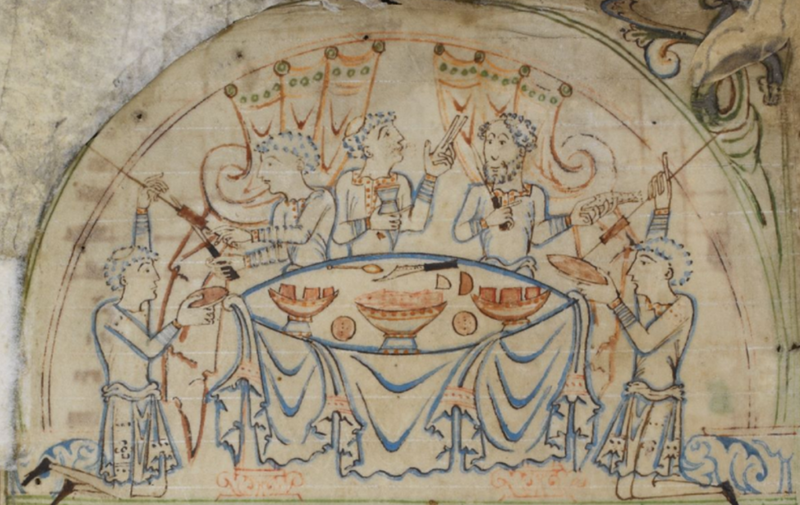
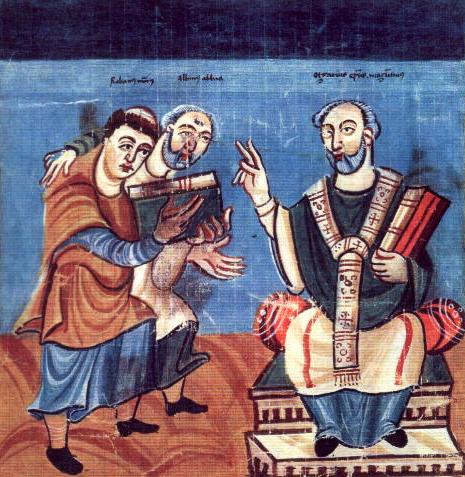




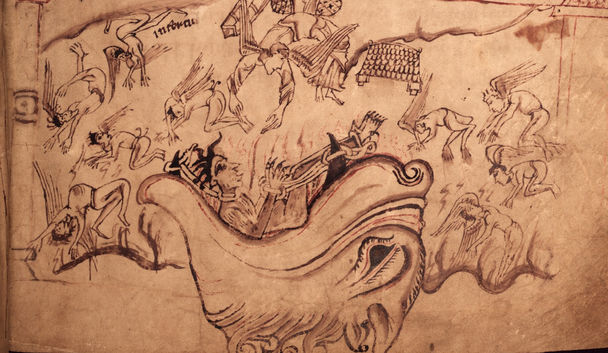



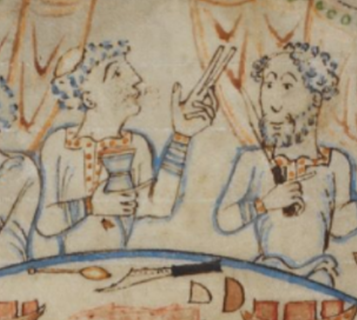
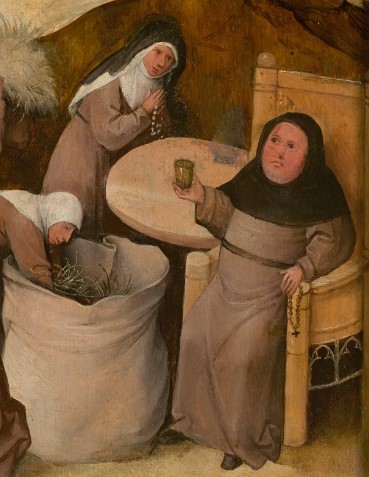



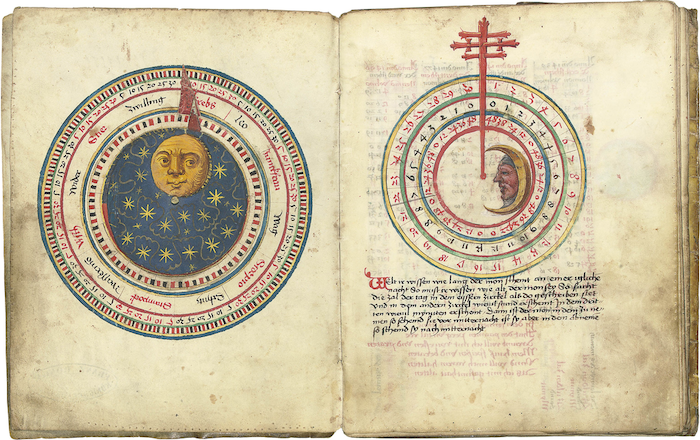

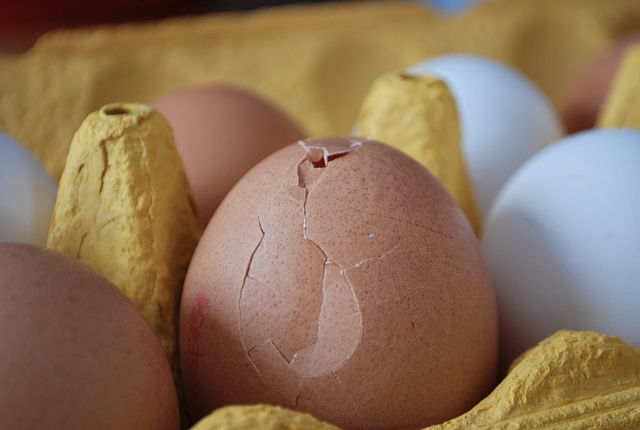

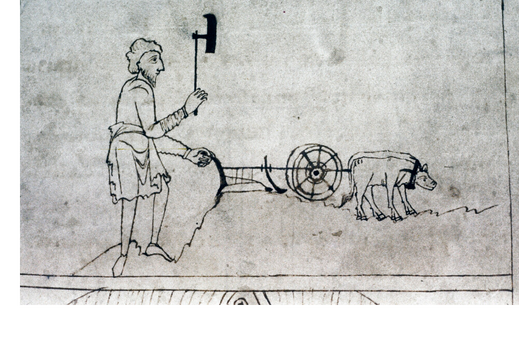
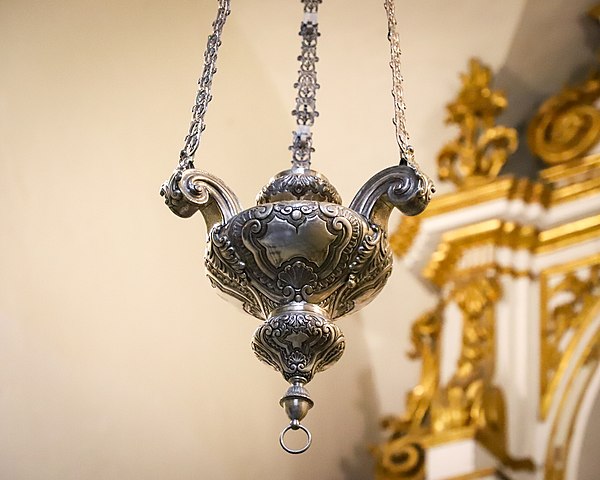
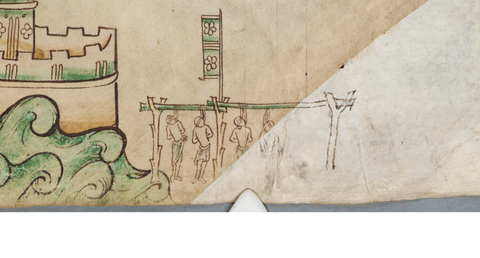
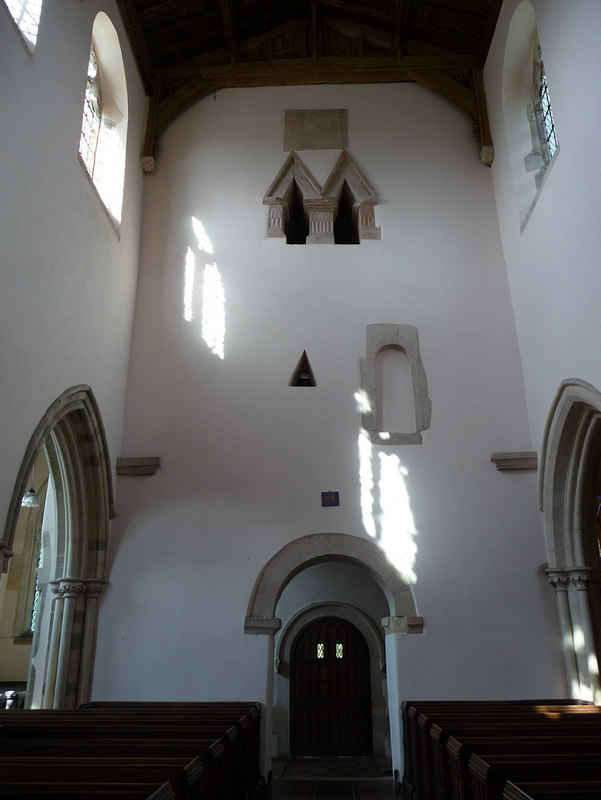
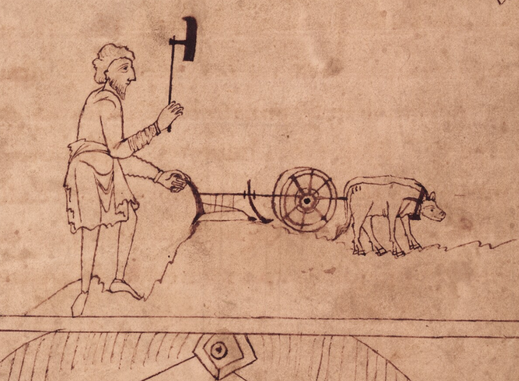
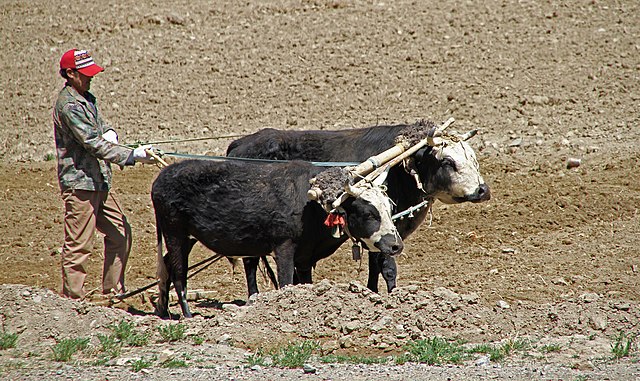

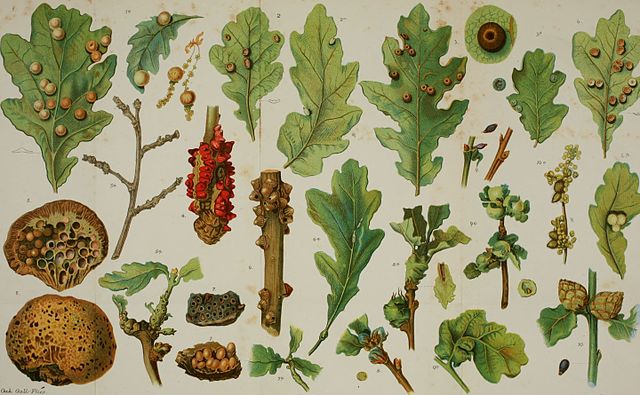
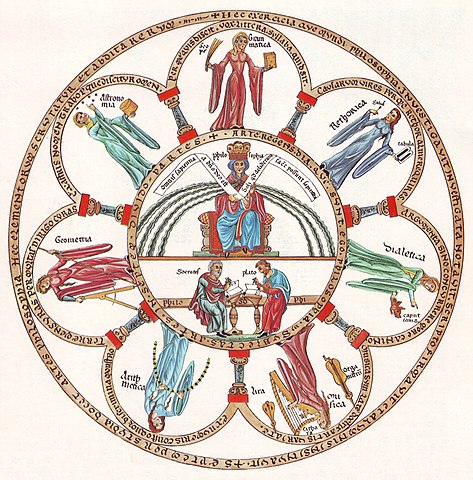
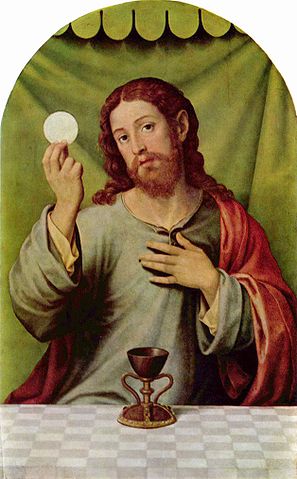
Commentary for Exeter Riddle 88
MEGANCAVELL
Date: Thu 19 Dec 2019Matching Riddle: Exeter Riddle 88
Matching Riddle: Aldhelm Riddle 88: Basiliscus
Matching Riddle: Symphosius Riddle 88: Strigilis aenea
A special holiday treat for you: two posts on the same day! Denis Ferhatović of Connecticut College returns with this commentary on the most fabulous Riddle 88. Enjoy!:
Photo (by Mehmet Karatay) from Wikimedia Commons (licence: CC BY-SA 3.0).
Thank you, Megan, for giving me an opportunity to try out one of my favorite genres, translator’s note, and combine it with scholarly commentary.
I will begin with a quotation from a poem by Nahir Otaño Gracia, “¡Si es tuyo, es mío! / Old English is mine!” Although Otaño Gracia and I have different marginalizations, like her, I claim the vernacular of early medieval England as mine. This past summer, as I sat down in a train that would take me from Manchester Airport to Leeds for the International Medieval Congress, I noticed a sign nearby. It explained how to obtain a luggage cart in two languages and scripts, English in the Roman alphabet, and Urdu in the Perso-Arabic alphabet.
Later on the train, a young heterosexual couple with a child sat next to me. The little one pointed to a herd of ungulates [i.e. hoofed mammals] on a field outside, exclaiming the word “horse” in Polish, which I recognized because of its similarity to the same word in my native language. England is, and has always been, multilingual and multicultural. This is also true for the time that produced the Exeter Book riddles: Riddle 90 is in Latin rather than Old English; runes give Riddles 19, 24, 64, and 75 one more layer to decode; Welsh characters appear in Riddles 12 and 52 (for more, see the work of Lindy Brady in the reading list below).
Anyone glancing at my Modern English translation of Riddle 88 will notice two lines in Spanish. Let me explain my decision to include them. You might remember the scandal that Seamus Heaney caused when he incorporated a small but prominent number of Irish and Hiberno-English words in his masterful translation of Beowulf. I, too, wish to underline potential postcolonial resonances of the poem that I am translating – that is, its ability to speak to complex histories of conquest, colonization, and cross-cultural exchange, of its immediate time and our own. I, too, seek to distinguish my English from the dominant mode of the language. Aware of the aesthetic and political stakes of inter/intralingual transfer, I choose not to be invisible as a translator.
Marginal voices and perspectives surface in the Exeter riddles, hidden in the startling speeches and descriptions of everyday things and creatures. Edward B. Irving, Jr. argues that the riddles often complicate the epic mode by expressing what is usually unexpressed in poems like Beowulf, the point of view of the small and the weak, the oppressed and the frightened. Jennifer Neville finds the possibility of social critique and Derridean deconstruction avant la lettre [before the term existed] in the corpus. When we read the lines Nis min broþor her (my brother is not here, line 20) and ne wat hwær min broþor/… eardian sceal (I do not know where my brother…/ must dwell, lines 23-24), I think that we are meant to hear more than the lament of an antler-turned-inkhorn for his twin.
Broþor, according to the Dictionary of Old English (DOE), has several related shades of meanings, much like its modern descendent, familial, religious, and affectionate. If I read like a bædling (“sexual deviant”), I could recover a queer charge to the antler/inkhorn’s longing: momentarily revealed in the middle of the details dealing with the process of crafting the object is a lament for a kinsman, fellow monk, or male friend; hidden in that lament might be an erotic yearning of a man for another man, an expression of non-normative desire (for more on reading as a bædling, see Vaccaro’s forthcoming book). The speaker of Riddle 88 lost his brother who may be in a precarious situation somewhere. So many enigmas and other poems from the Exeter Book, including the Wanderer and Wife’s Lament, speak of the pain and, less often, consolation of exiles. My decision to translate lines 20 and 23-24 into Spanish comes from hearing a(n im)migrant or a refugee voice in the Old English and desiring to amplify it as such in the midst of the American English I use in this historical moment. And yet the statements do not come from a real person; they are stylized and embedded in an intellectual, poetic exercise about a piece of now-obsolete technology. If you want to hear from actual refugees, talk to them.
The DOE (see under ānga) echoes Craig Williamson (page 381) in calling lines 17 and 18 “hyperbolic and metaphoric.” Both sources also offer less literal renditions, but I perceive in the speaker’s assumption of humanness and assertion of utter loneliness an apocalyptic quality, convincing because the loss of a loved one can feel like the loss of the entire humankind.
“Bordes on ende” (lines 20, 21) fascinated me as a phrase; I aimed to render it with as much of its polysemy [i.e. multiplicity of meaning] as possible. The DOE gives “shield” and “table” for bord, and speculates that the word in that particular phrase in Riddle 88 may play on borda, “ornamental border.” Ende can have the sense of “remotest limit, border” (DOE, sense A.1.a), which works well with my (im)migrant reading. In any case, this enigma suggests a number of liminal positions, some of them central to textual production.
Now on to some other traductorial decisions. The poem is a fragment because of the damage to the manuscript at its beginning and end. I foreground the physical state of the text by keeping the ellipses (as presented by the editors Krapp and Dobbie) in my version. I leave the bits that cannot be parsed in Old English, typographically enshrining them to challenge our attempts at interpretation.
Since eardian, “to dwell,” and its noun form eard seem crucial to Riddle 88 (appearing in lines 10, 24, 25), I consistently translate them as “shelter” to capture an important thematic thread in the poem.
I read humor in lines 27-28. The stag is not a particularly fearsome beast in Old English literature. In a memorable passage of Beowulf, the narrator says that a deer pursued by hounds would rather perish on the shores of Grendel’s mere than venture inside (lines 1368-72). The Danish royal hall in that poem, Heorot gets its name from the animal because its gables look like antlers. Heor(o)tes horn, “hart’s horn, i.e., antler” and blæc-horn, “inkhorn” would be the solutions of Riddle 88 in its language. [SPOILER ALERT!] Riddle 93 has the same solution, and the Exeter Book features at least one more horn enigma, Riddle 14.
Williamson points out that unsceafta (line 29) literally means “uncreations” and figuratively “monsters” (page 382); I translate as “degenerates.” The reference is either to the tools carving a hole in the antler to create the inkhorn or the writing quills dipping inside the inkhorn to absorb the ink (as above). The word unsceafta sounds etymologically transparent – its constituent parts un– and –sceafta seem instantly understandable in Old English – in a way that monsters would not be in Modern English. Coming from the speaker, this powerful term maintains a rather different point of view for things typically considered useful, whether horn-working tools or writing utensils. The antler/inkhorn’s pain qualifies the redemptive message at the end of Riddle 88 (as it survives today). The speaker’s suffering facilitates human salvation because it holds ink for copied-out words of the Biblical Scriptures or other religious text, but, even if for a moment, our benefit does not automatically redeem its pain.
The speaker uses throughout the dual form of the first person pronoun – wit in the nominative case (i.e. for the subject of the sentence), uncre genitive (for the possessive), unc accusative (for the object). This is a special form used to refer to two persons or things (as opposed to the singular which deals with one and the plural with more than two), which has not survived into Modern English; I sometimes translate it as “we…both,” “we two,” and “the two of us” to keep the sense that though the antlers are separated in the world of the riddle, they remain together in the grammar.
Megan: And on that note of grammatical togetherness (love it!), we leave you now for a little holiday break. Look after each other out there and see you in the new year.
References and Suggested Reading:
Brady, Lindy. Writing the Welsh Borderlands in Anglo-Saxon England. Manchester: Manchester University Press, 2017.
Dictionary of Old English: A-I Online. Ed. by Antonette diPaolo Healey, Dorothy Haines, Joan Holland, David McDougall, and Ian McDougall, with Pauline Thompson and Nancy Speirs. Web interface by Peter Mielke and Xin Xiang. Toronto: Dictionary of Old English Project, 2018.
Fulk, R. D., Robert E. Bjork, and John D. Niles, eds. Klaeber’s Beowulf and the Fight at Finnsburg. 4th edition. Toronto: Toronto University Press, 2008.
Heaney, Seamus, trans. Beowulf. London: Faber and Faber, 1999.
Irving, Edward B., Jr. “Heroic Experience in the Old English Riddles.” In Old English Shorter Poems: Basic Readings. Edited by Katherine O’Brien O’Keeffe. New York: Garland, 1994, pages 199-212.
Krapp, George Philip, and Elliott van Kirk Dobbie, eds. The Exeter Book. New York: Columbia University Press, 1936.
Neville, Jennifer. “Speaking the Unspeakable: Appetite for Deconstruction in Exeter Book Riddle 12.” English Studies, volume 93 (2012), pages 519-28.
Otaño Gracia, Nahir. “Old English is Mine!” posted on Susan Signe Morrison’s blog, 6 October 2016. https://grendelsmotherthenovel.com/2016../../../riddles/post/old-english-is-mine-diversity-and-old-english/
Vaccaro, Christopher. Sadomasochistic Beowulf: Psychic and Somatic Dispersal in Old English Literature. Kalamazoo, MI: Medieval Institute Publications, forthcoming.
Williamson, Craig, ed. The Old English Riddles of the Exeter Book. Chapel Hill: University of North Caroline Press, 1977.
Tags: anglo saxon exeter book riddles old english solutions riddle 88 denis ferhatovic
Related Posts:
Commentary for Exeter Riddle 12
Commentary for Exeter Riddle 19
Commentary for Exeter Riddle 24
Commentary for Exeter Riddle 52
Commentary for Exeter Riddle 64
Commentary for Exeter Riddles 75 and 76